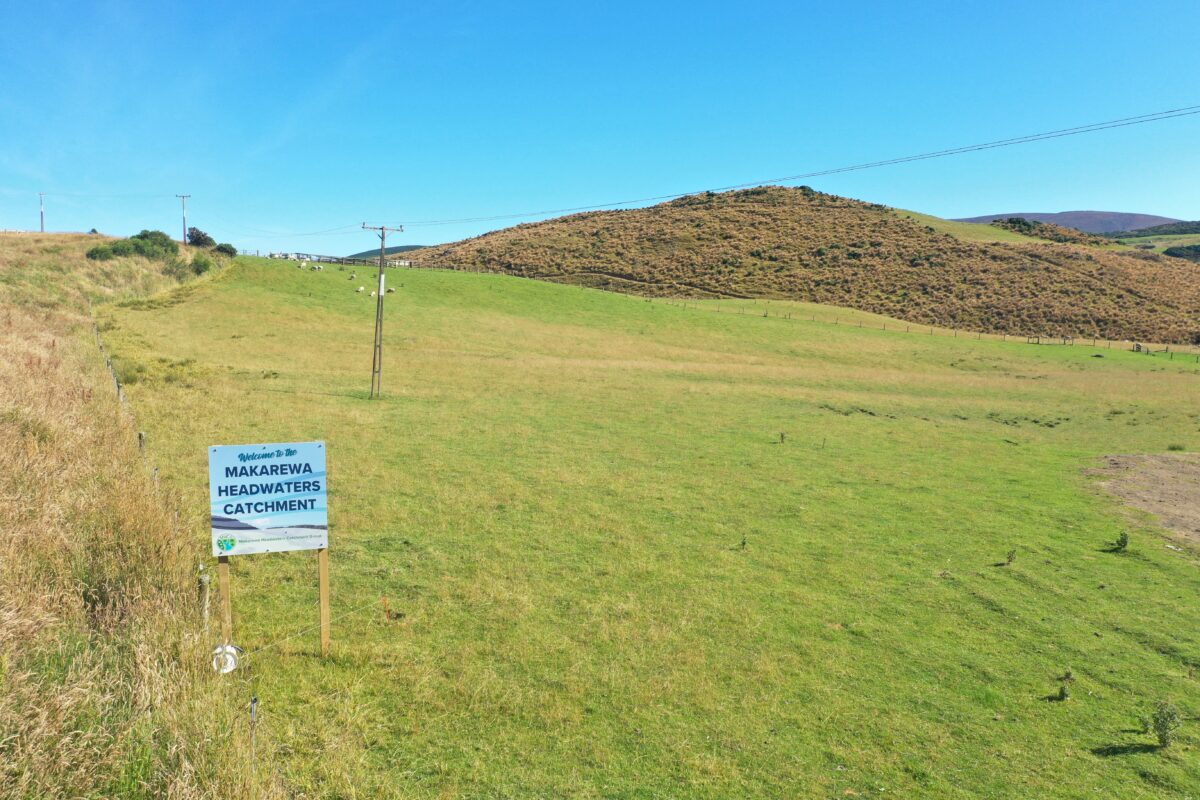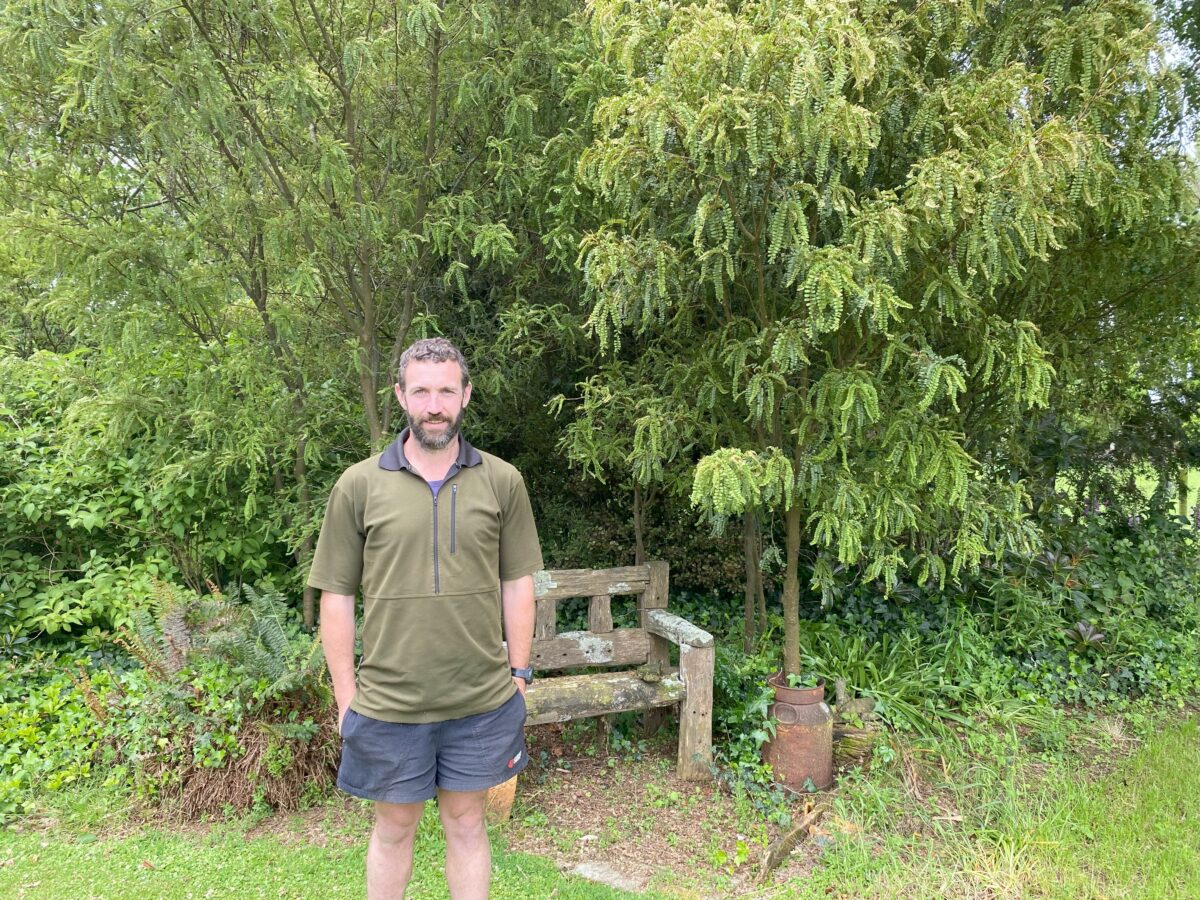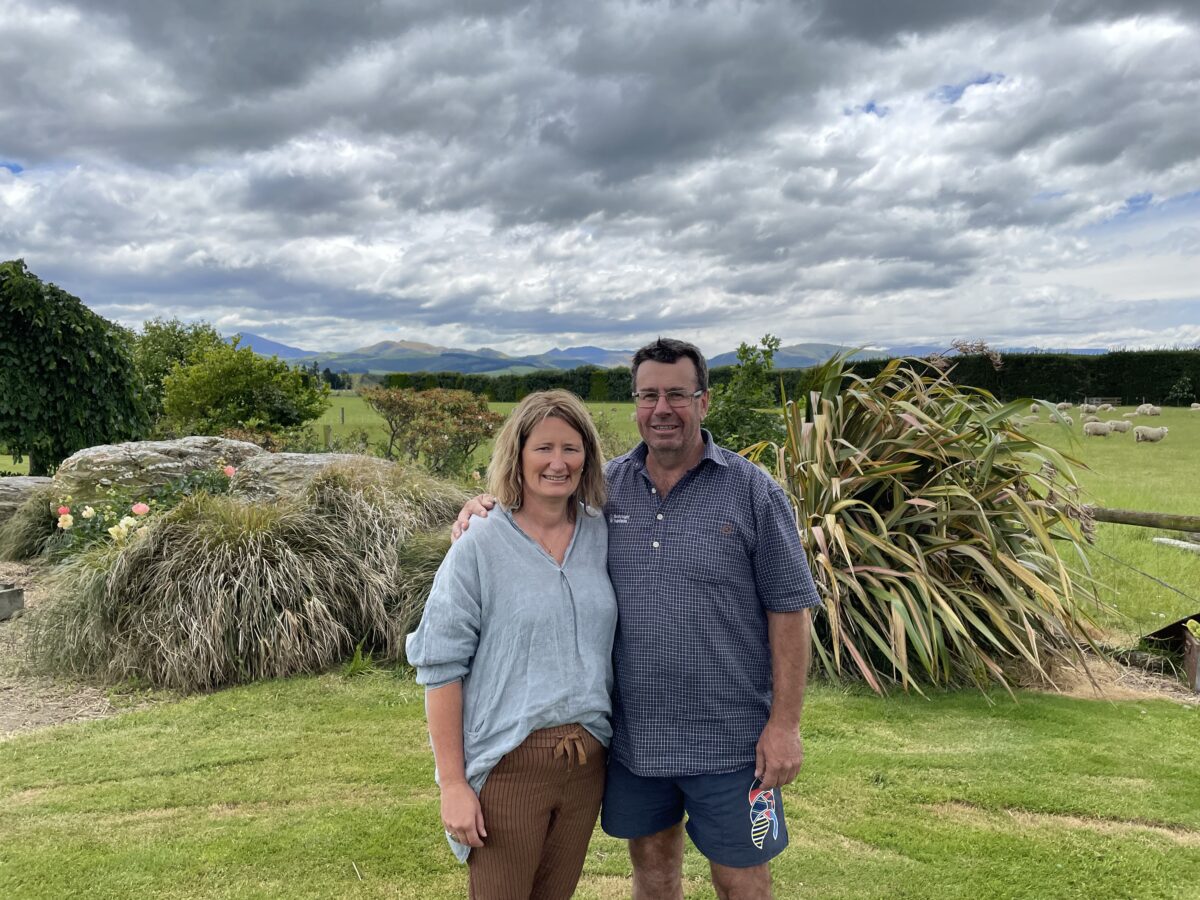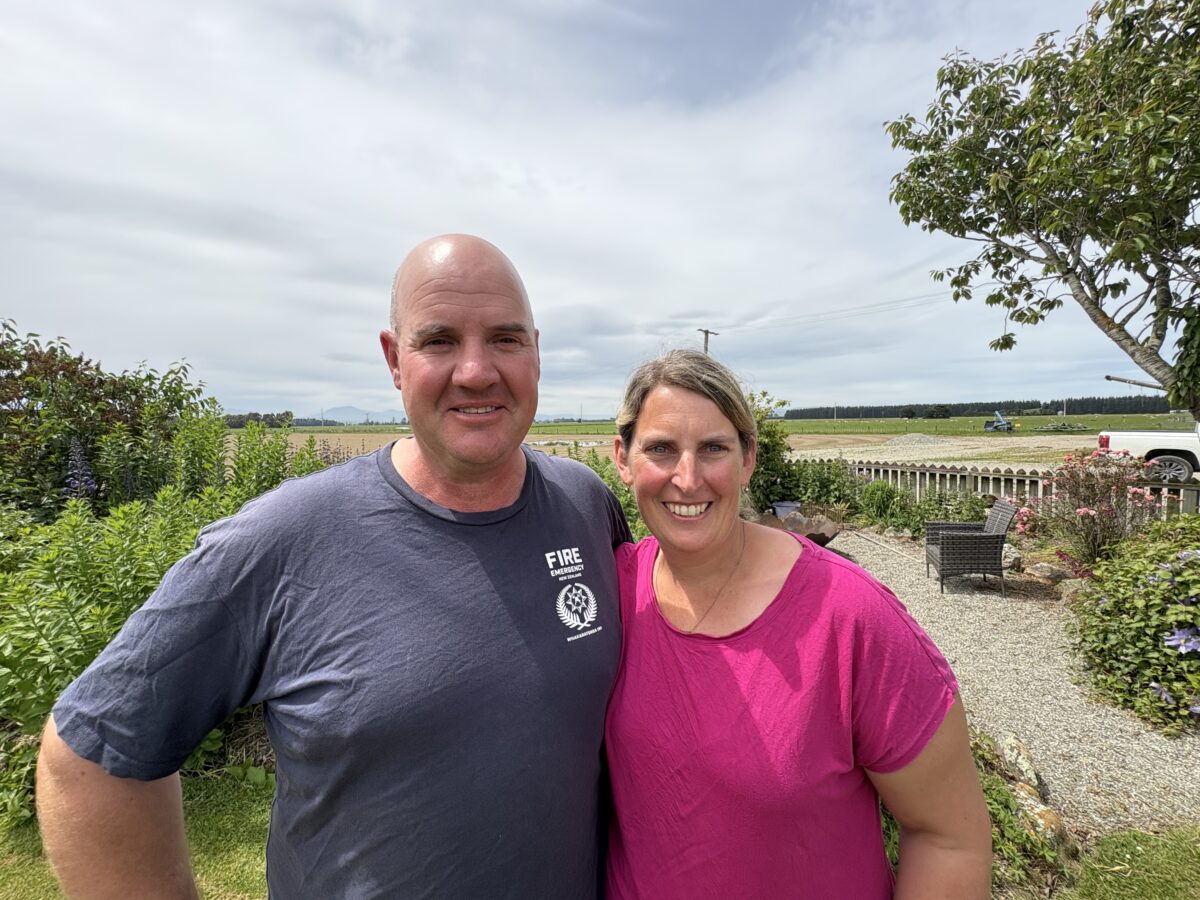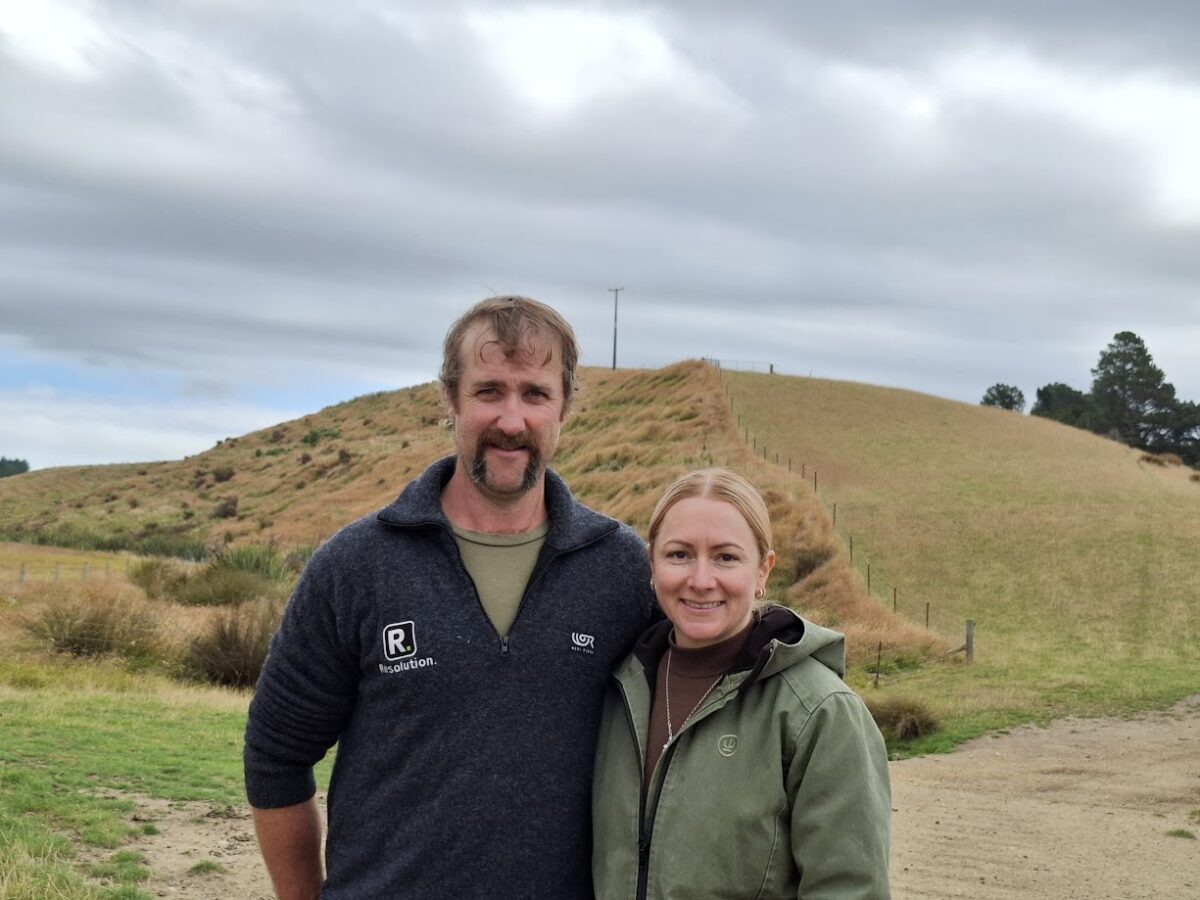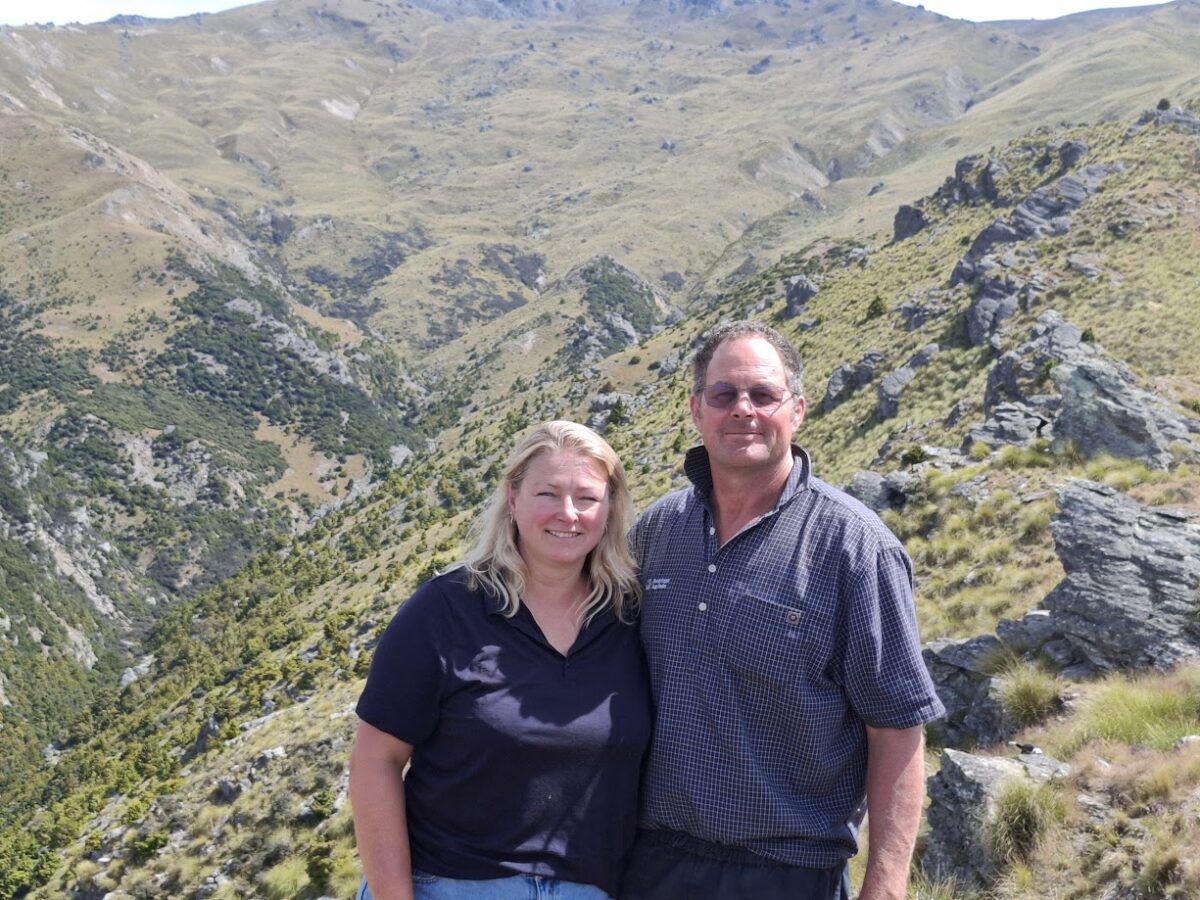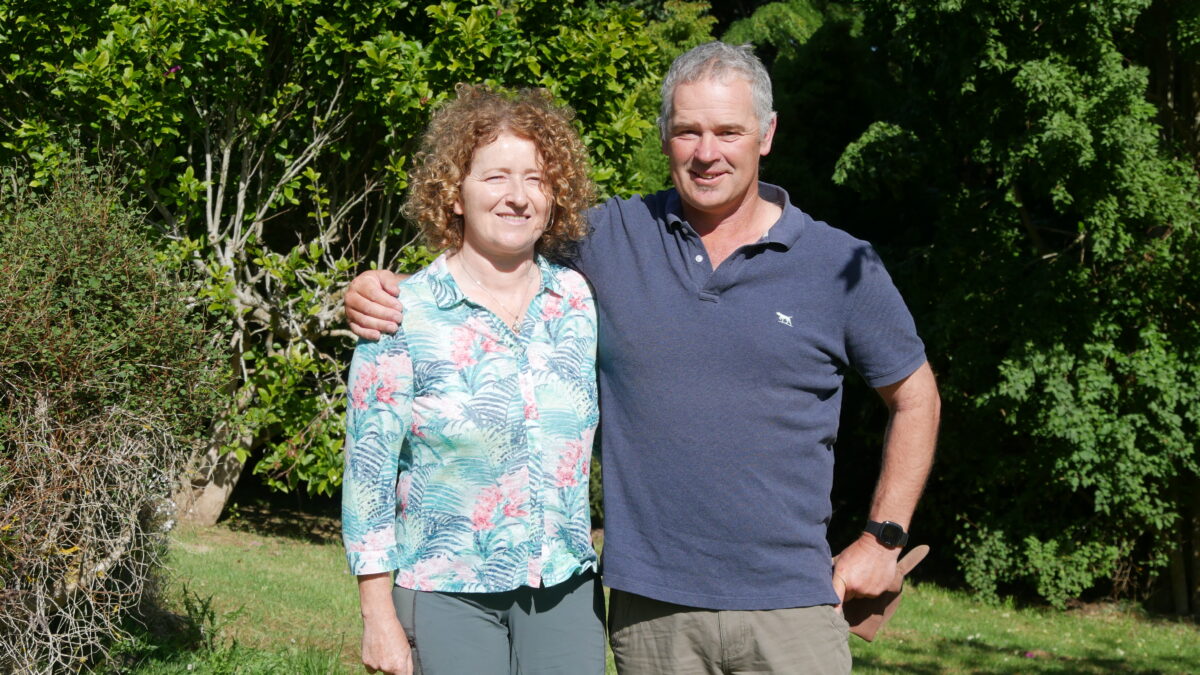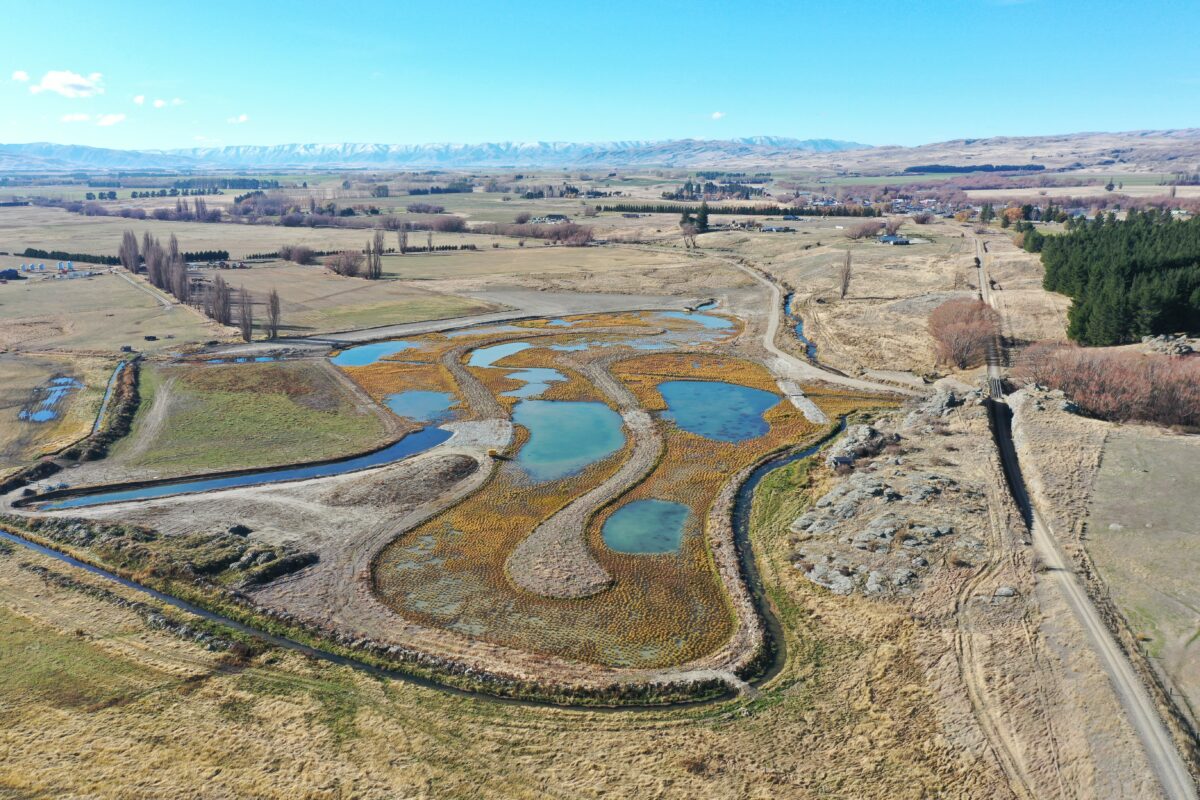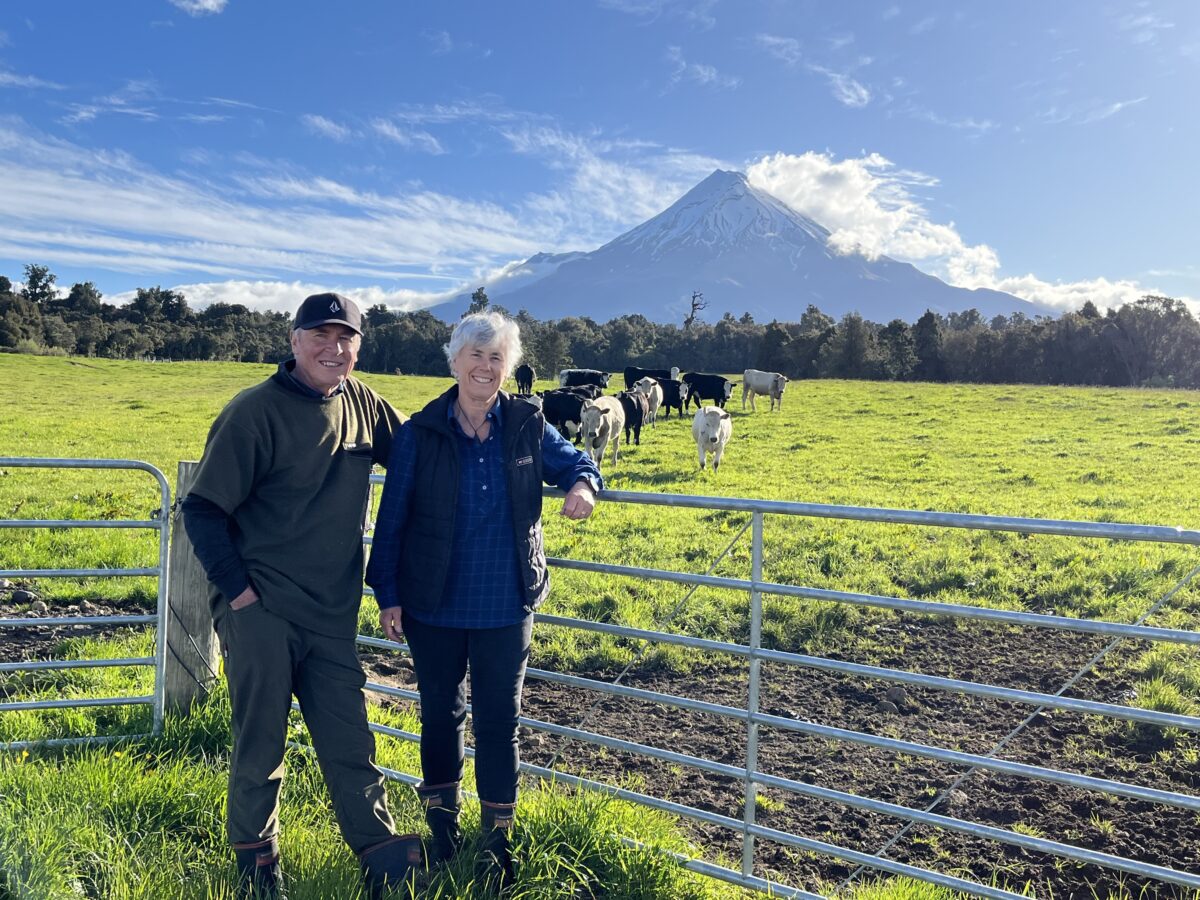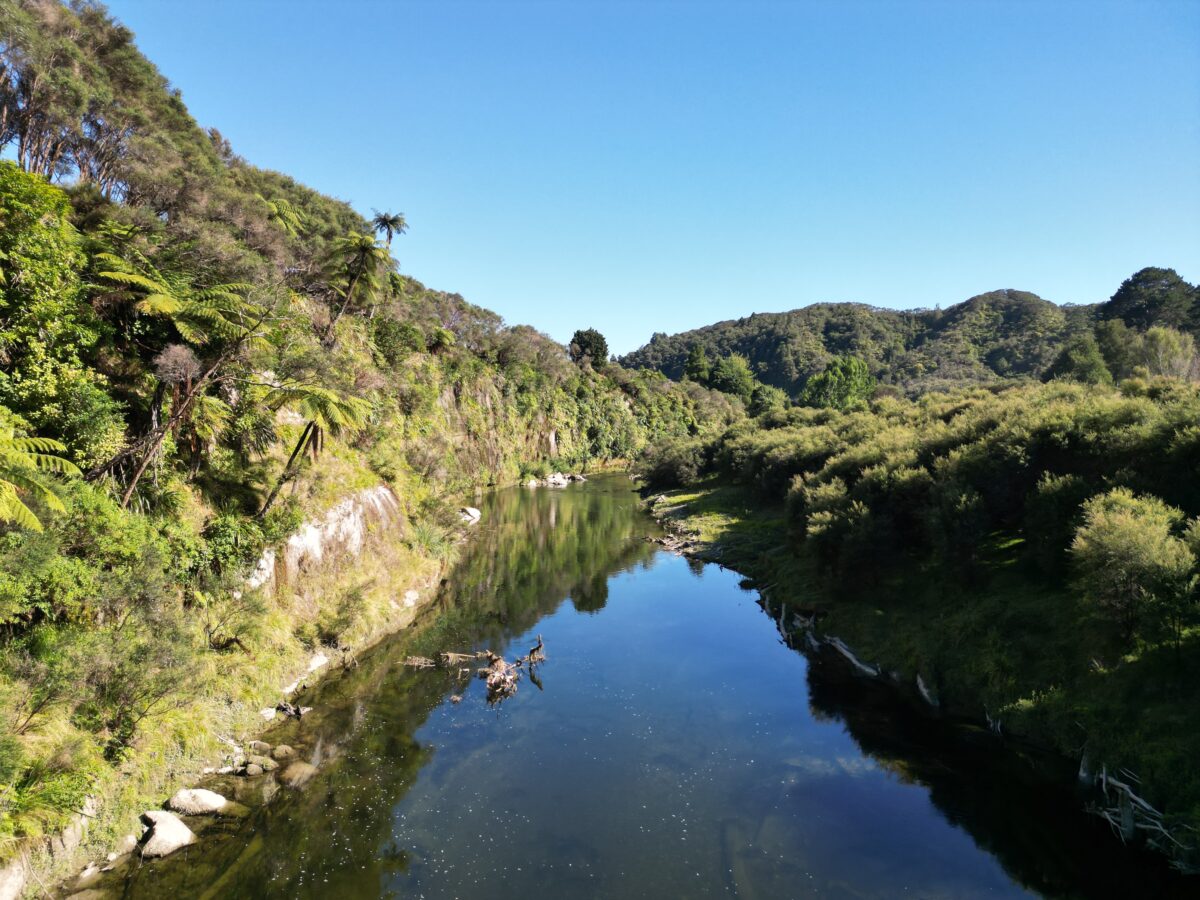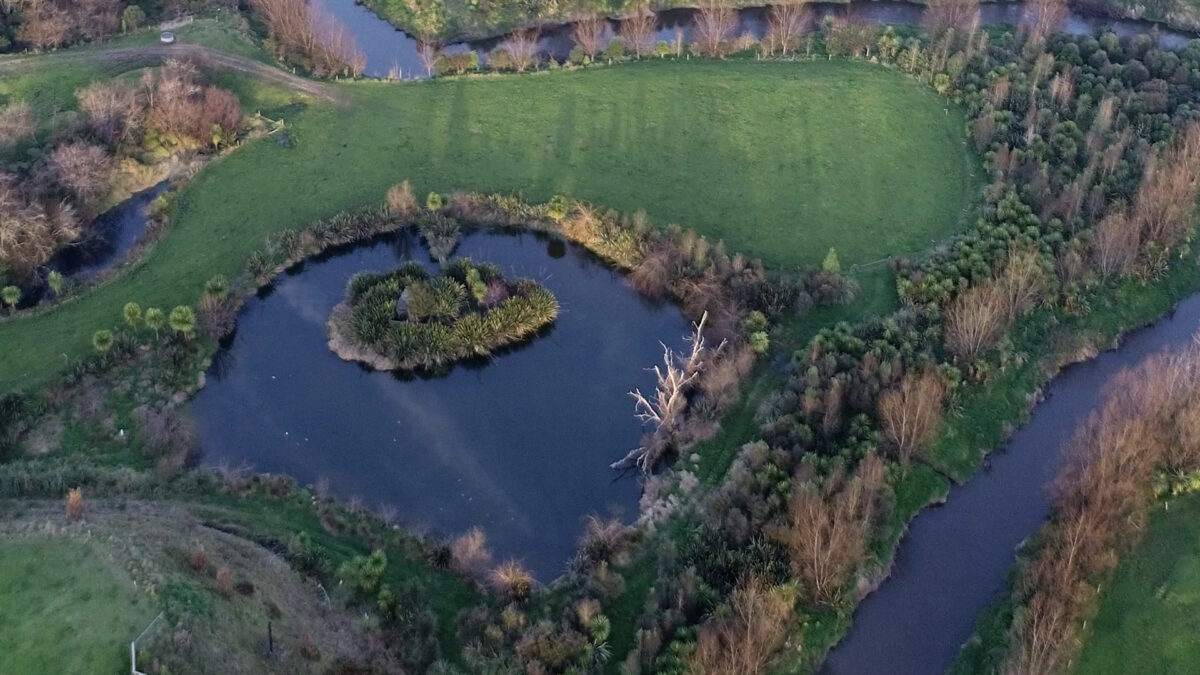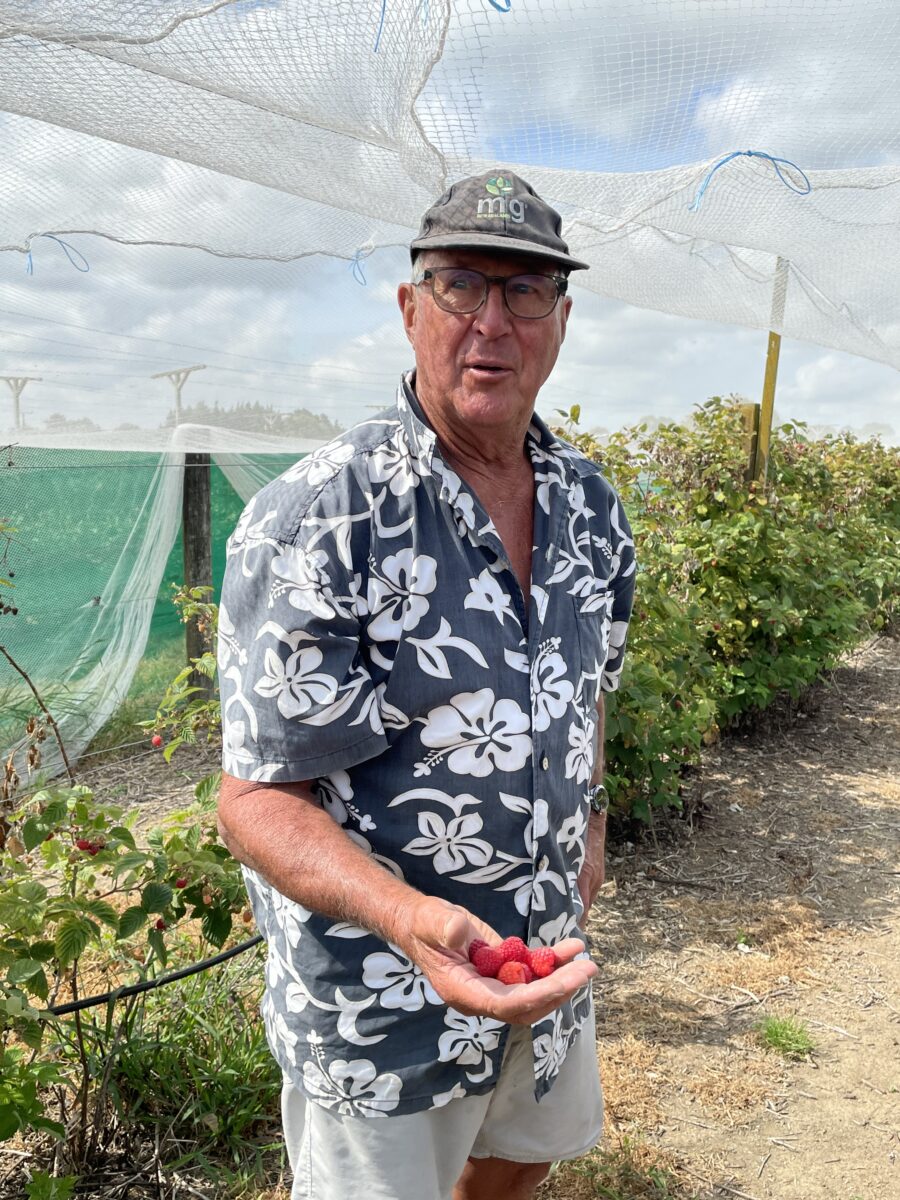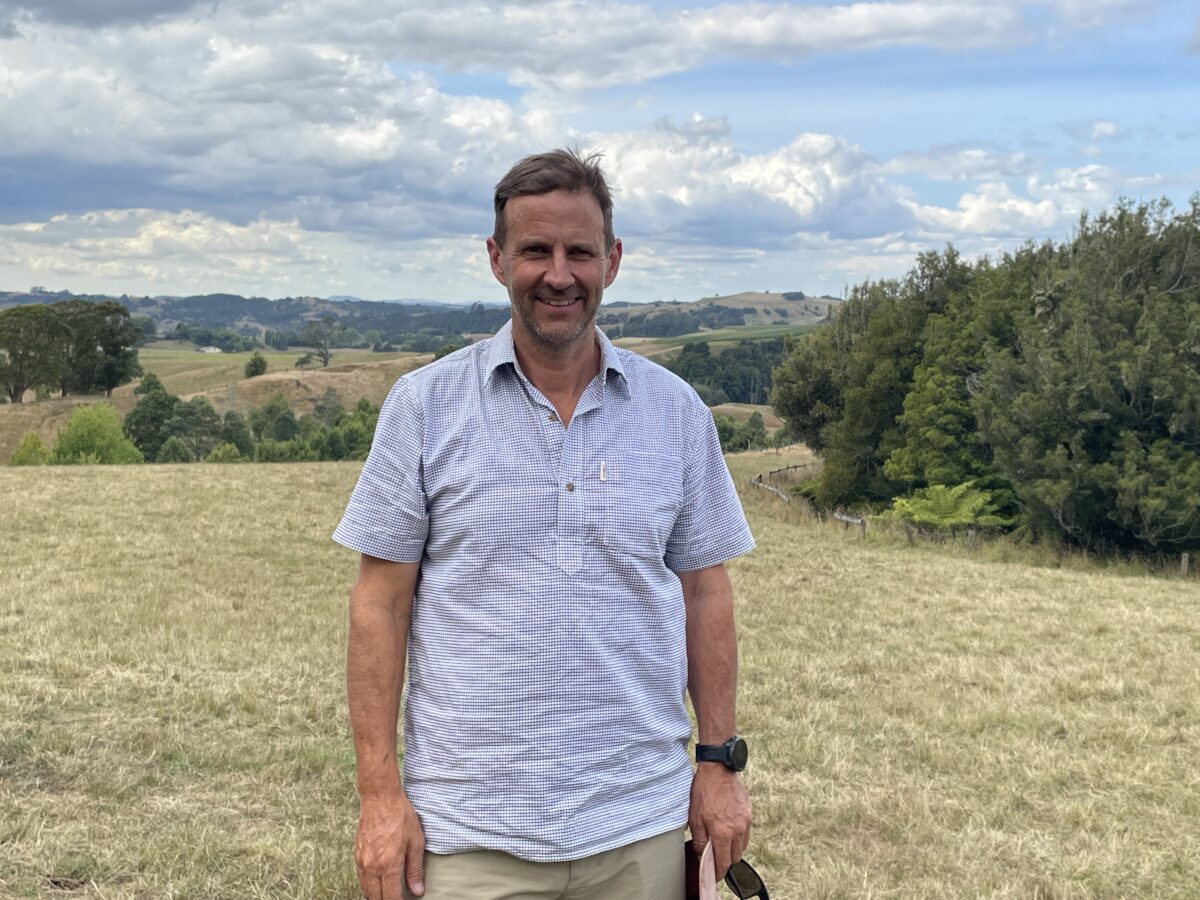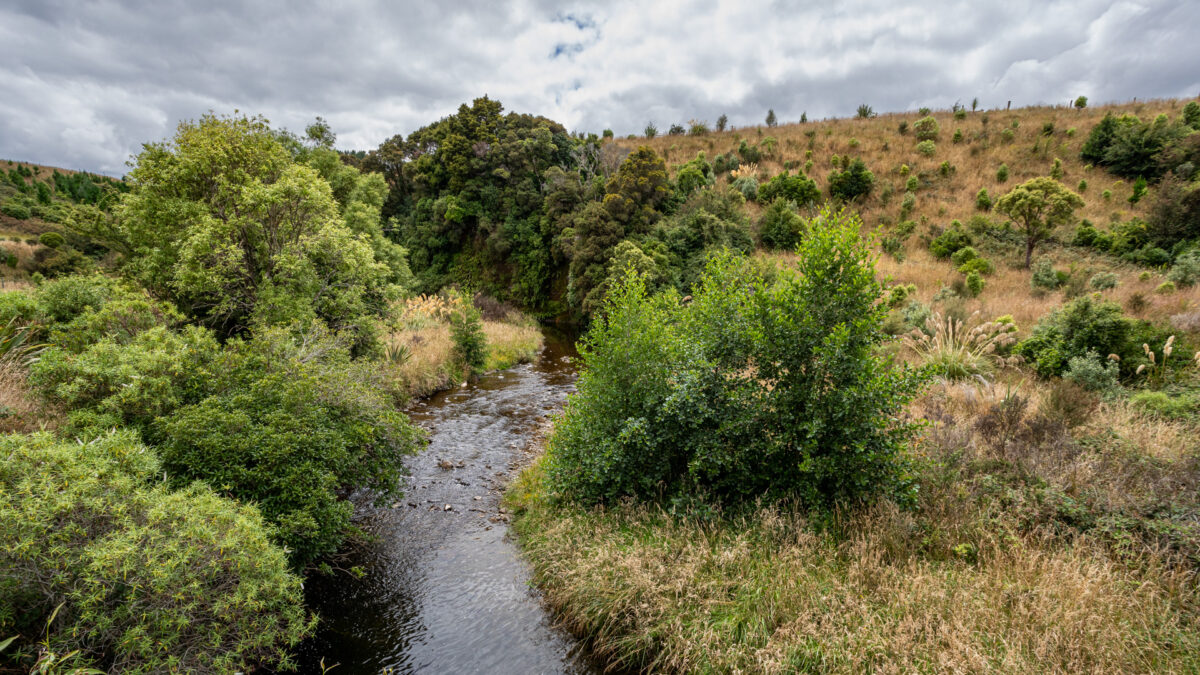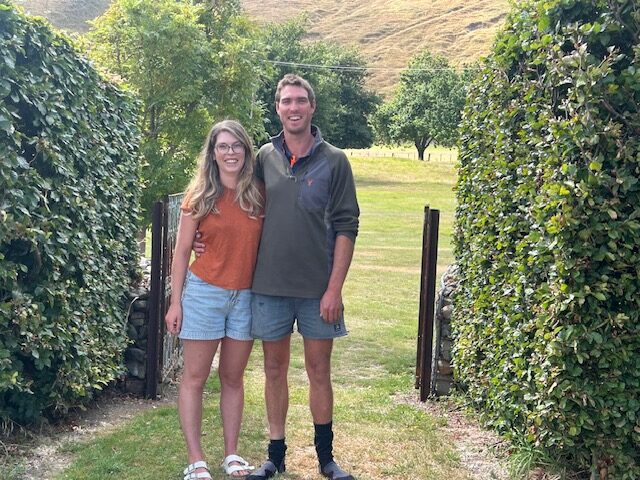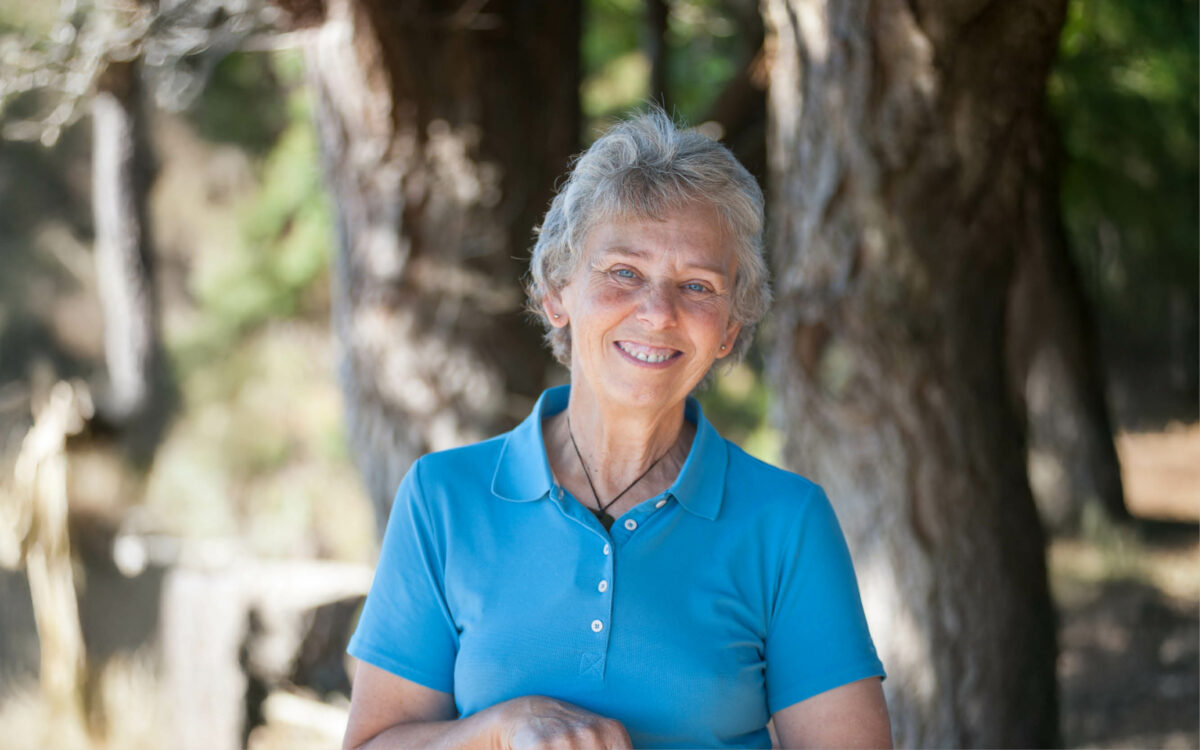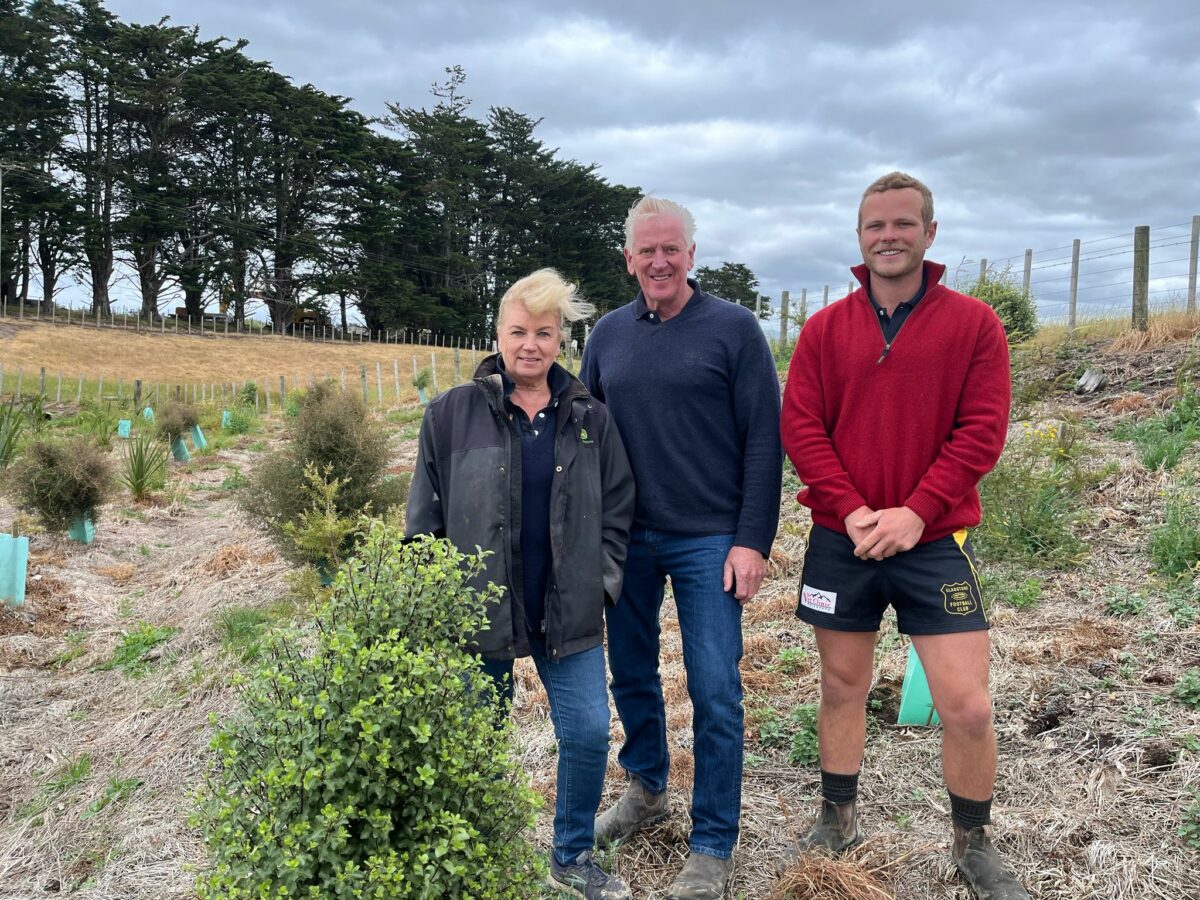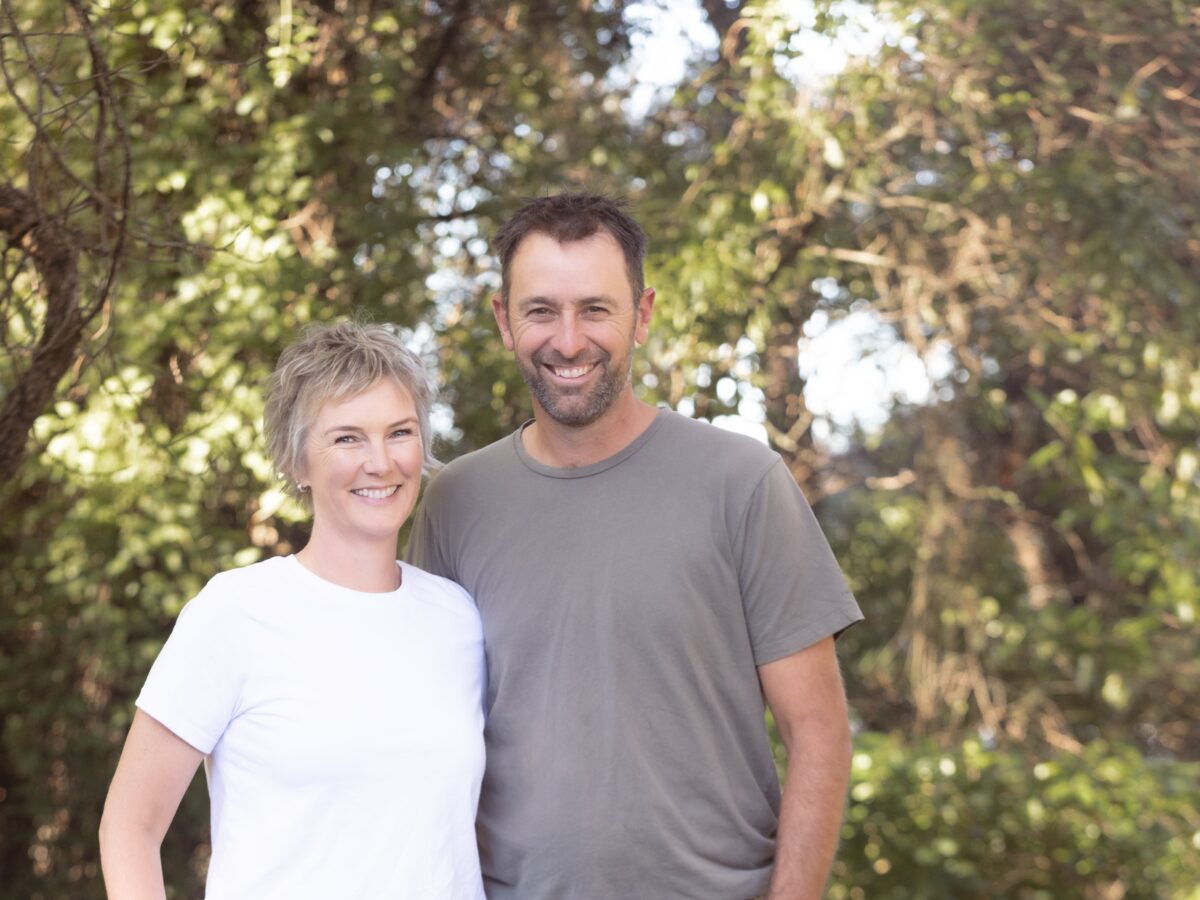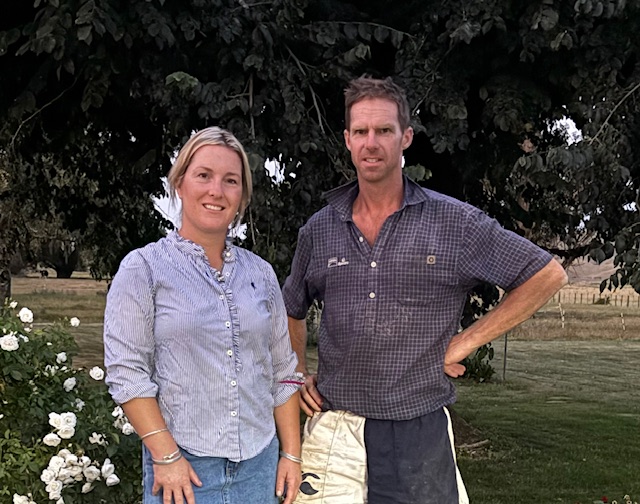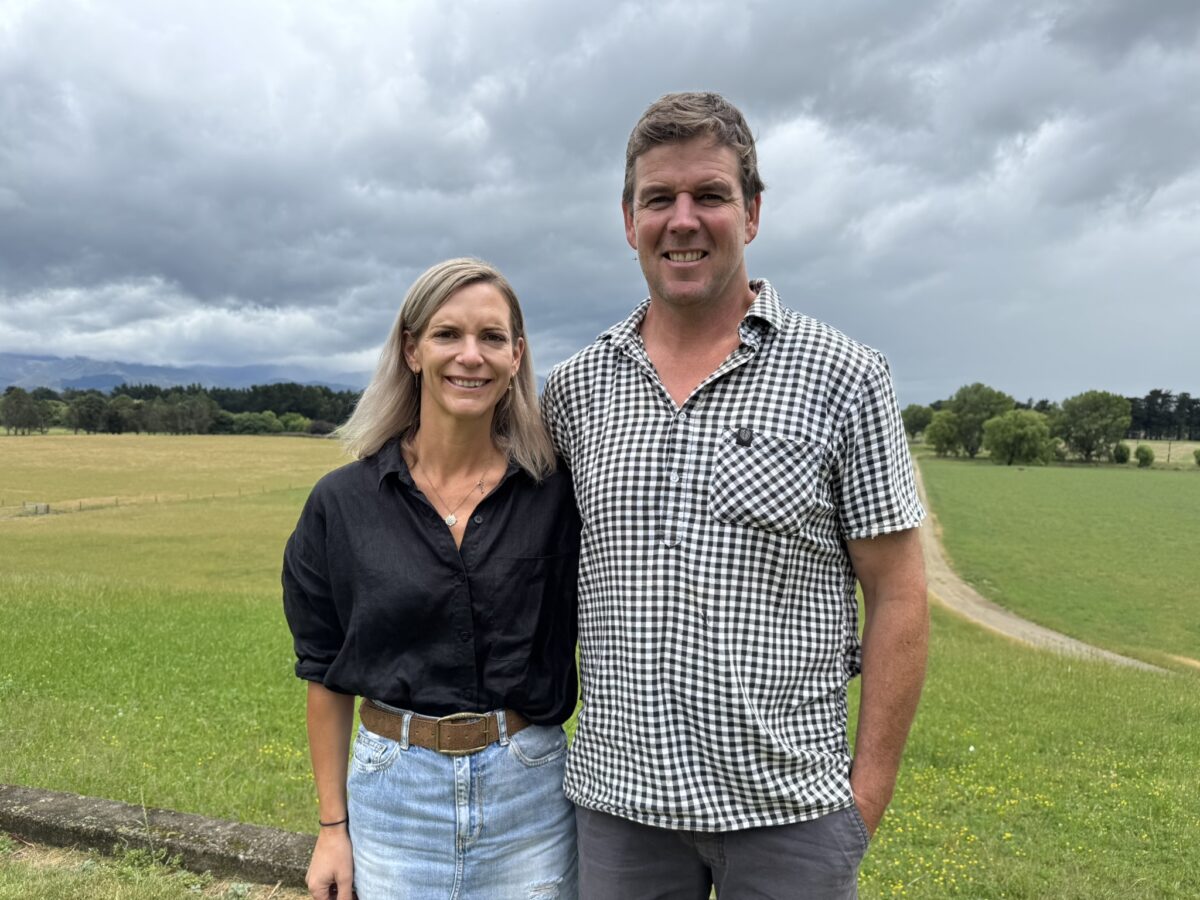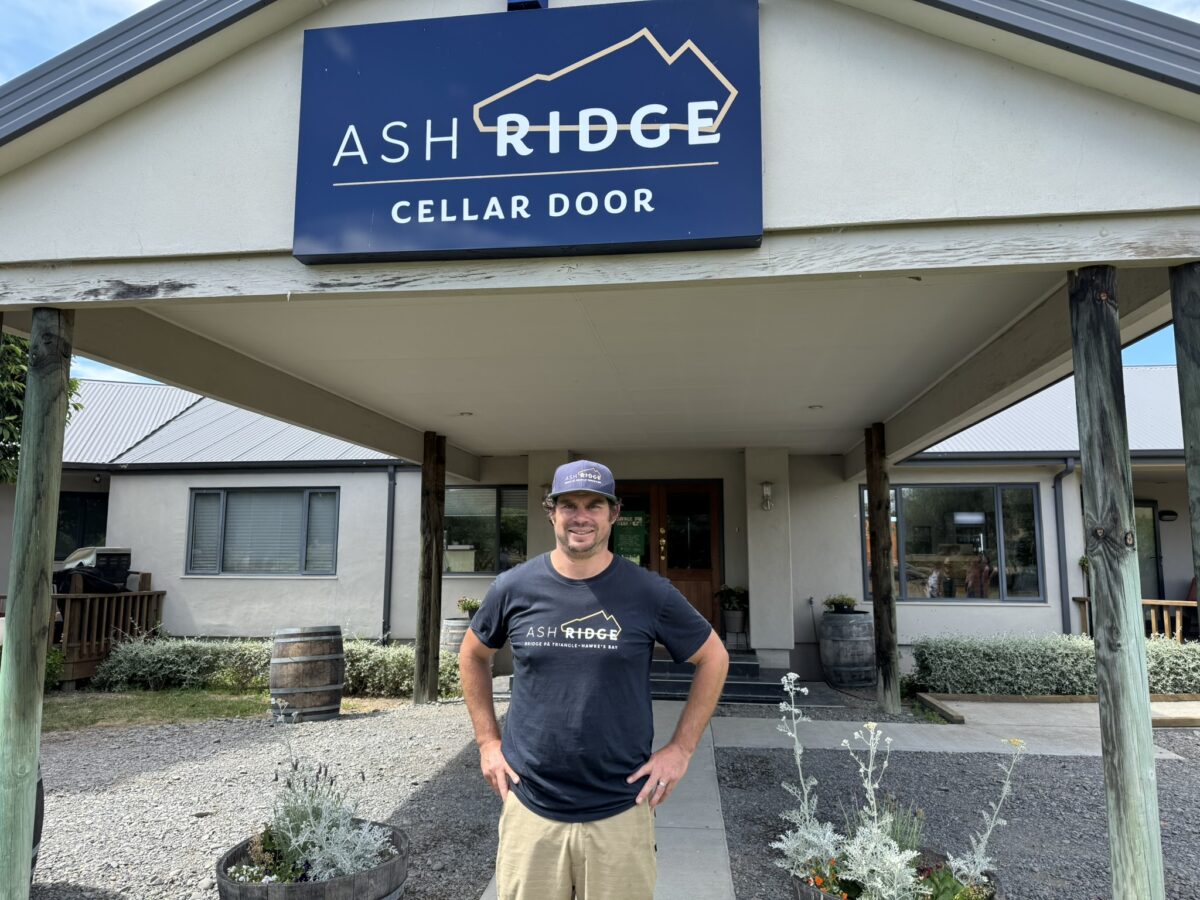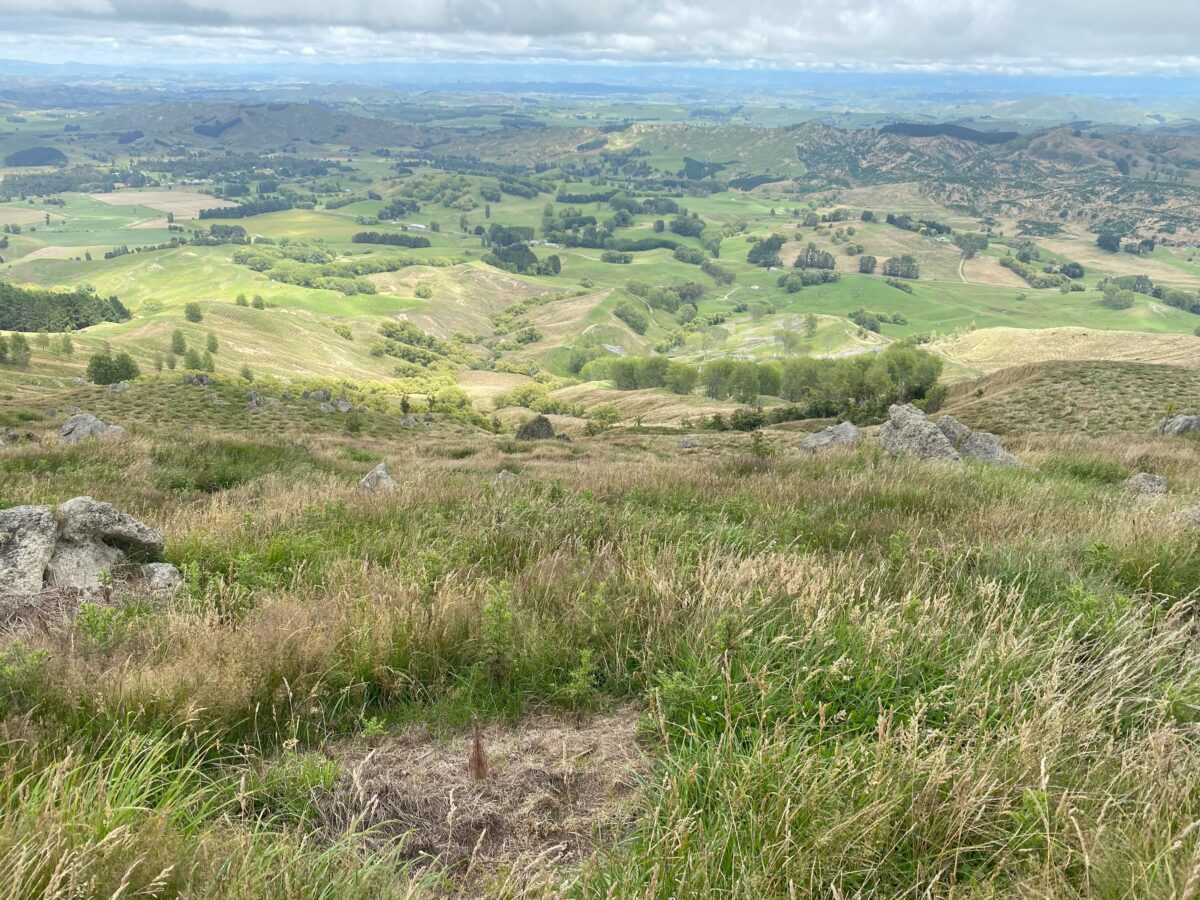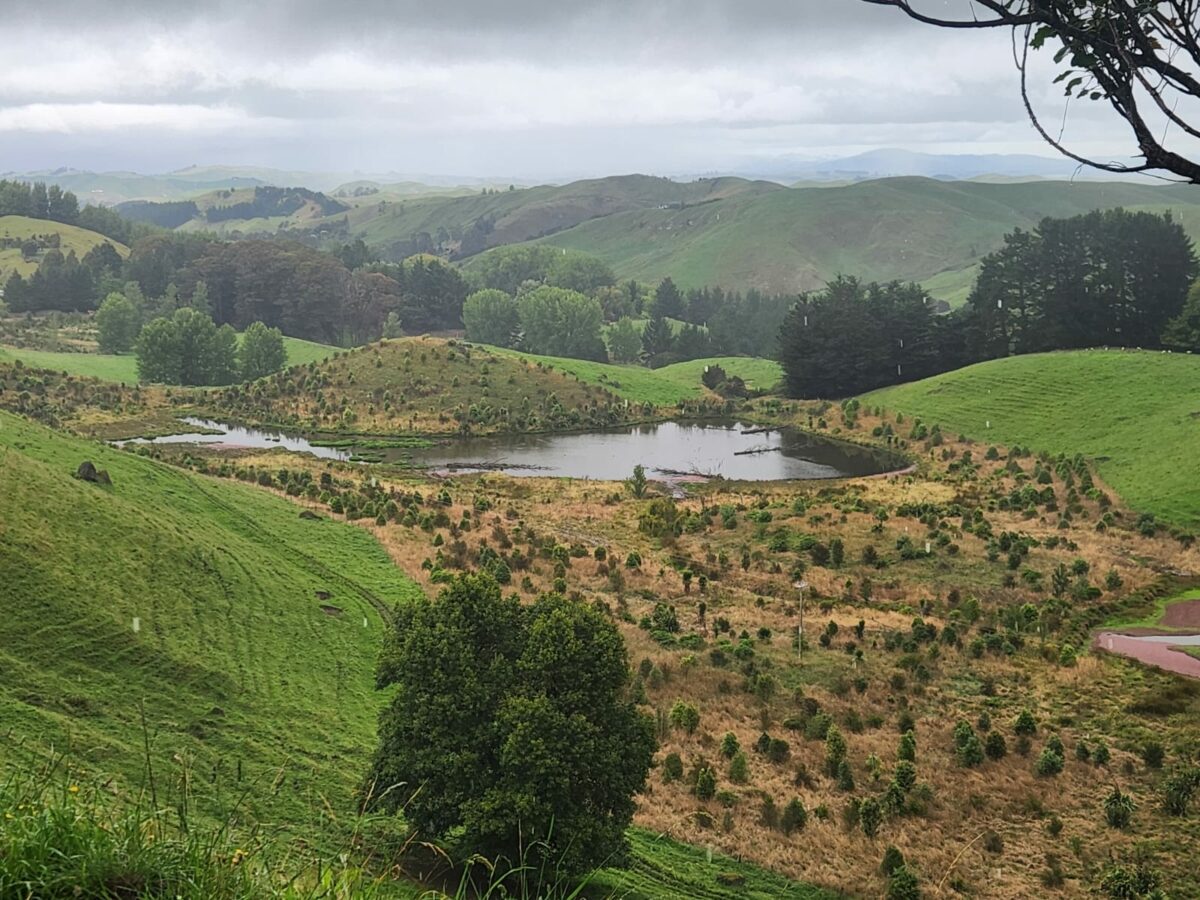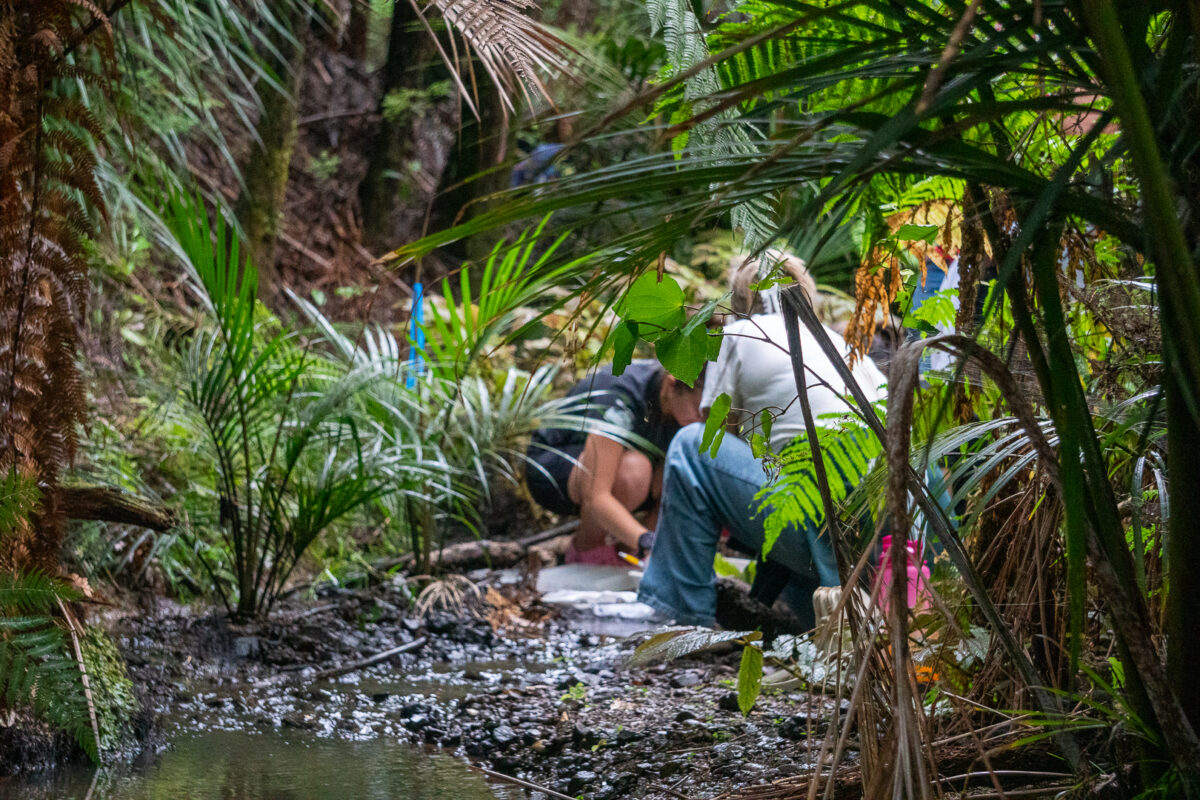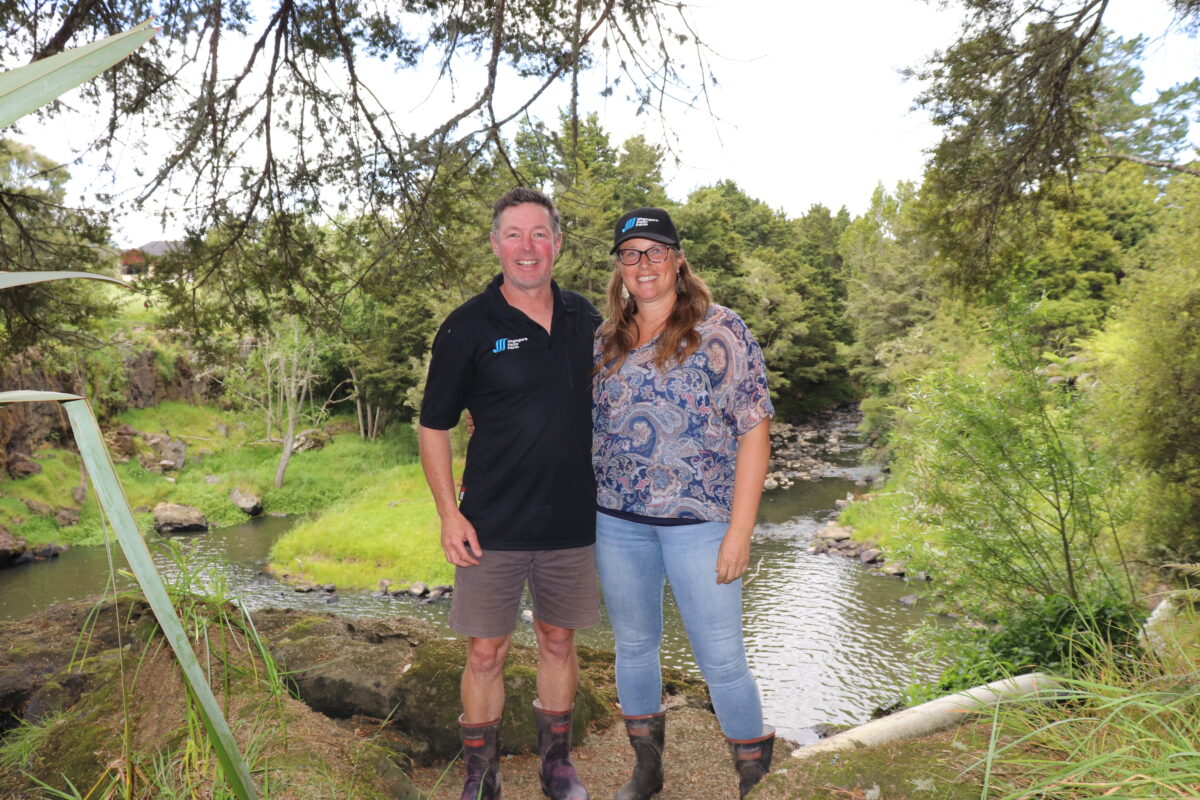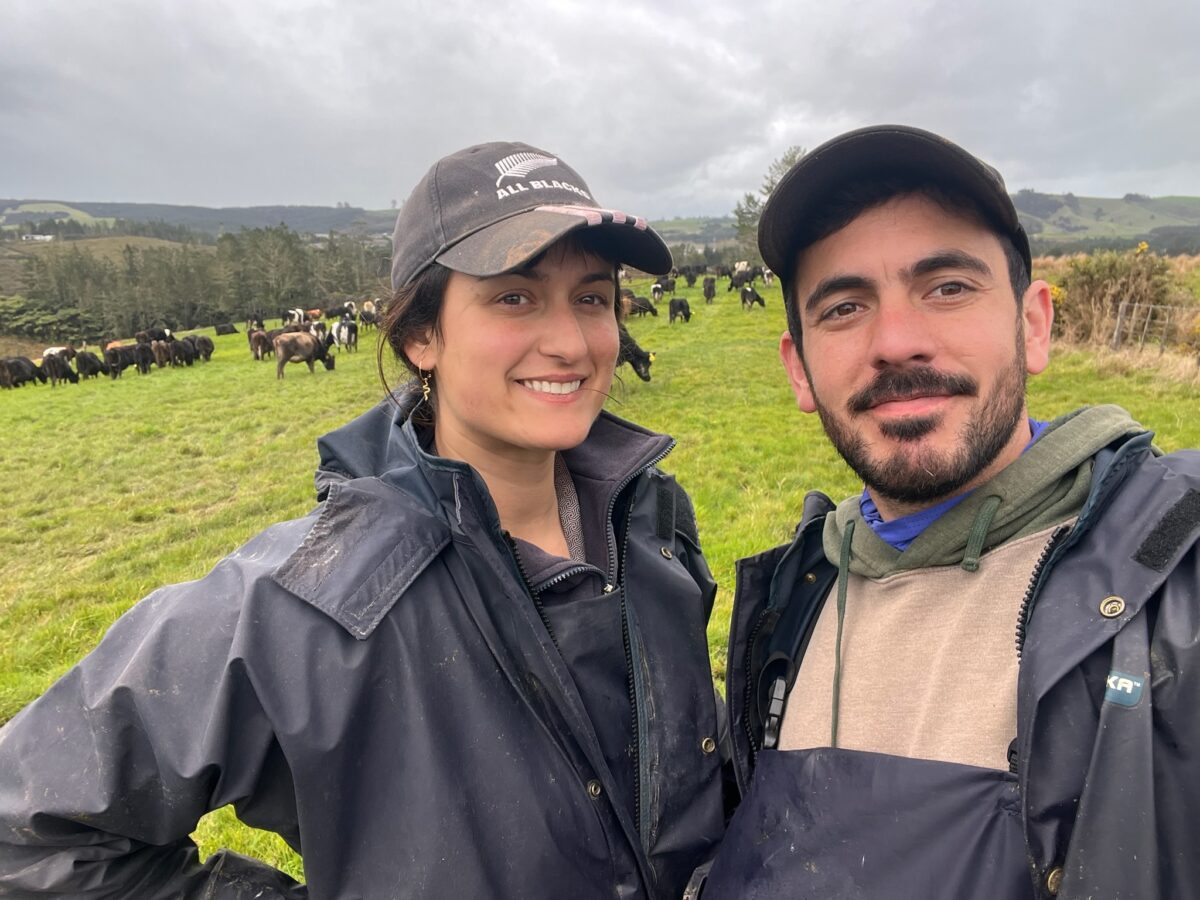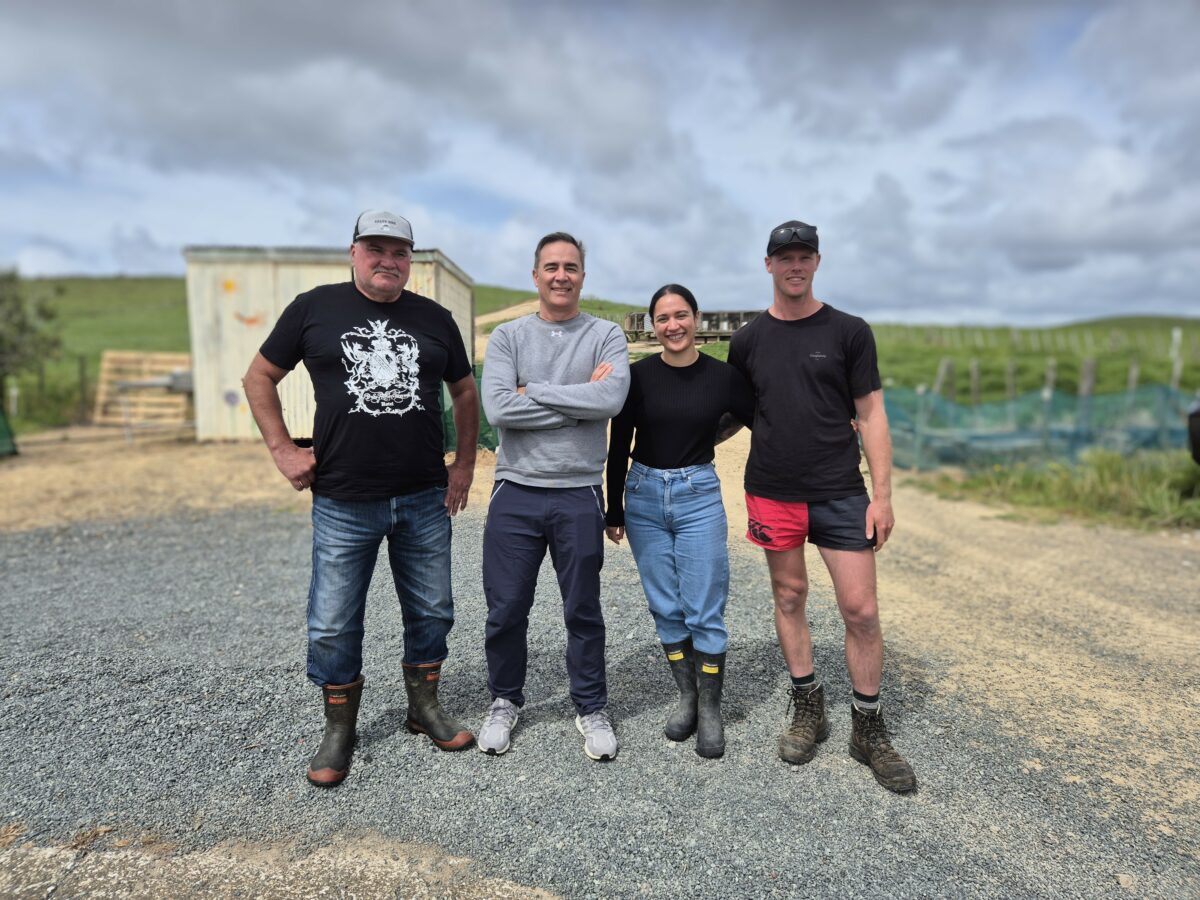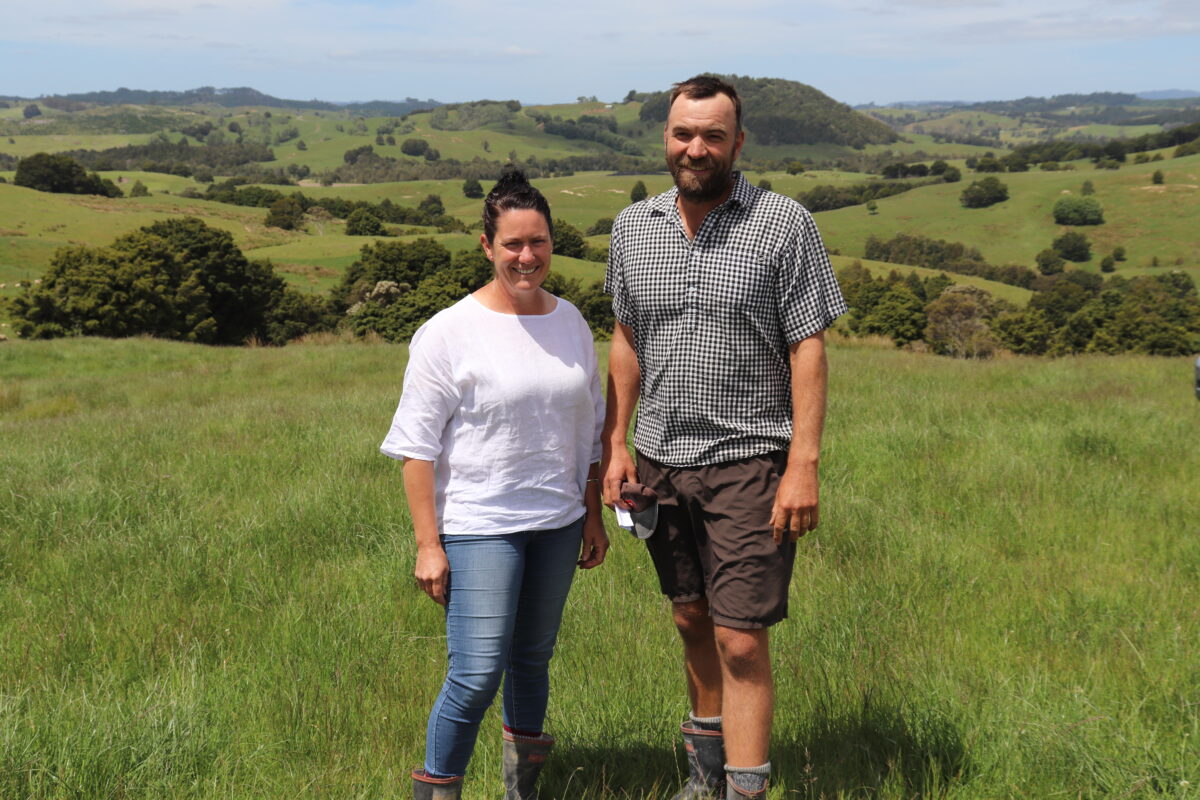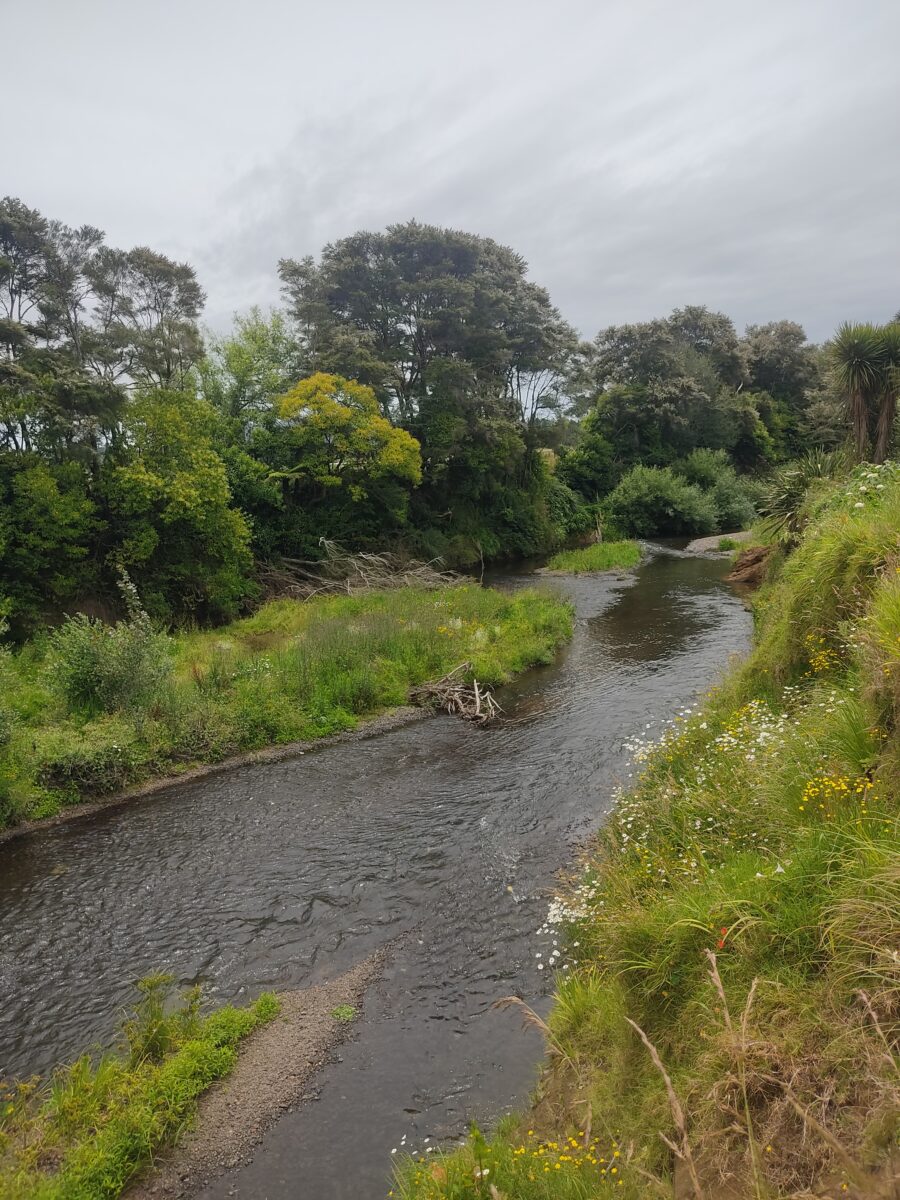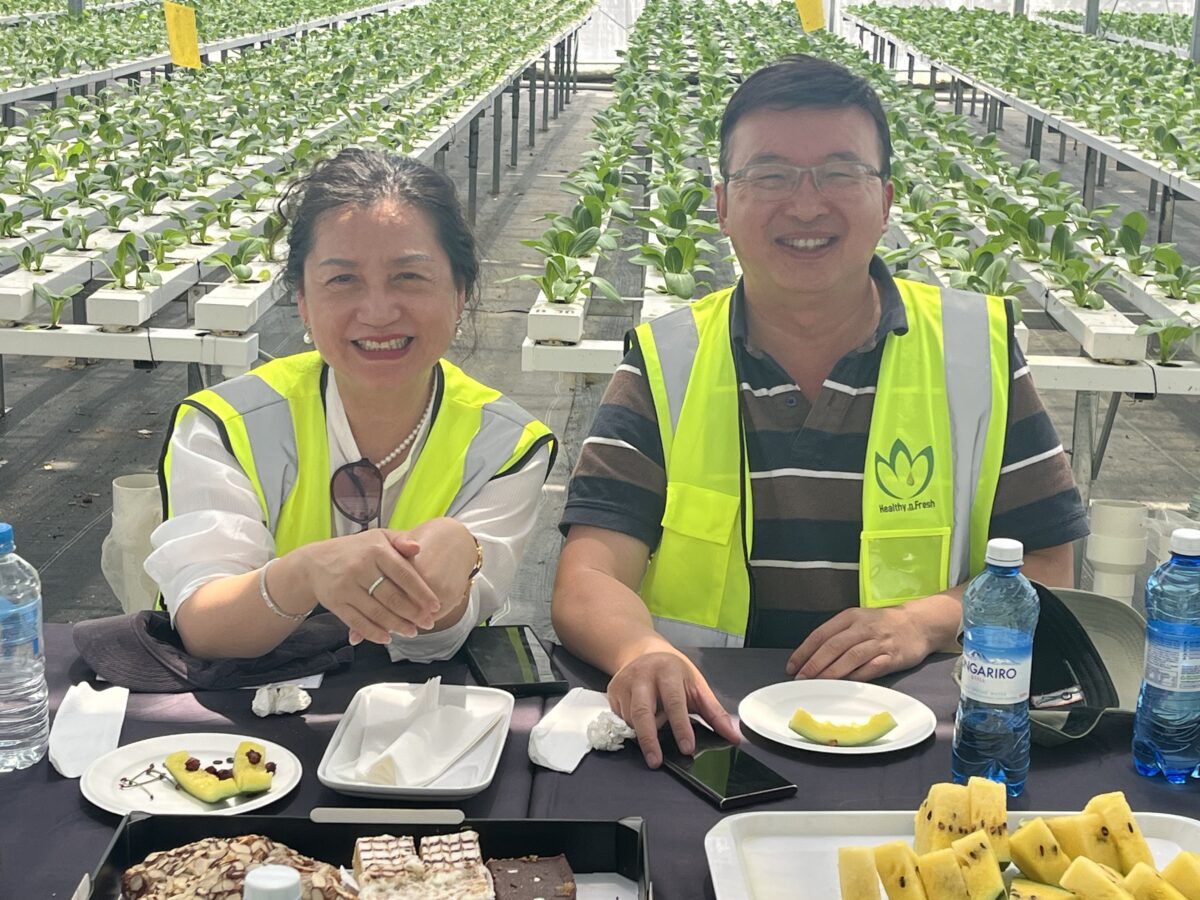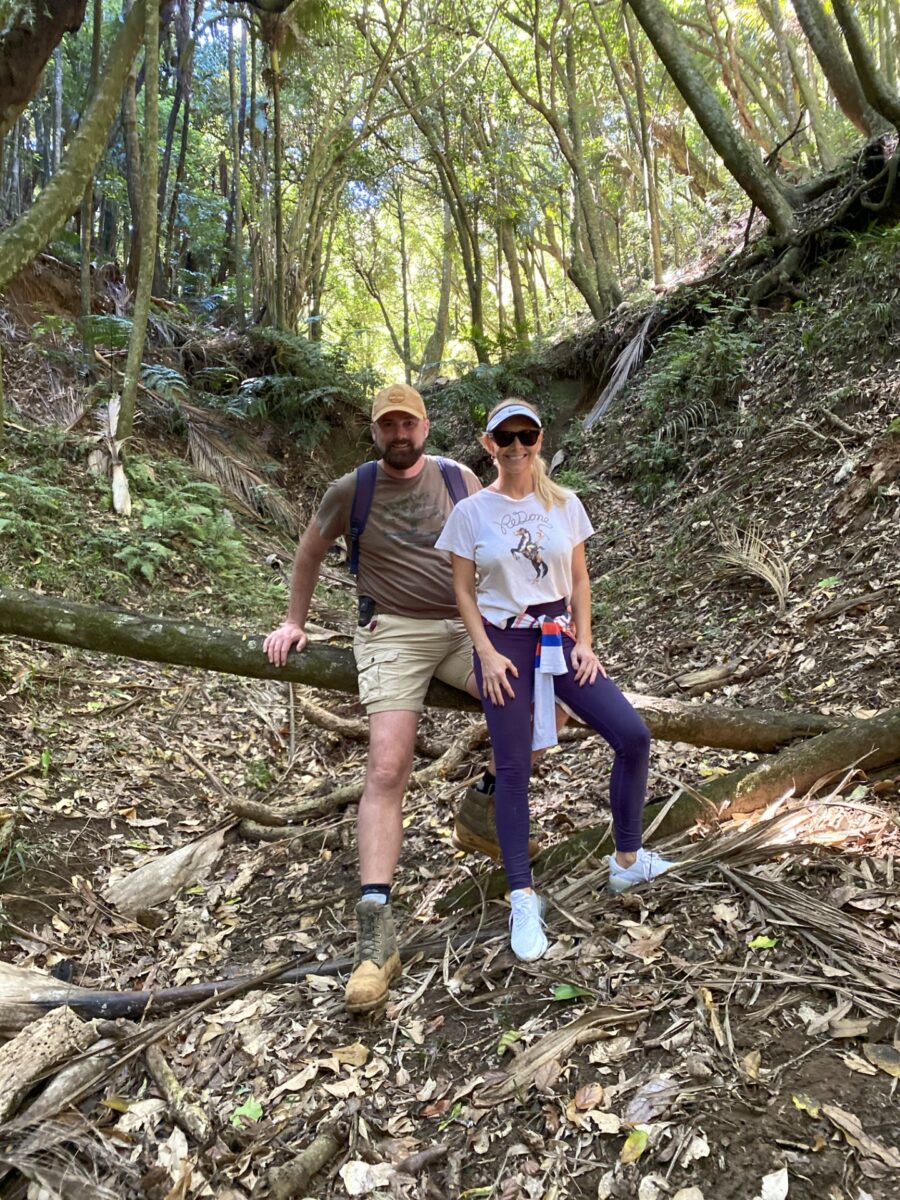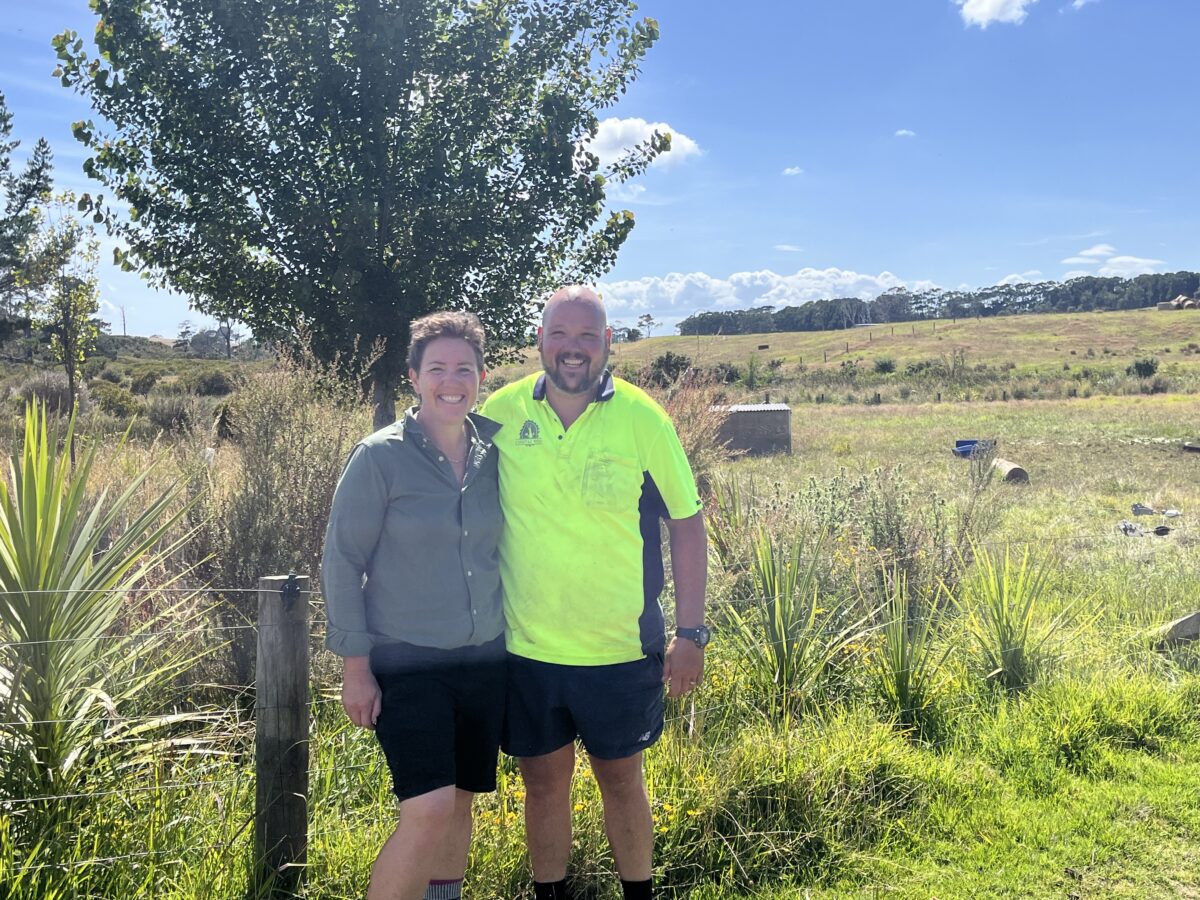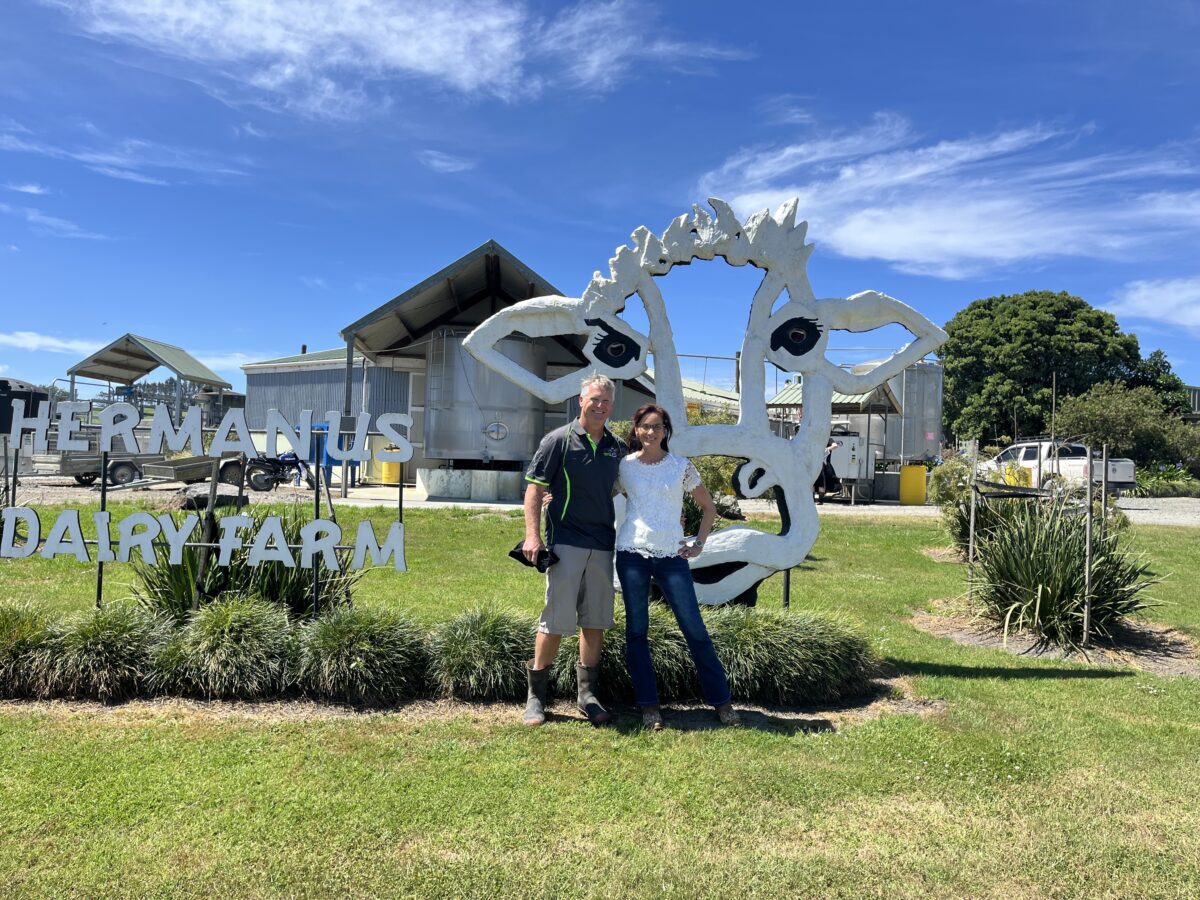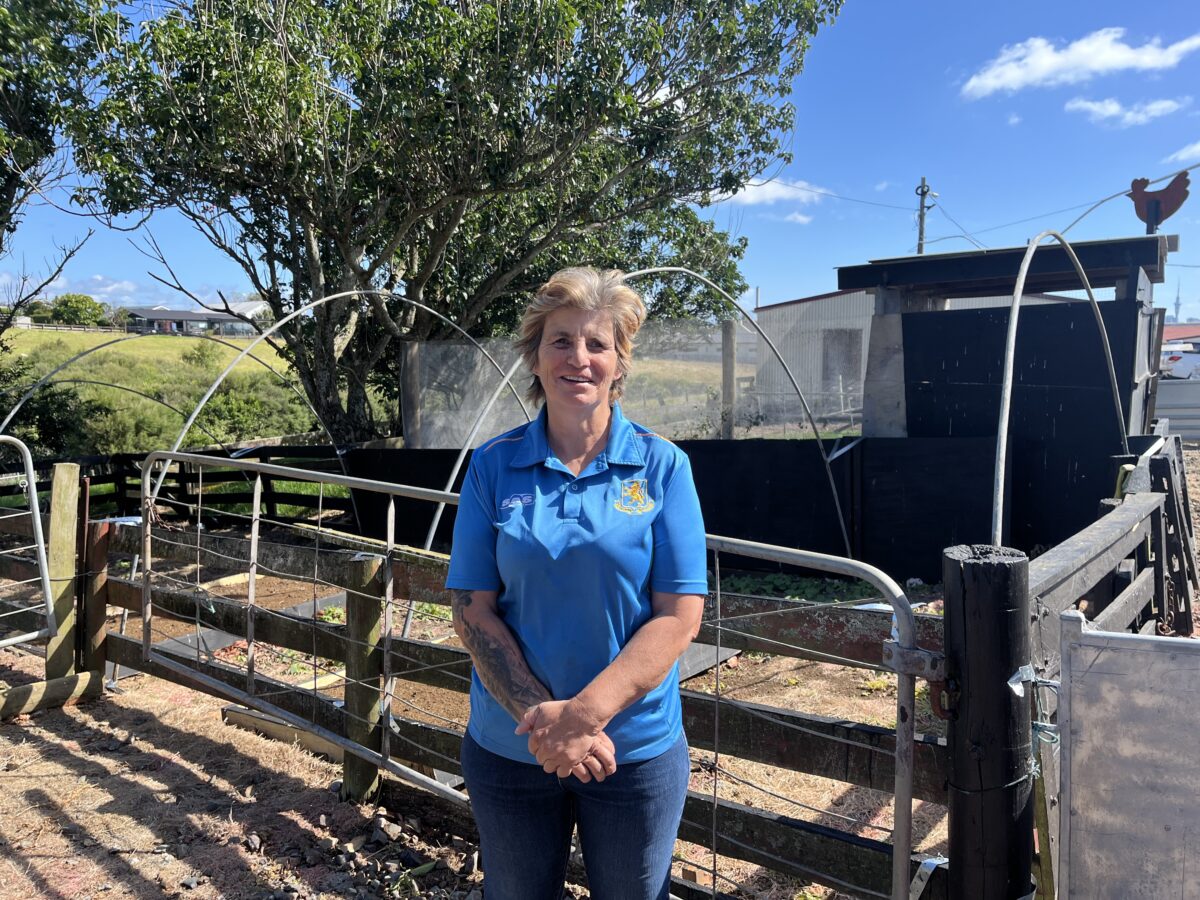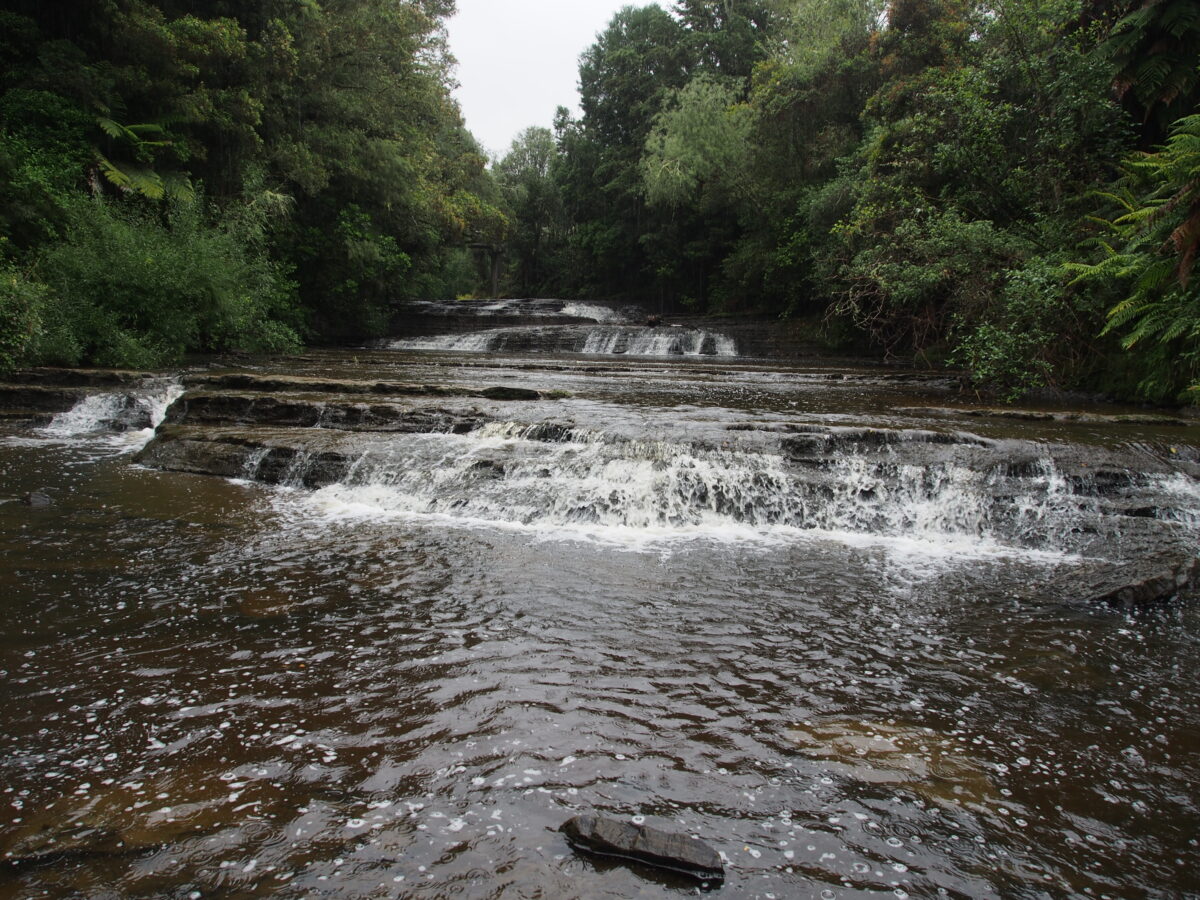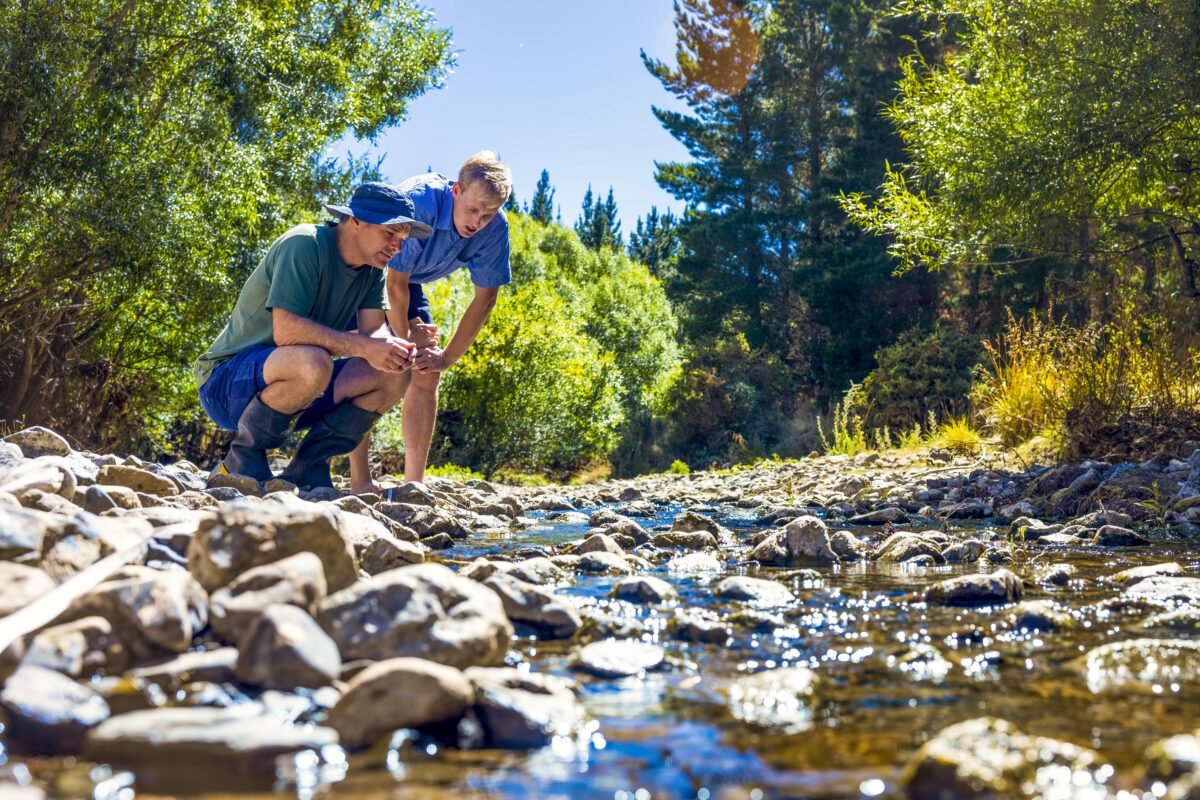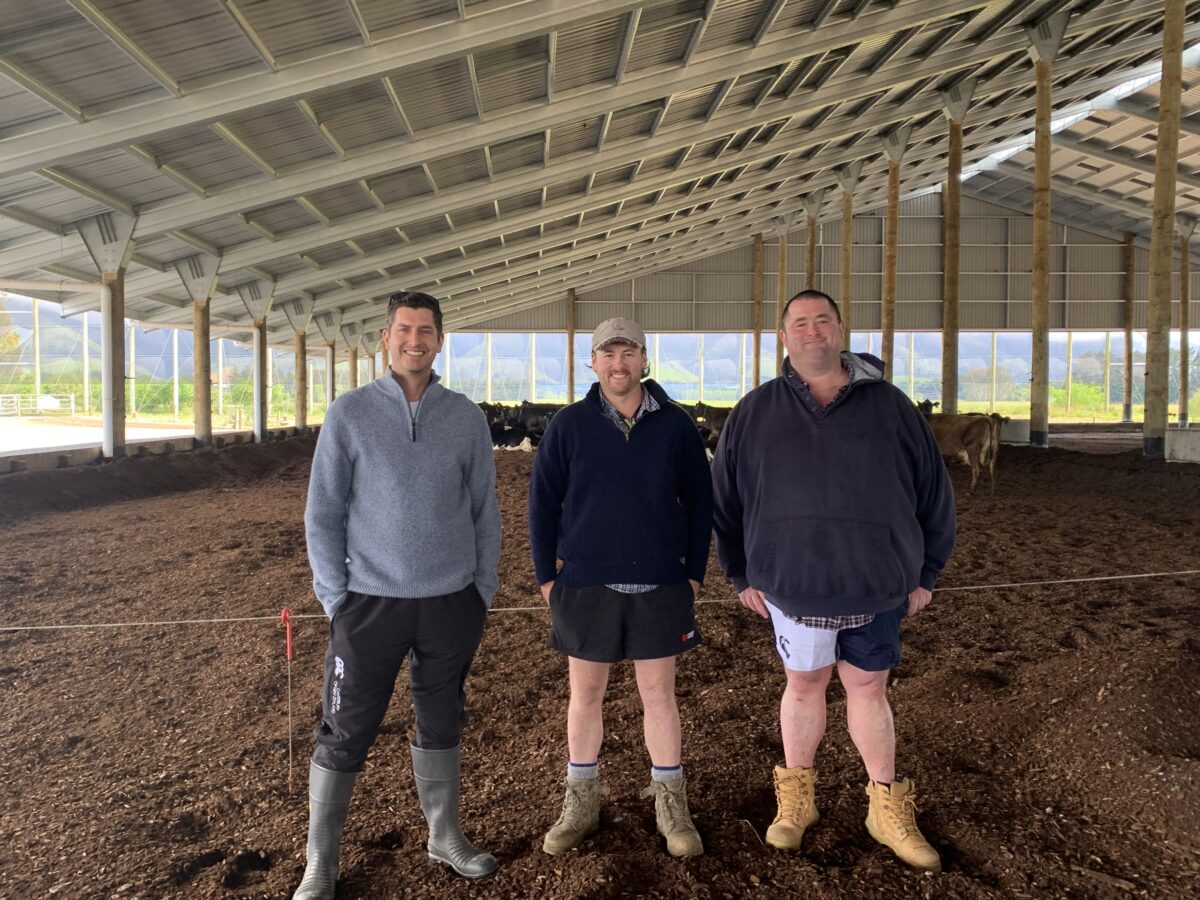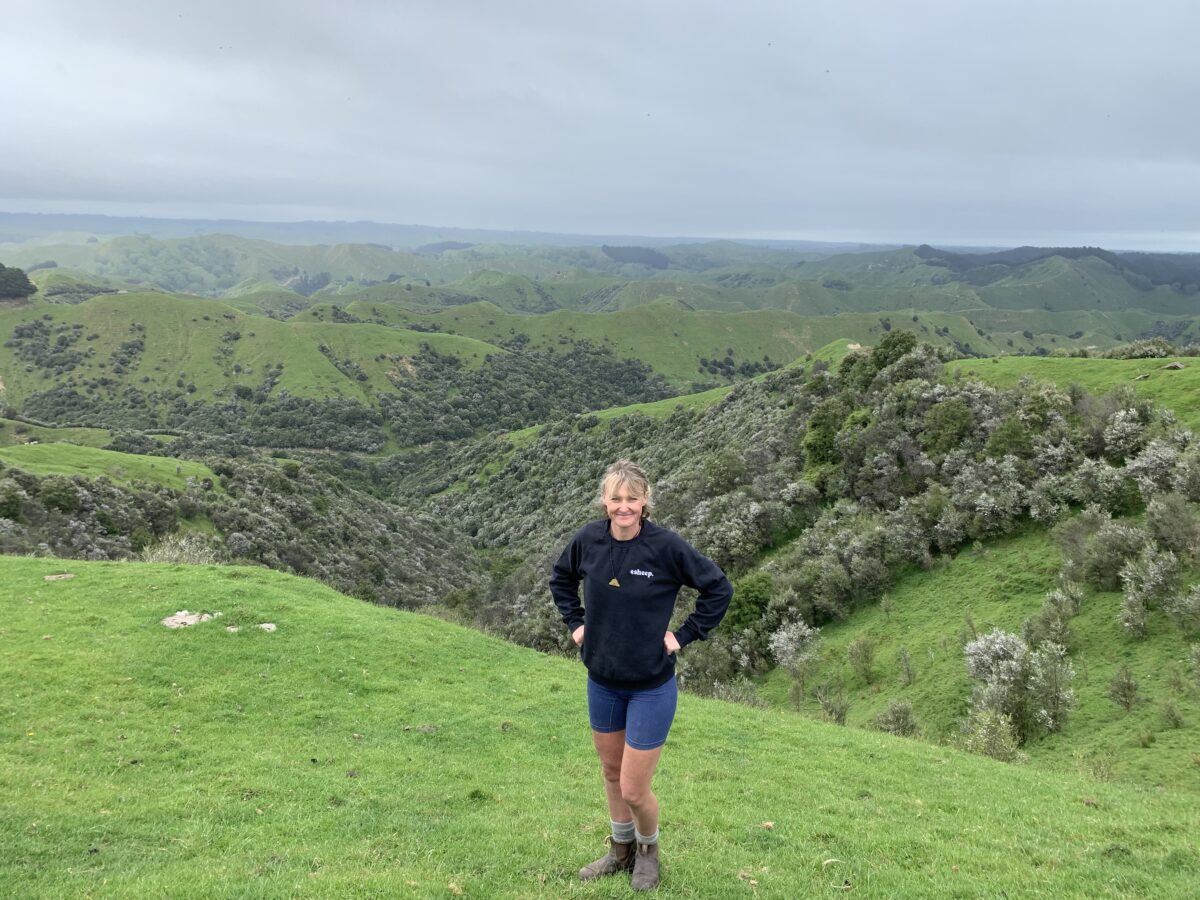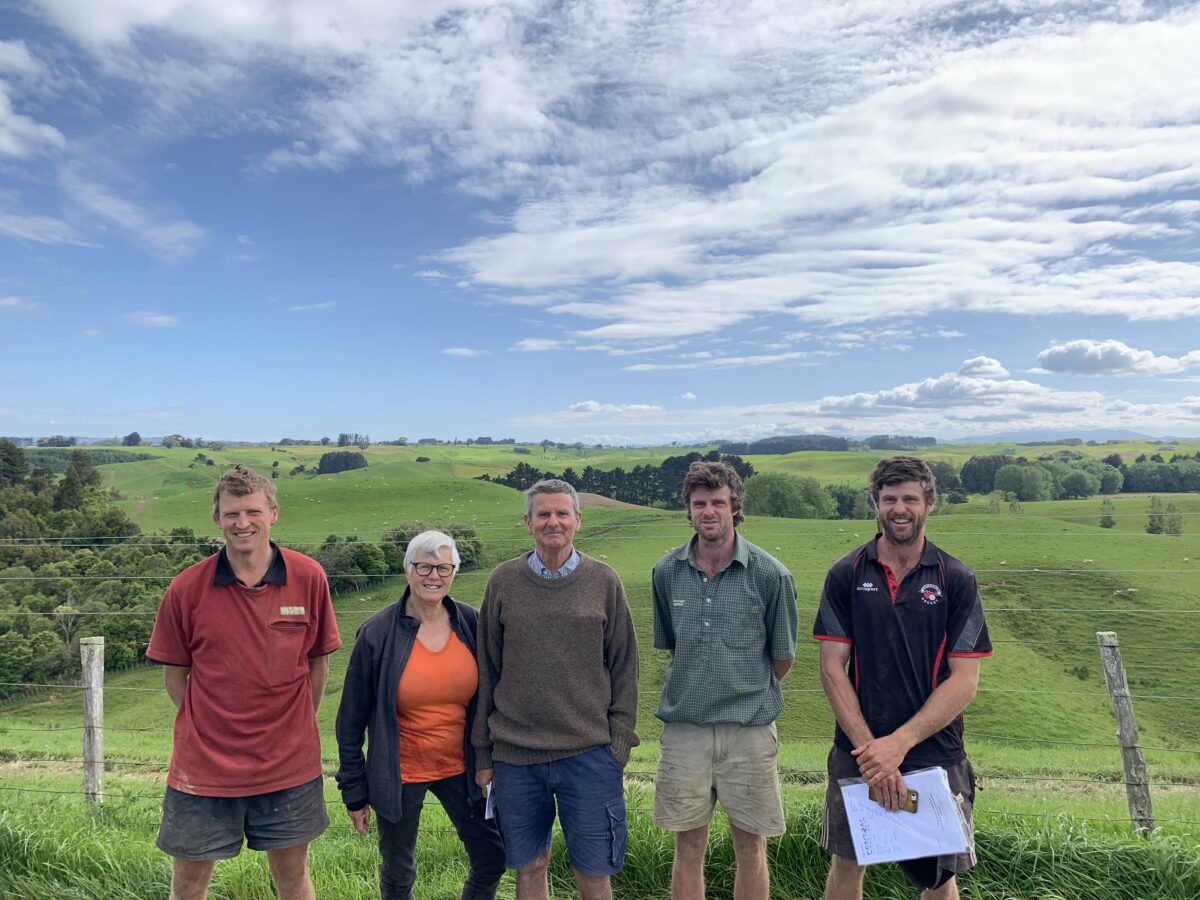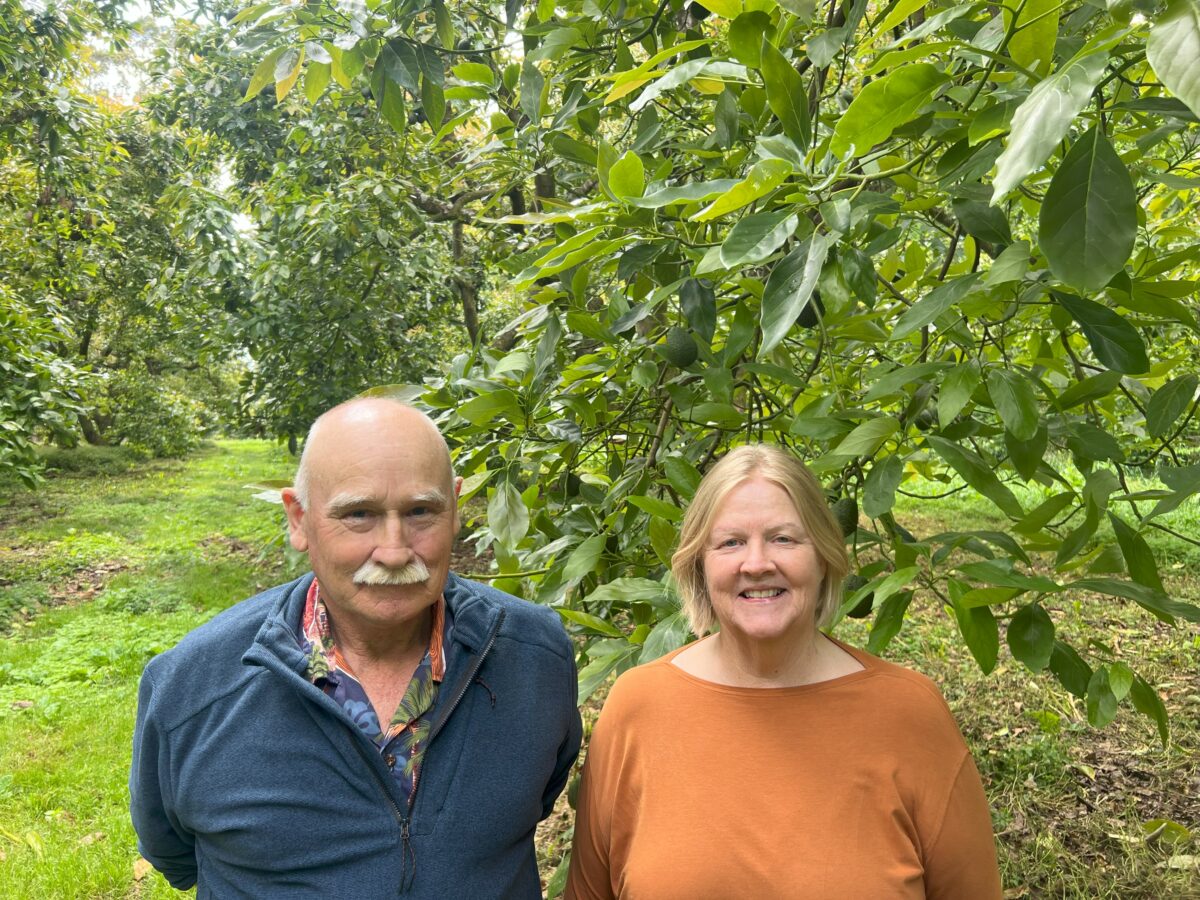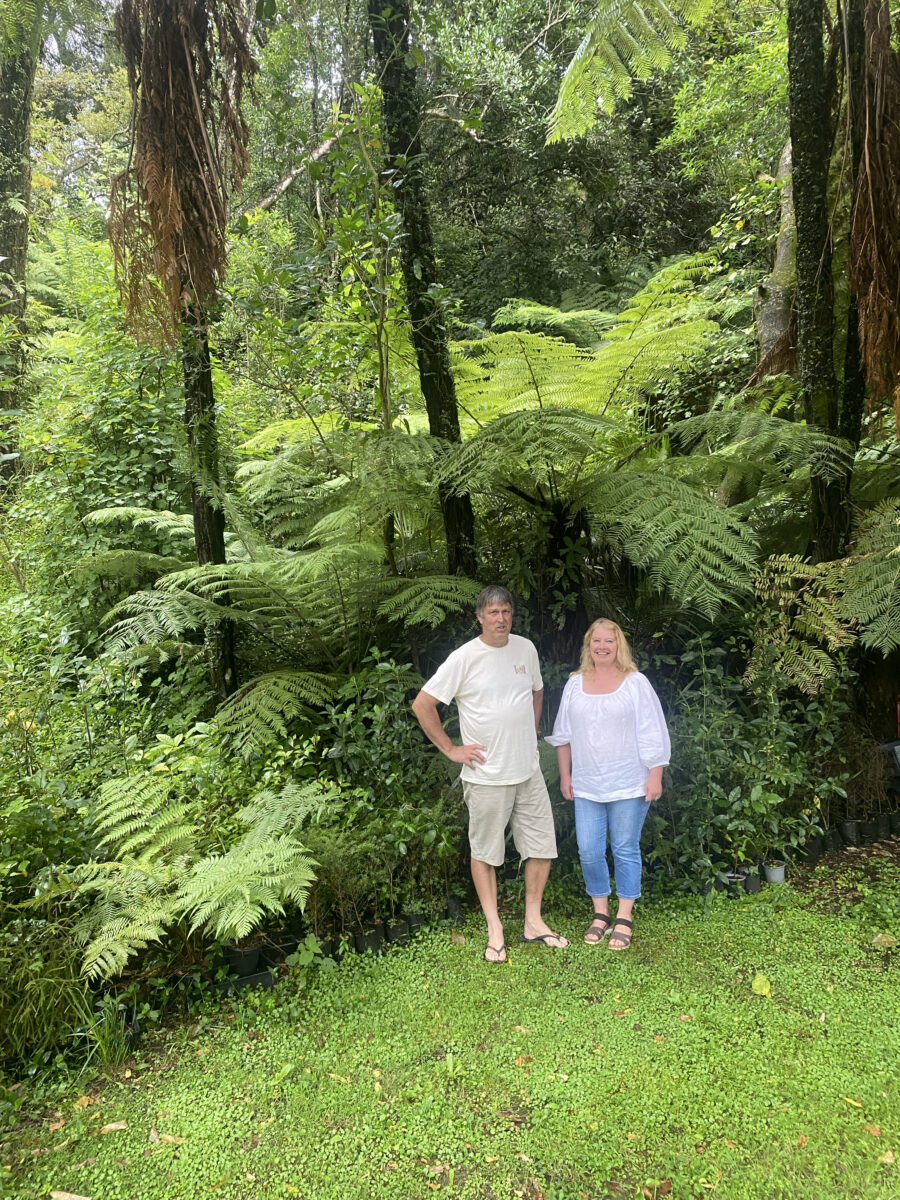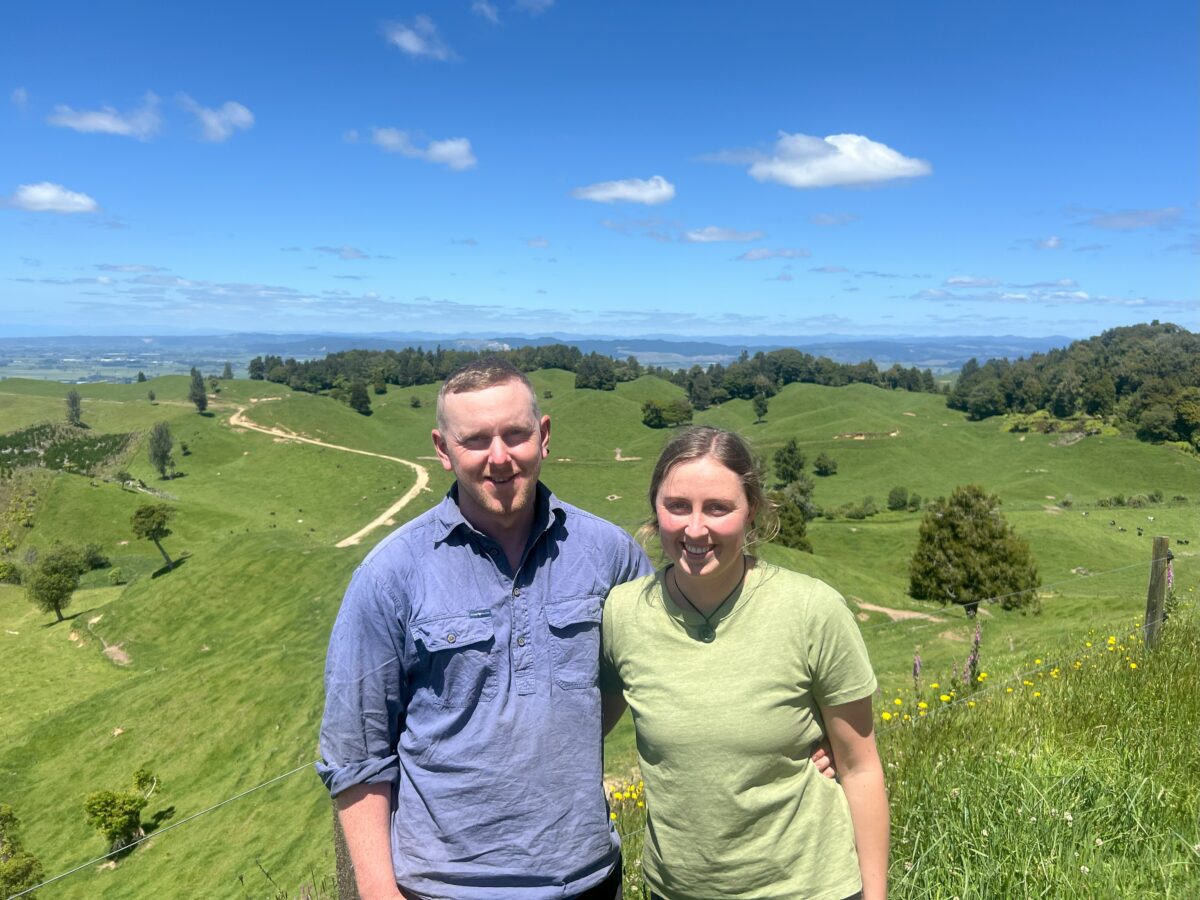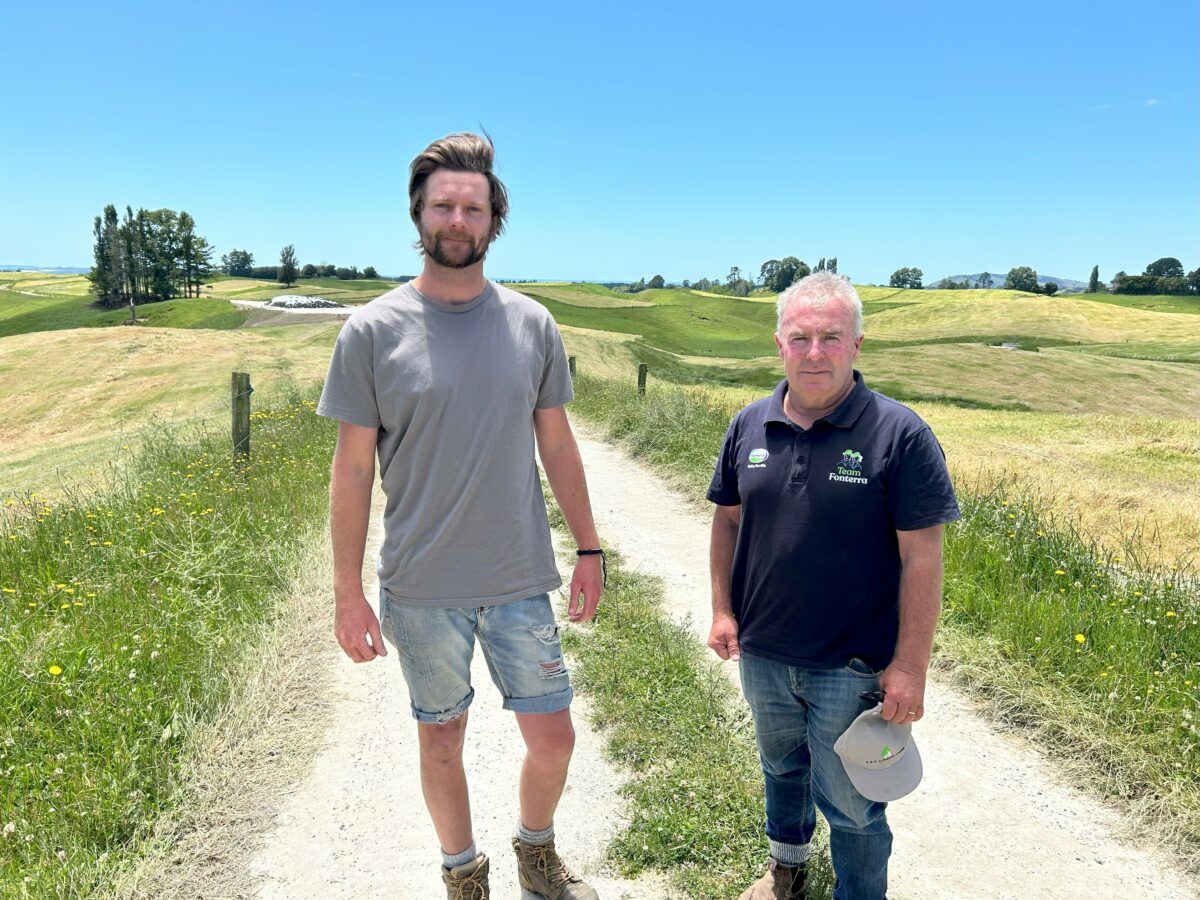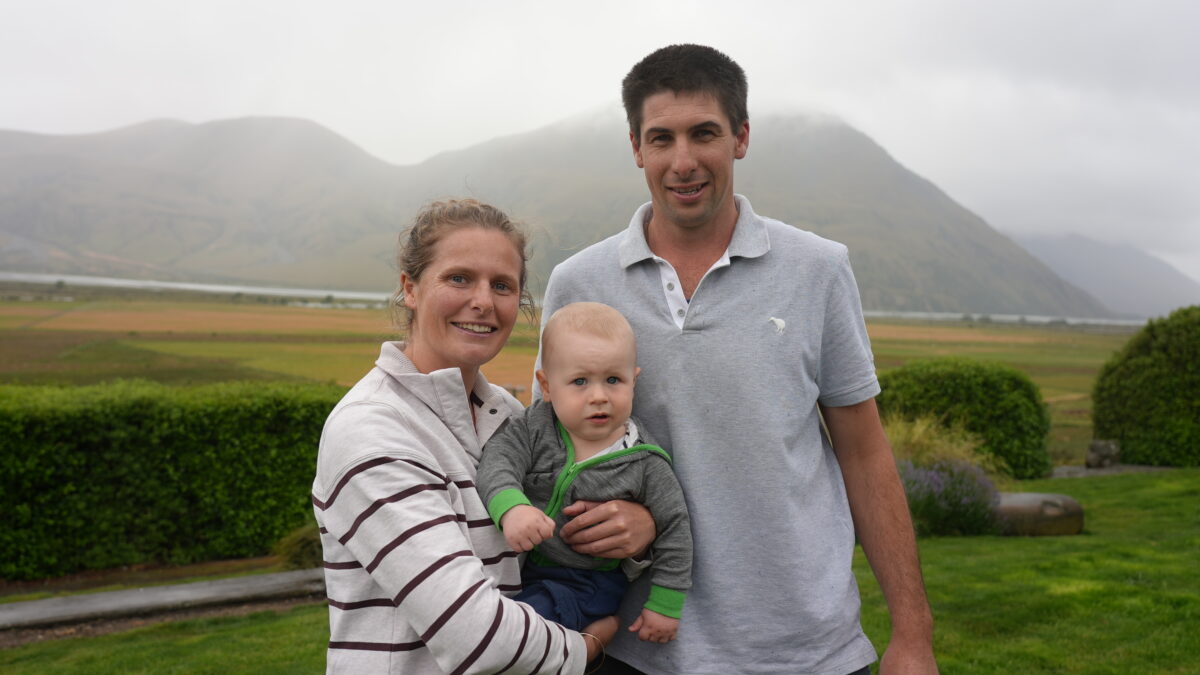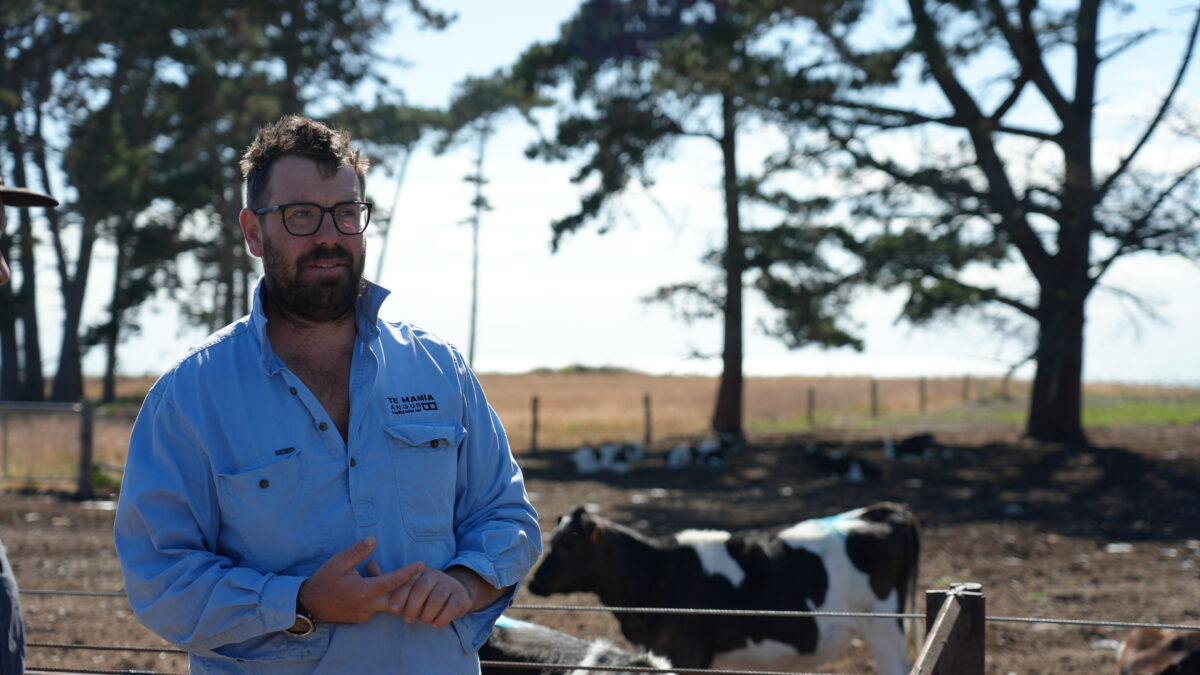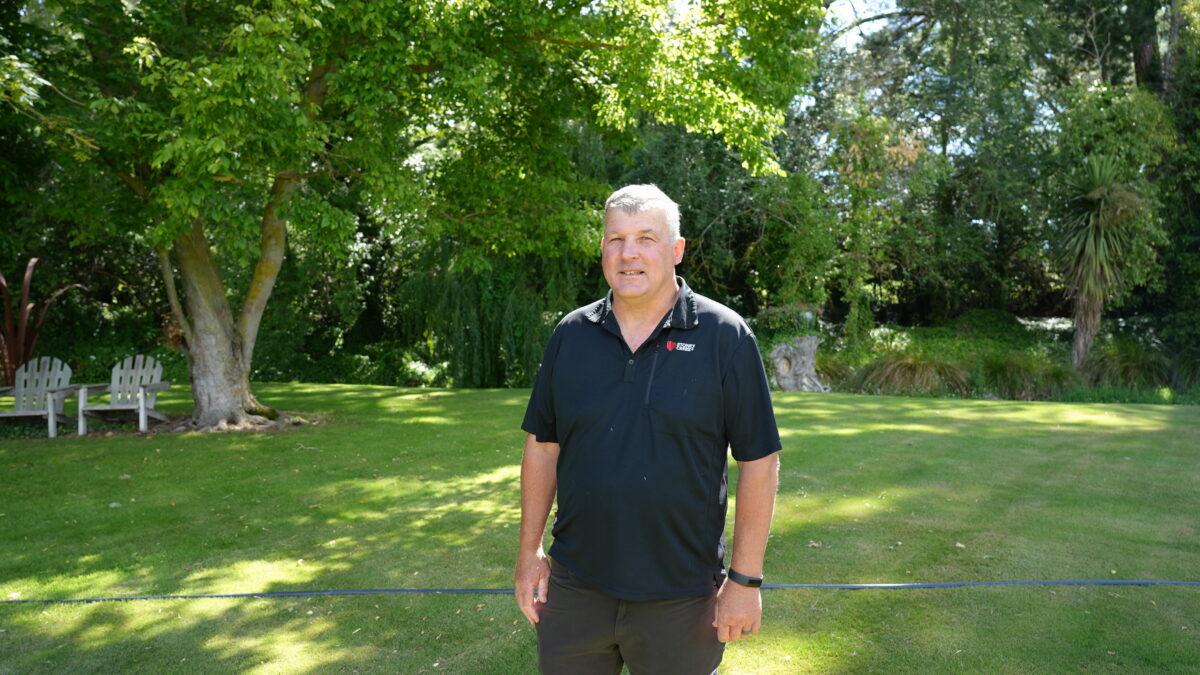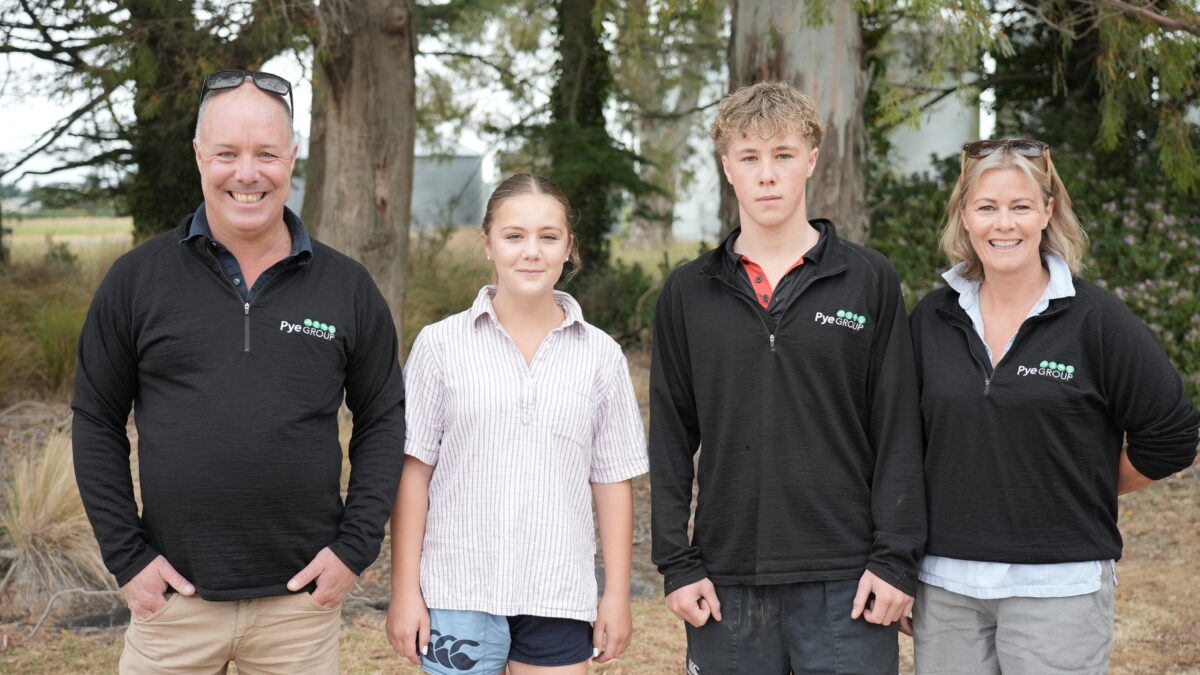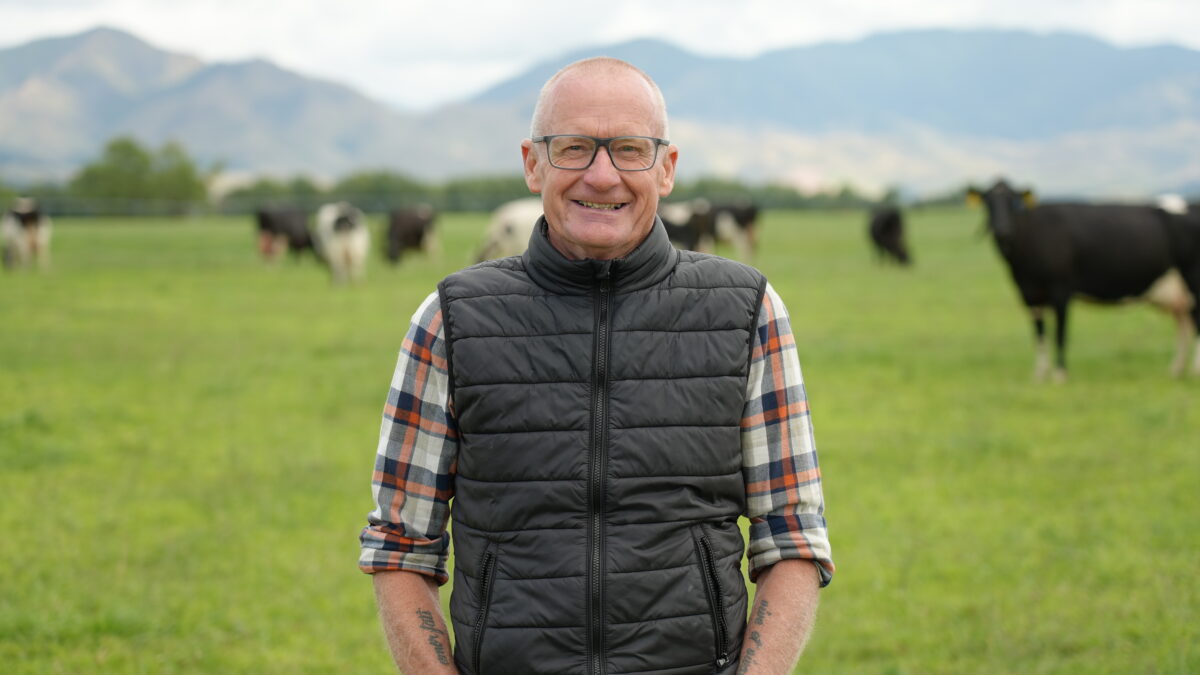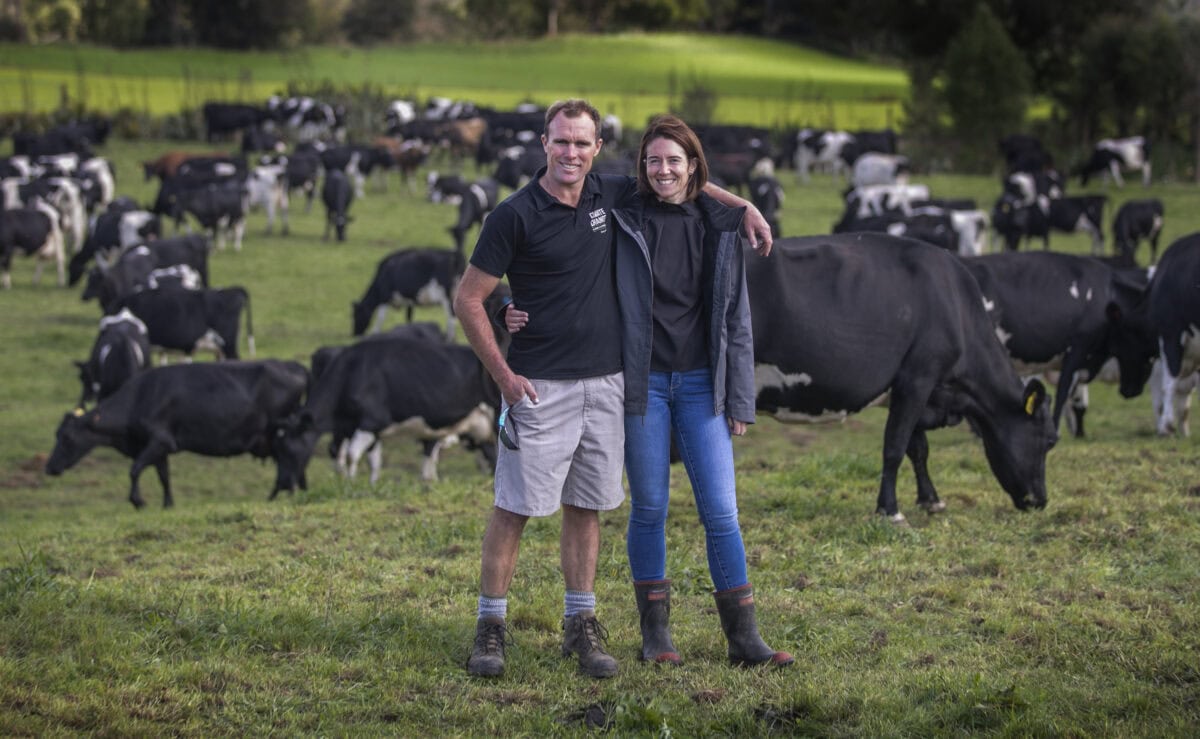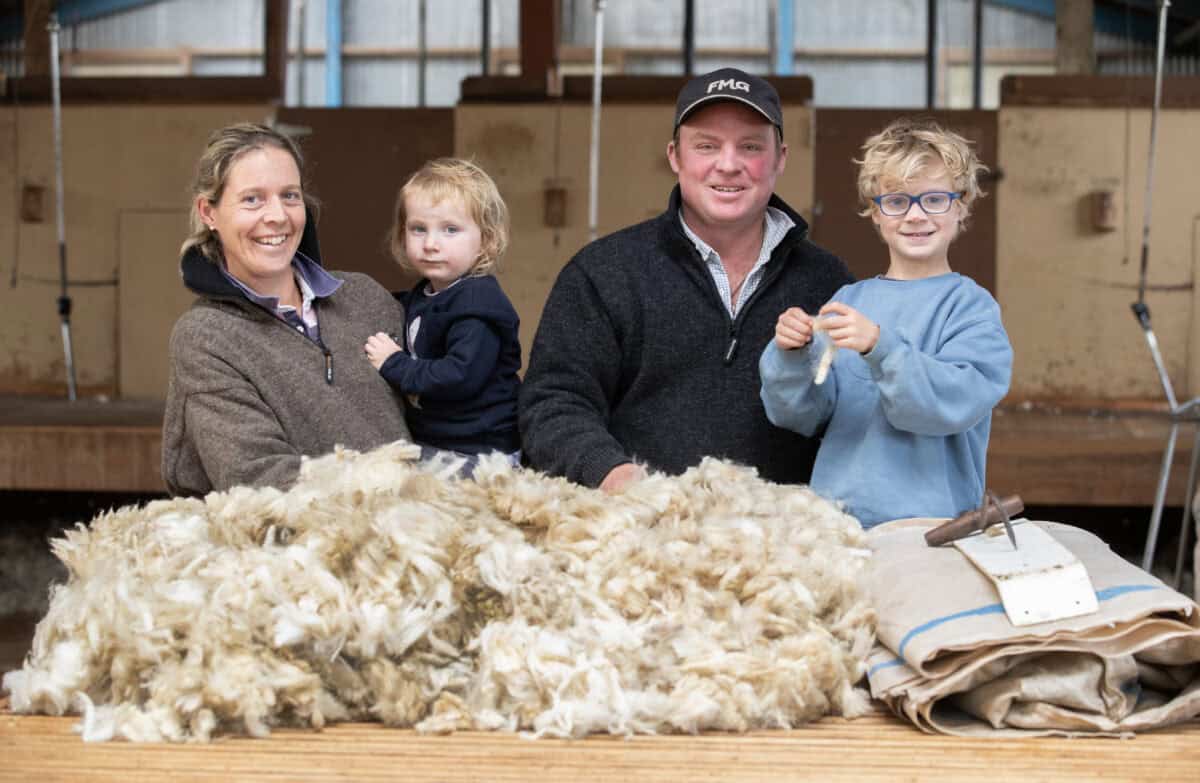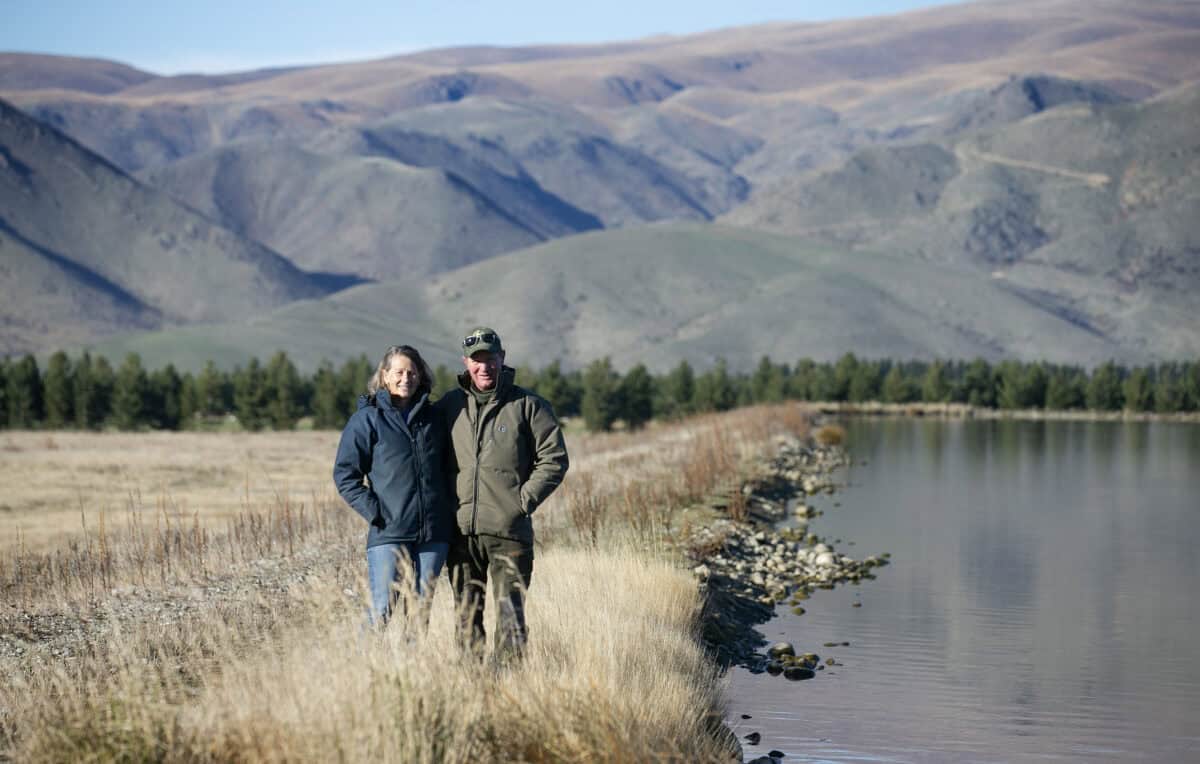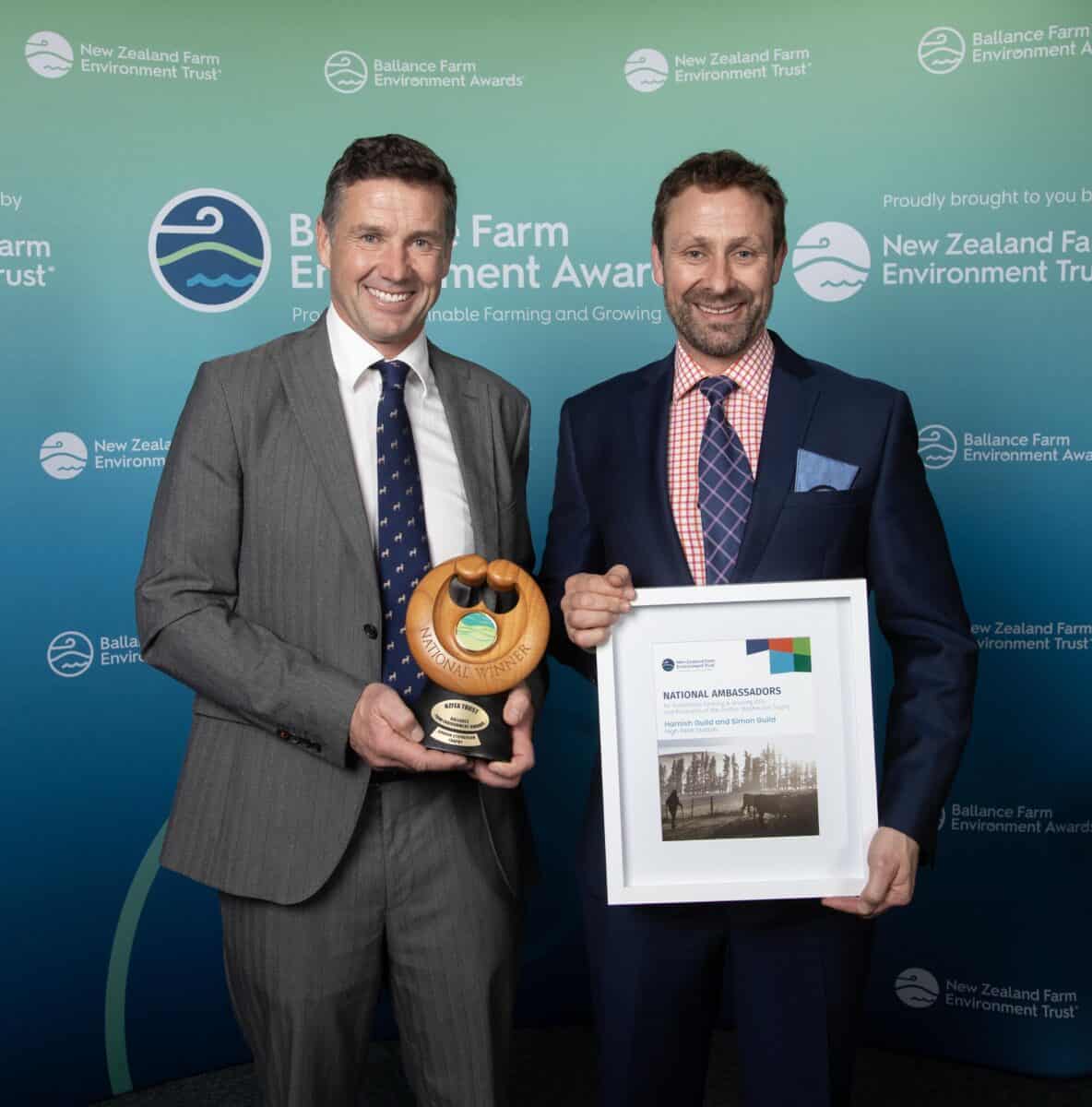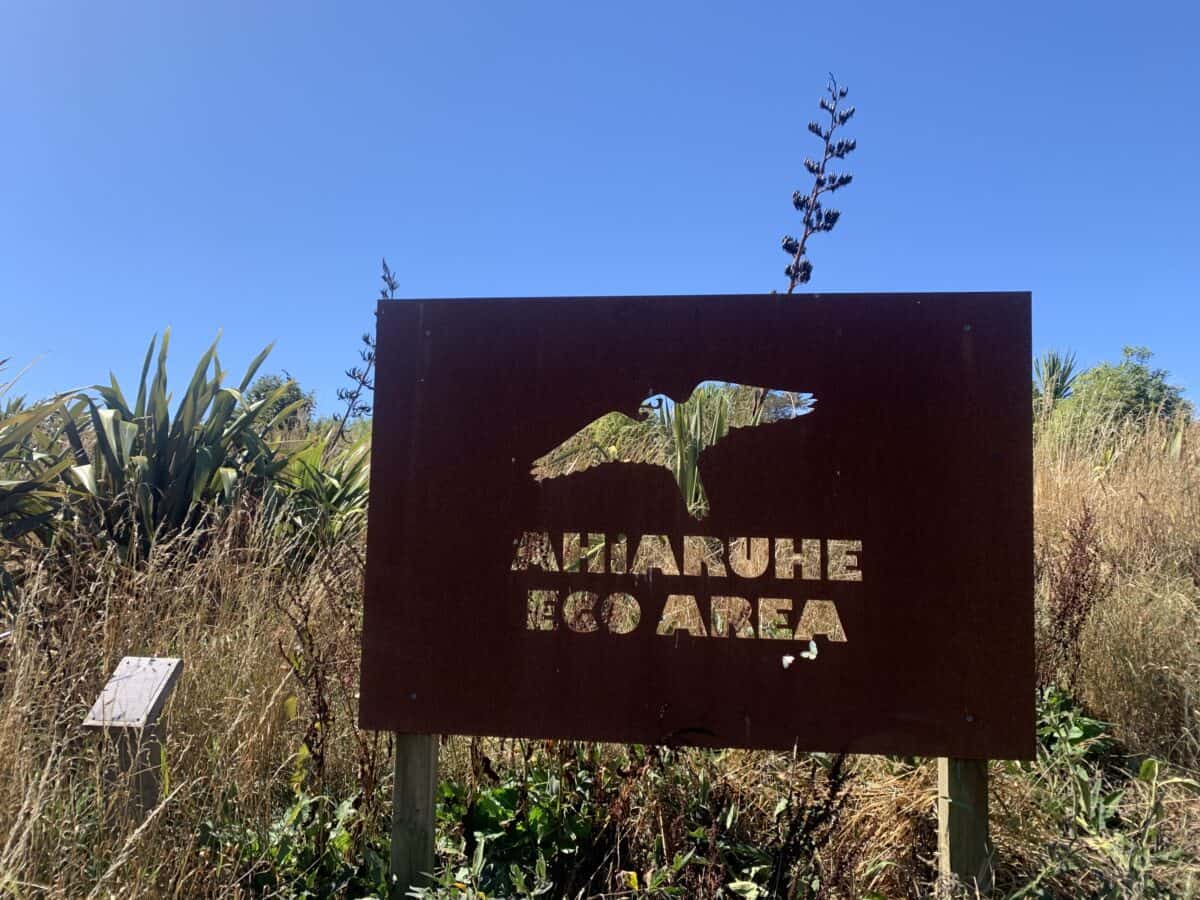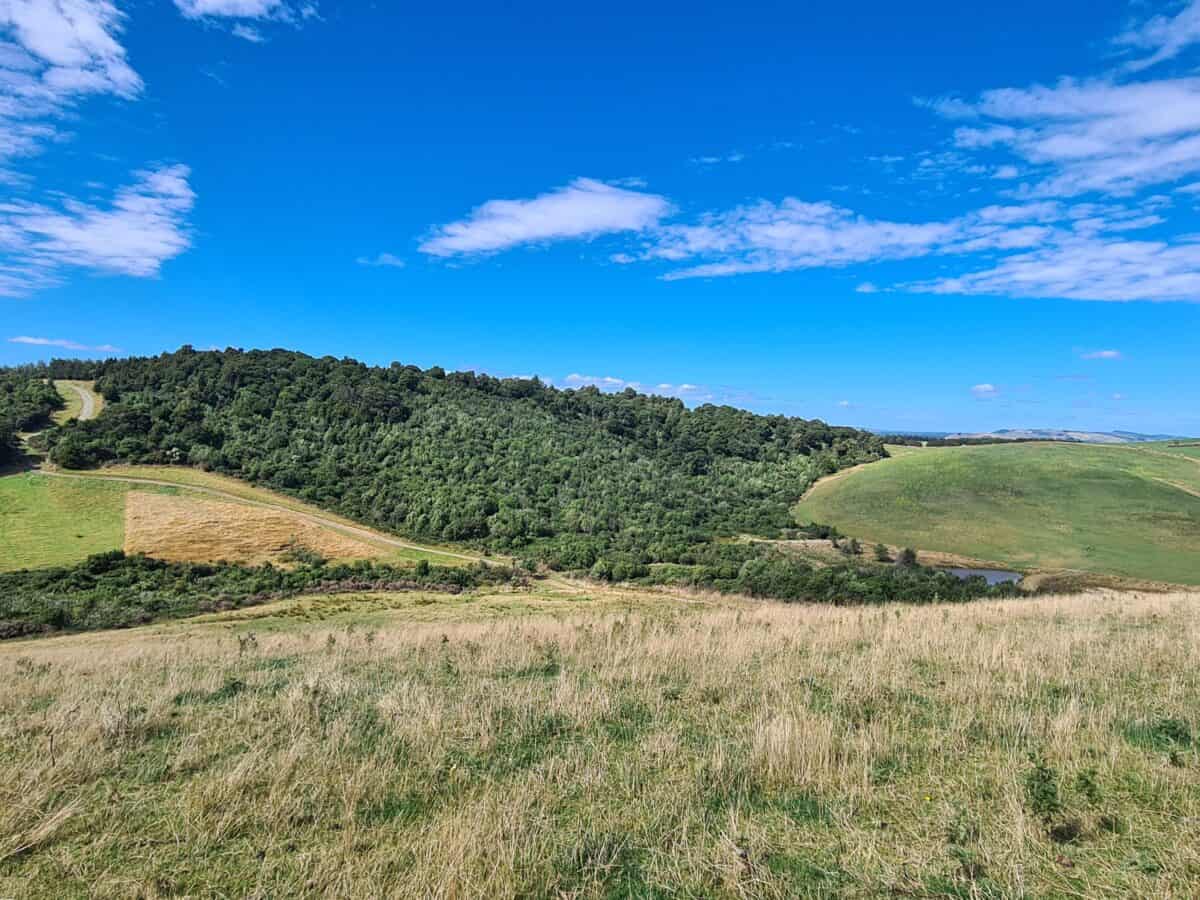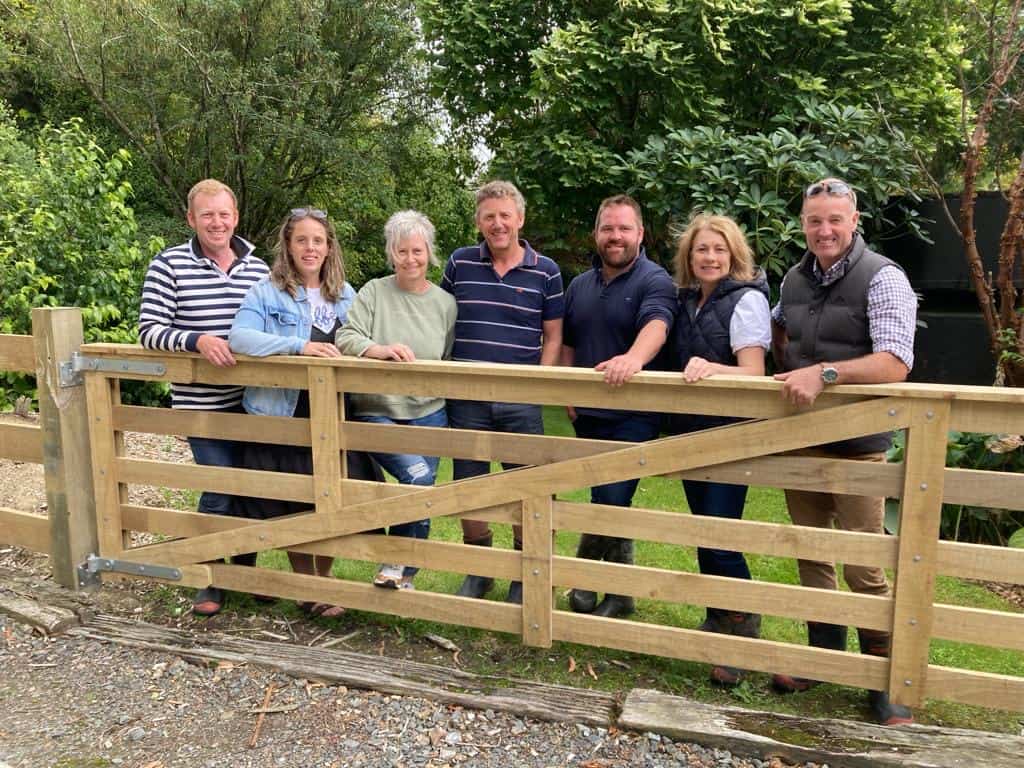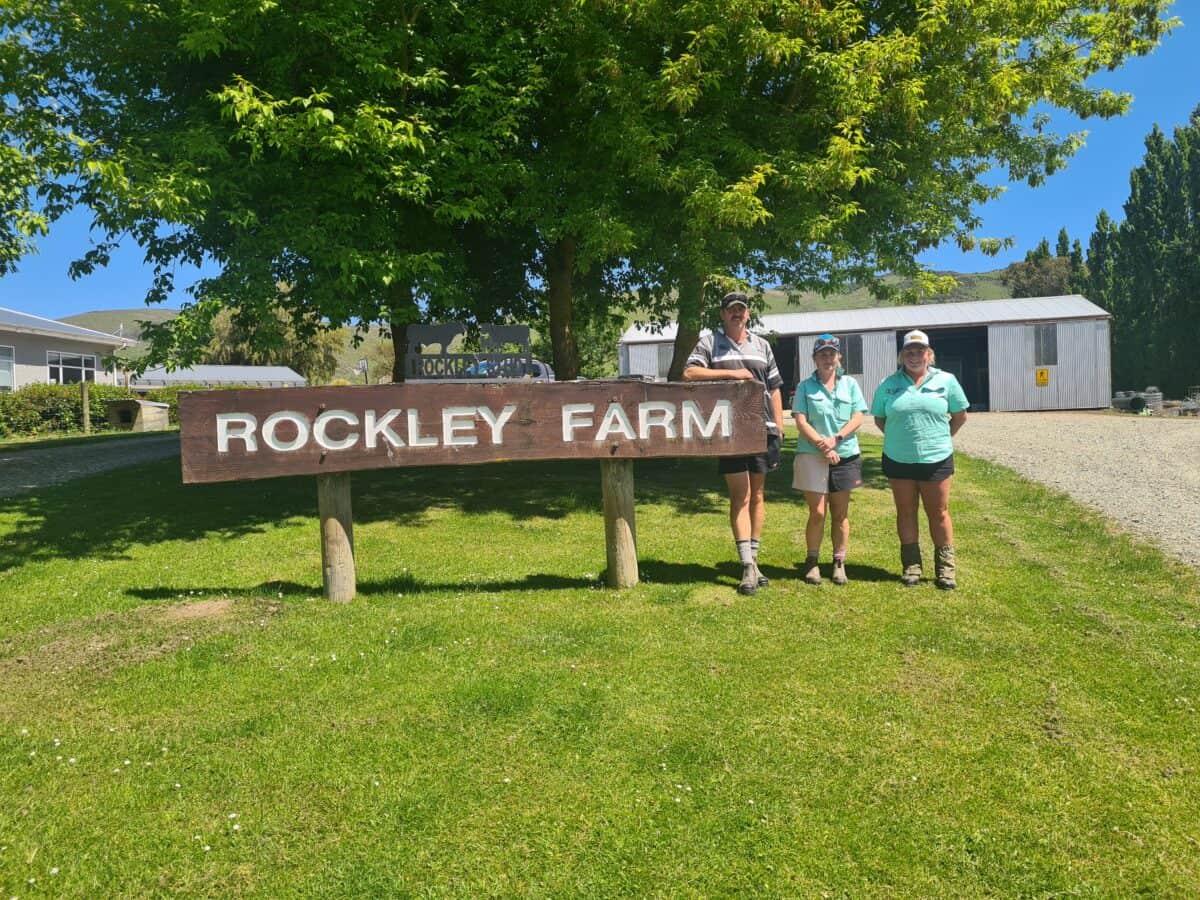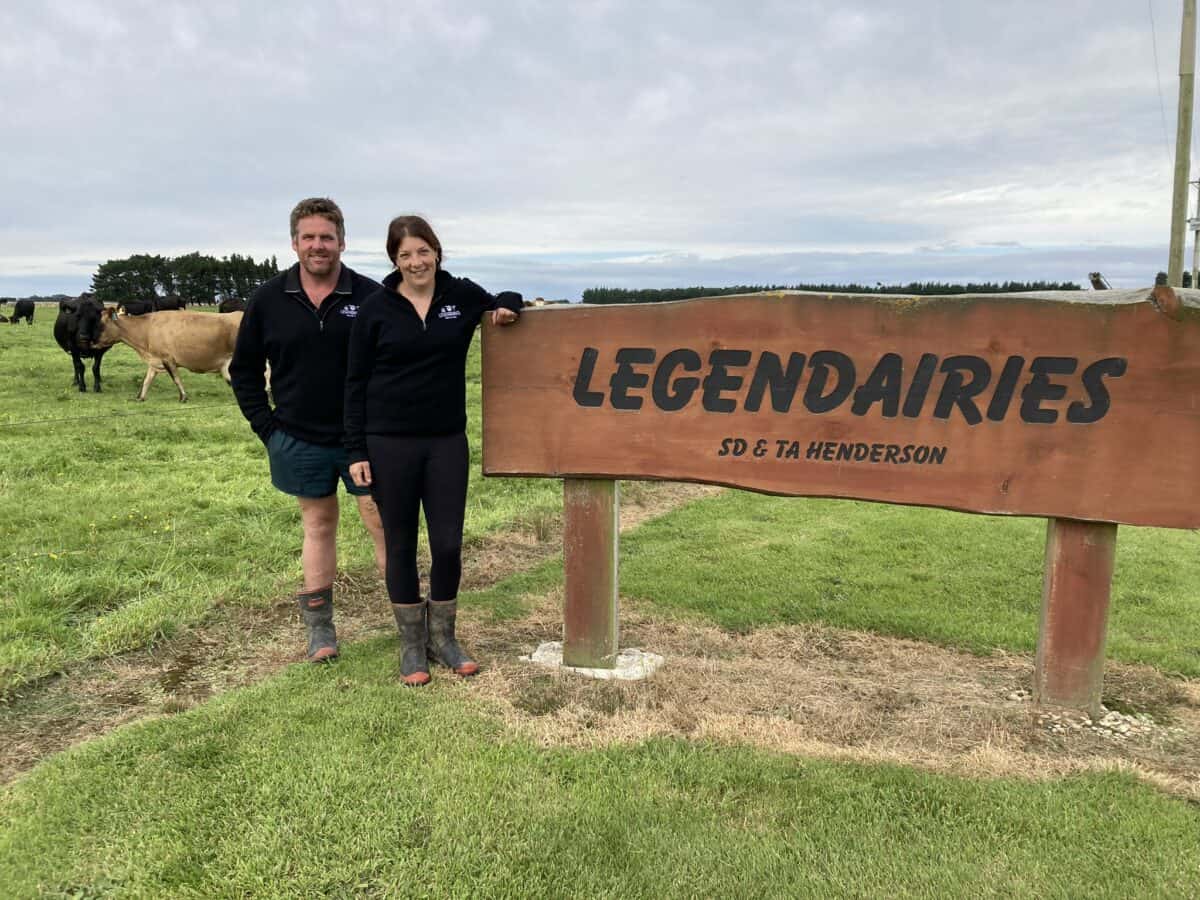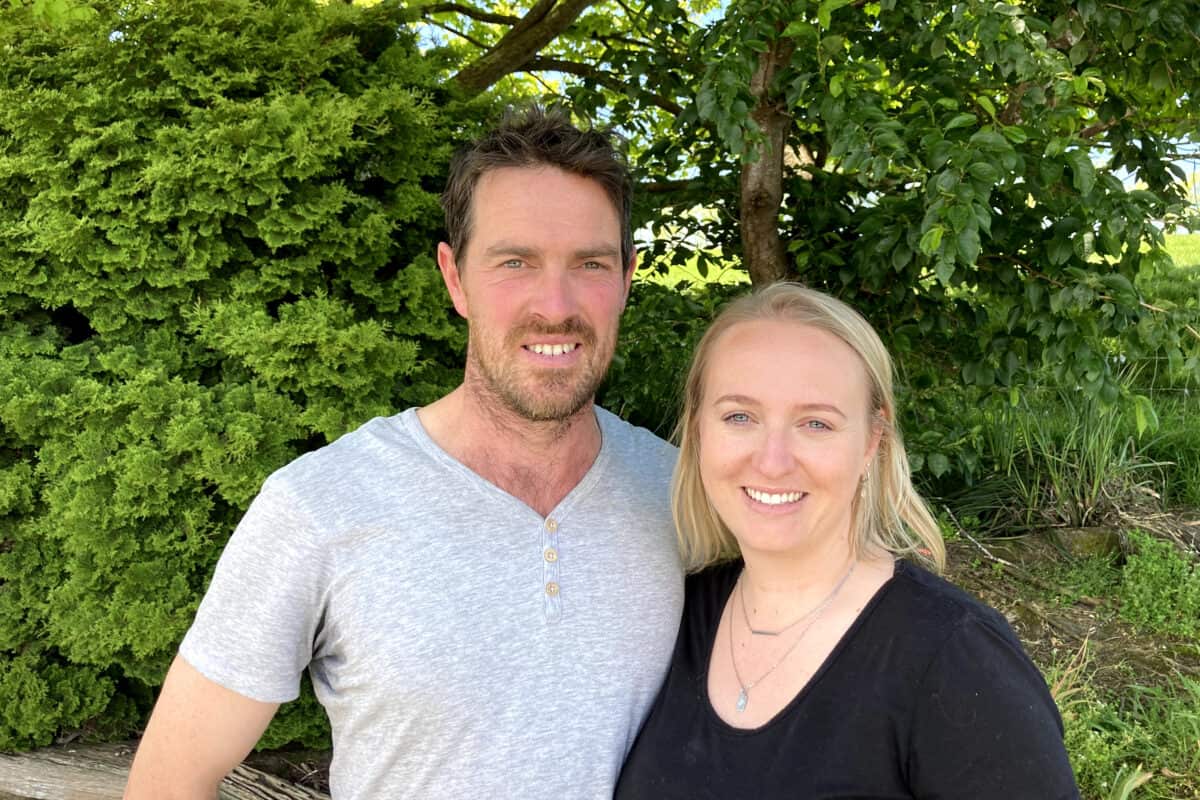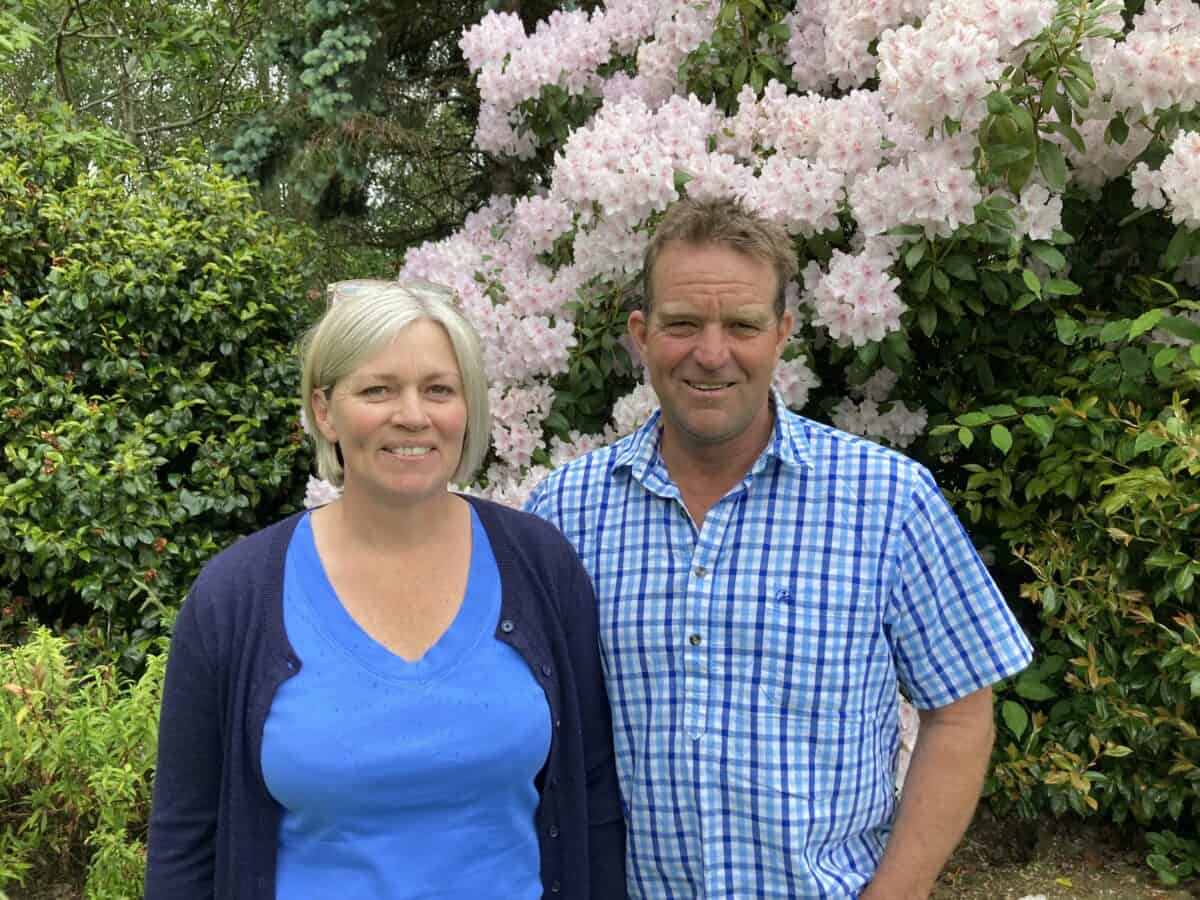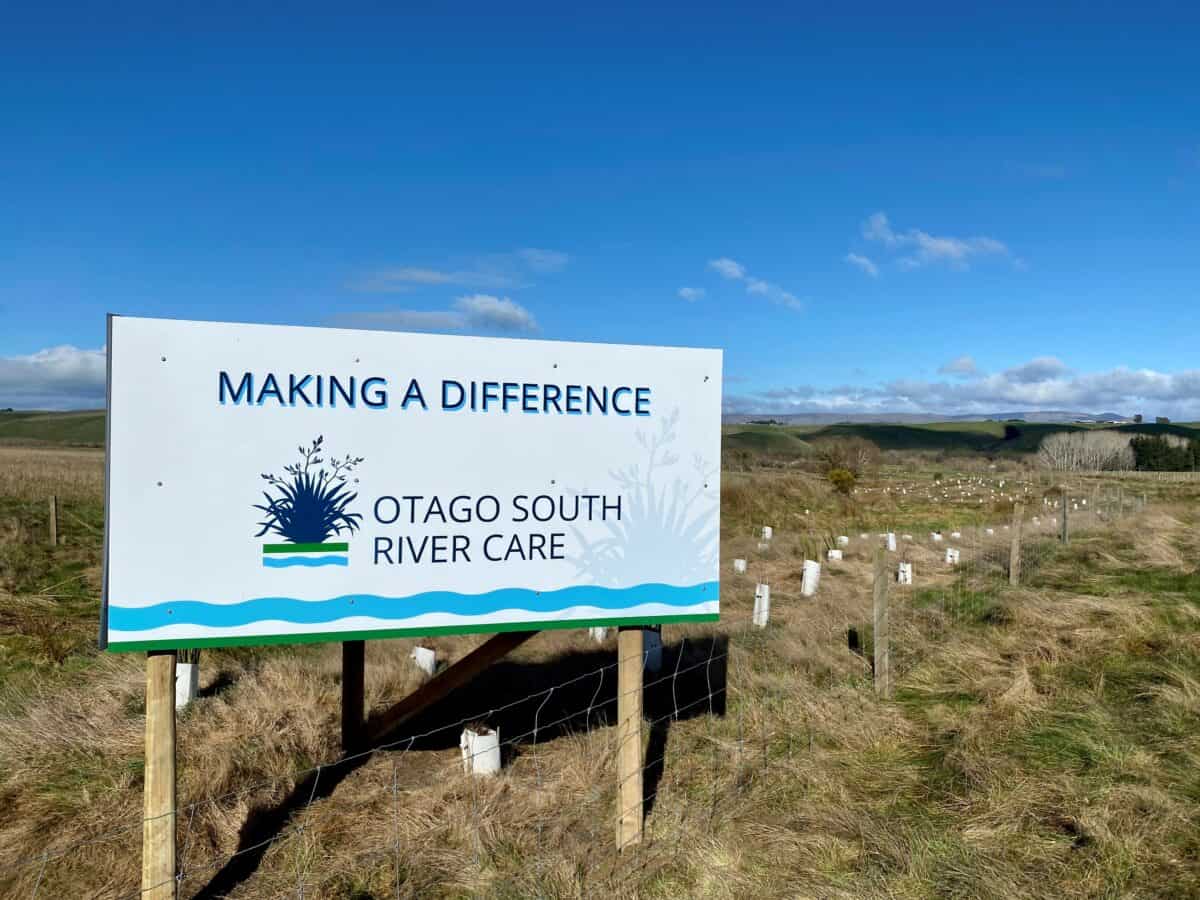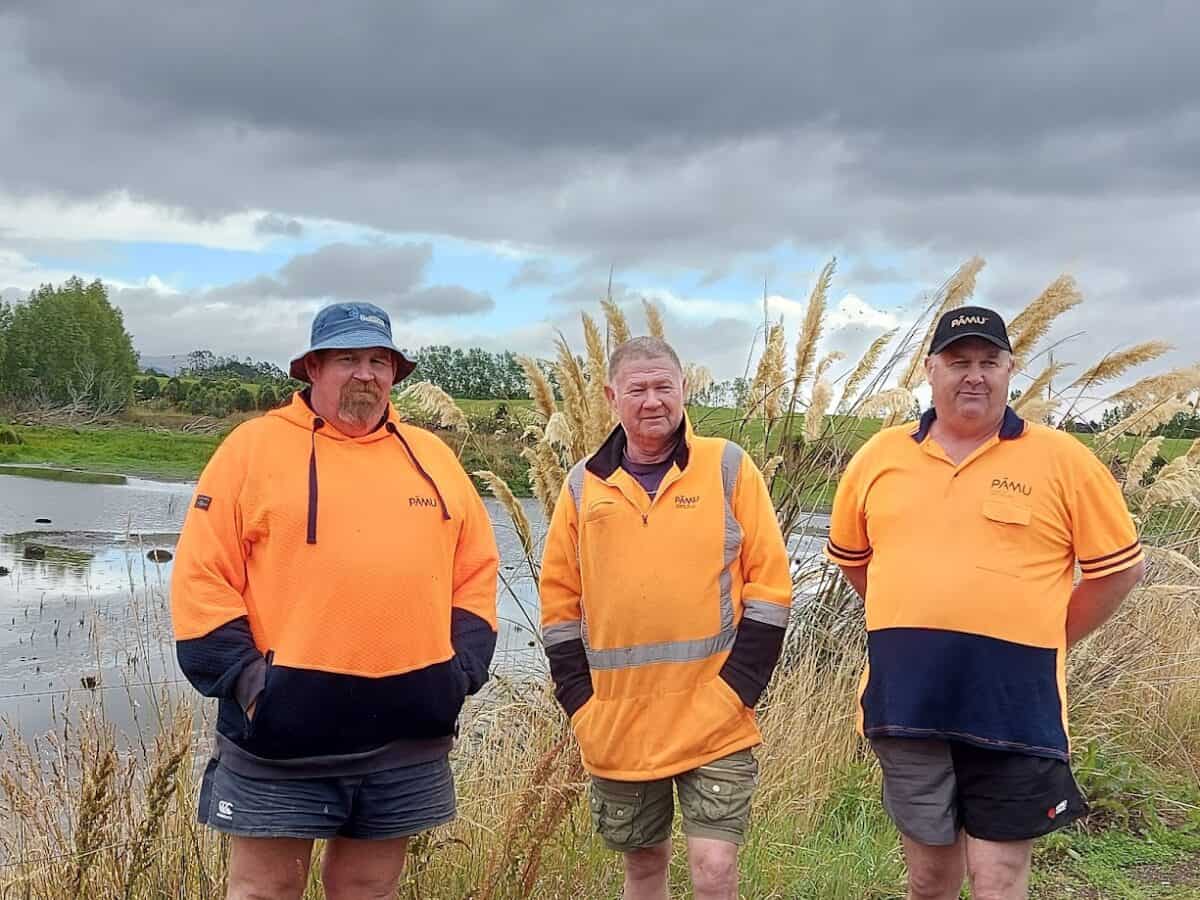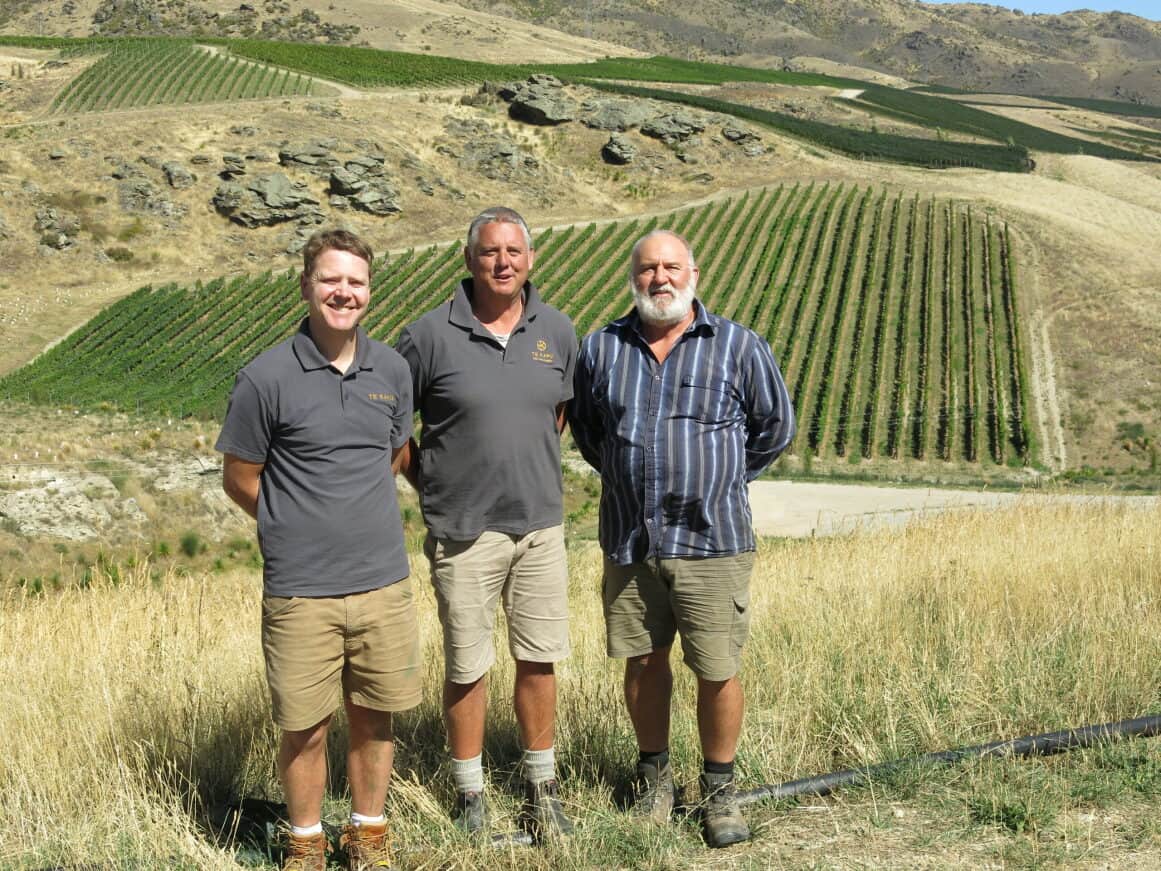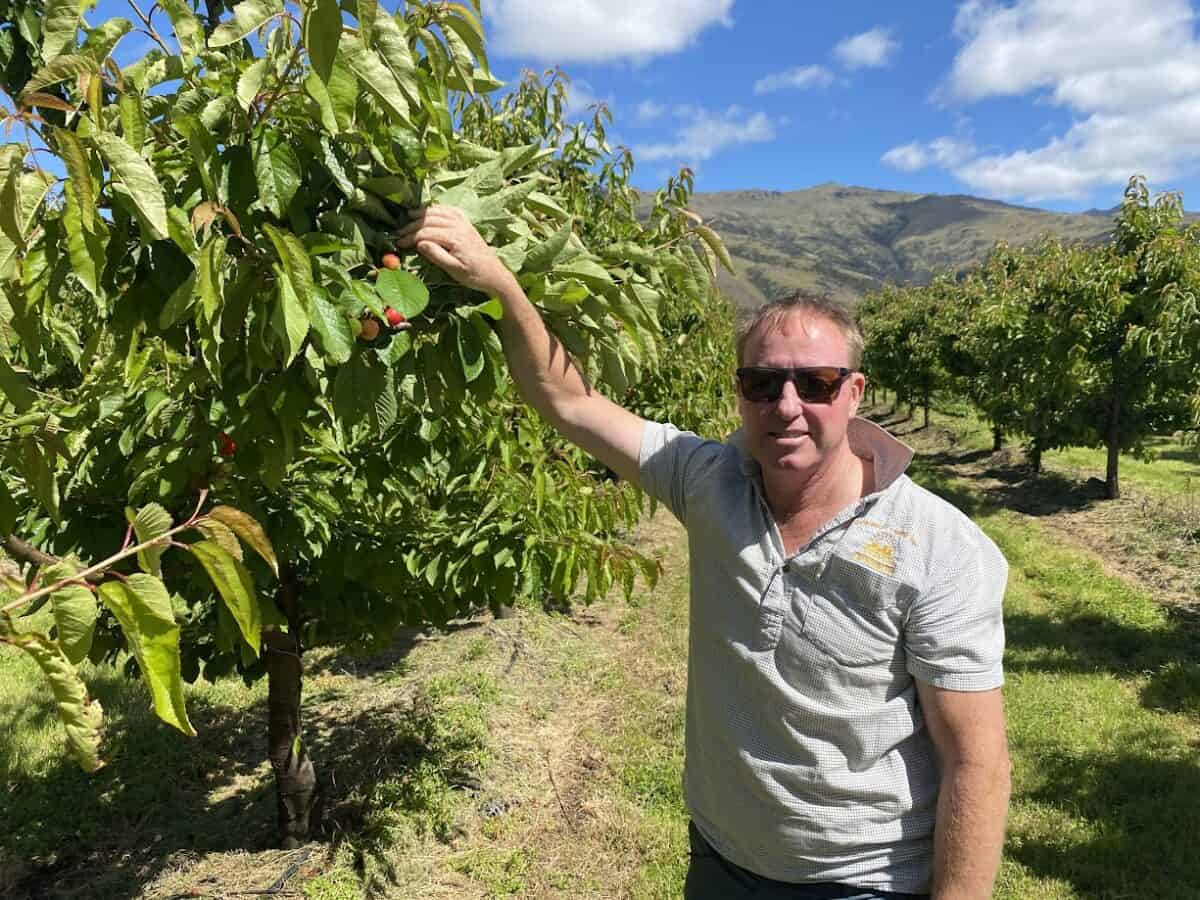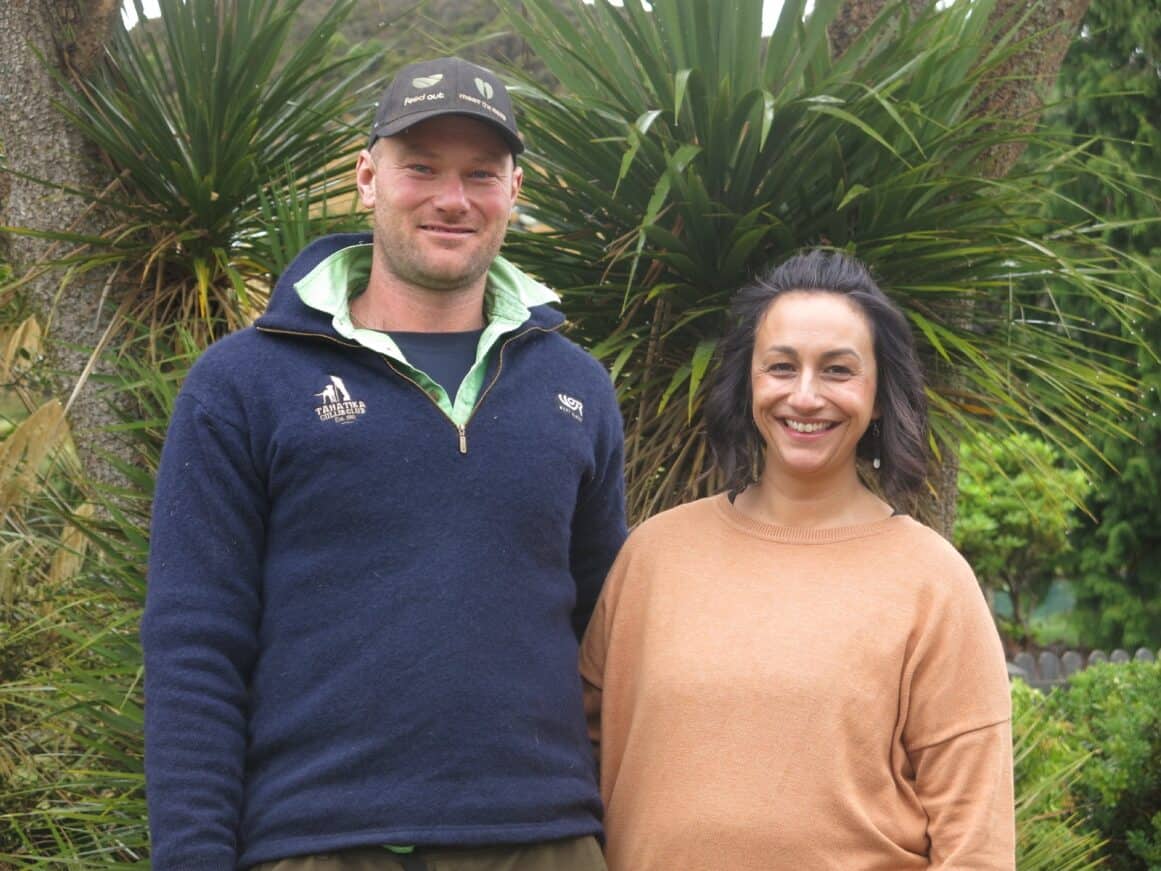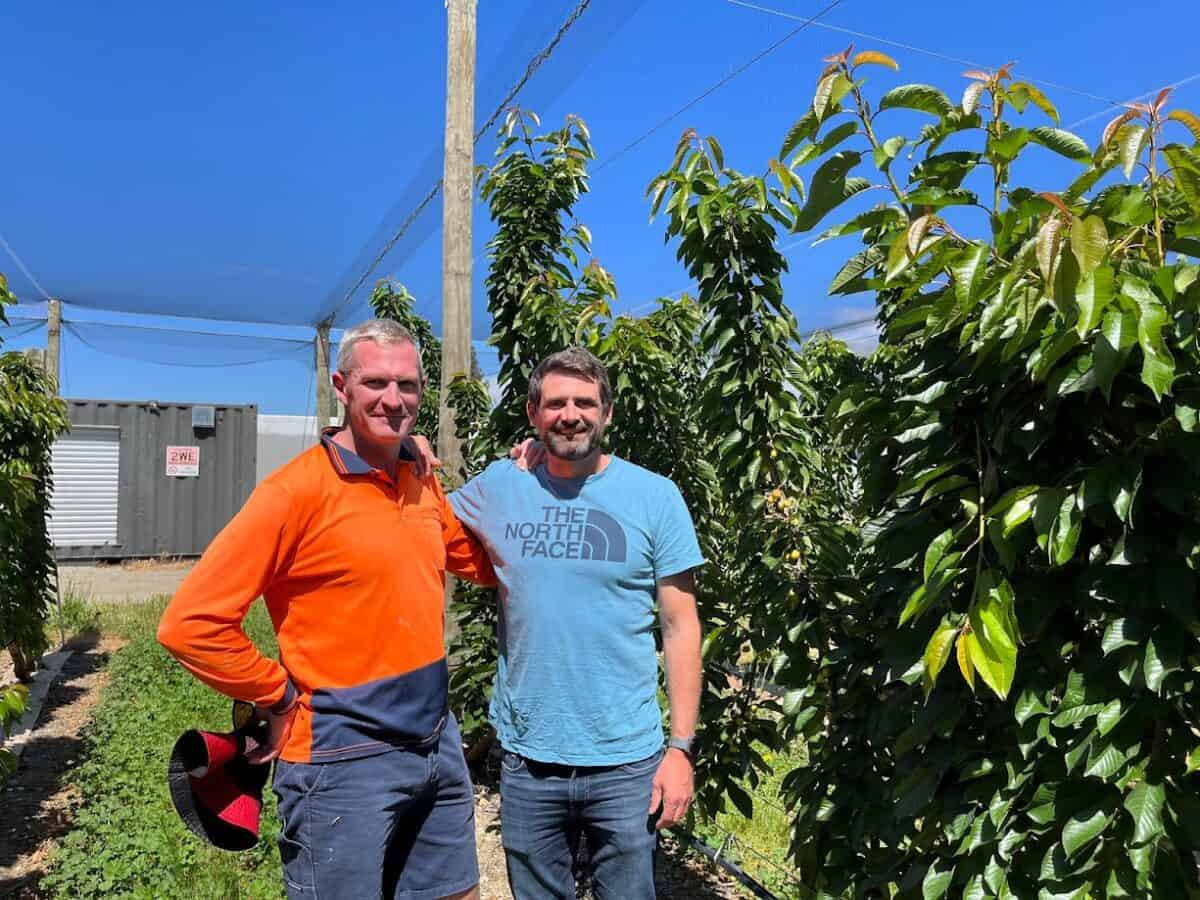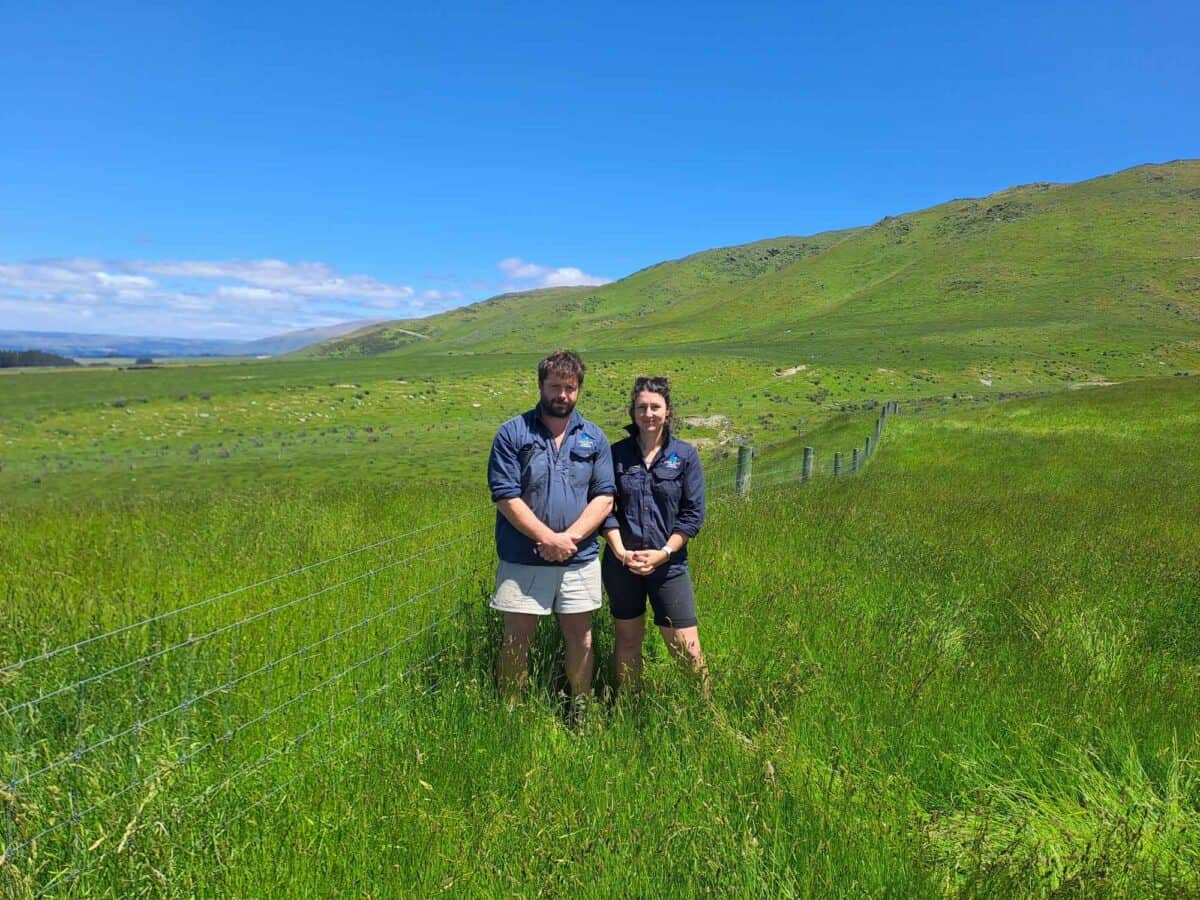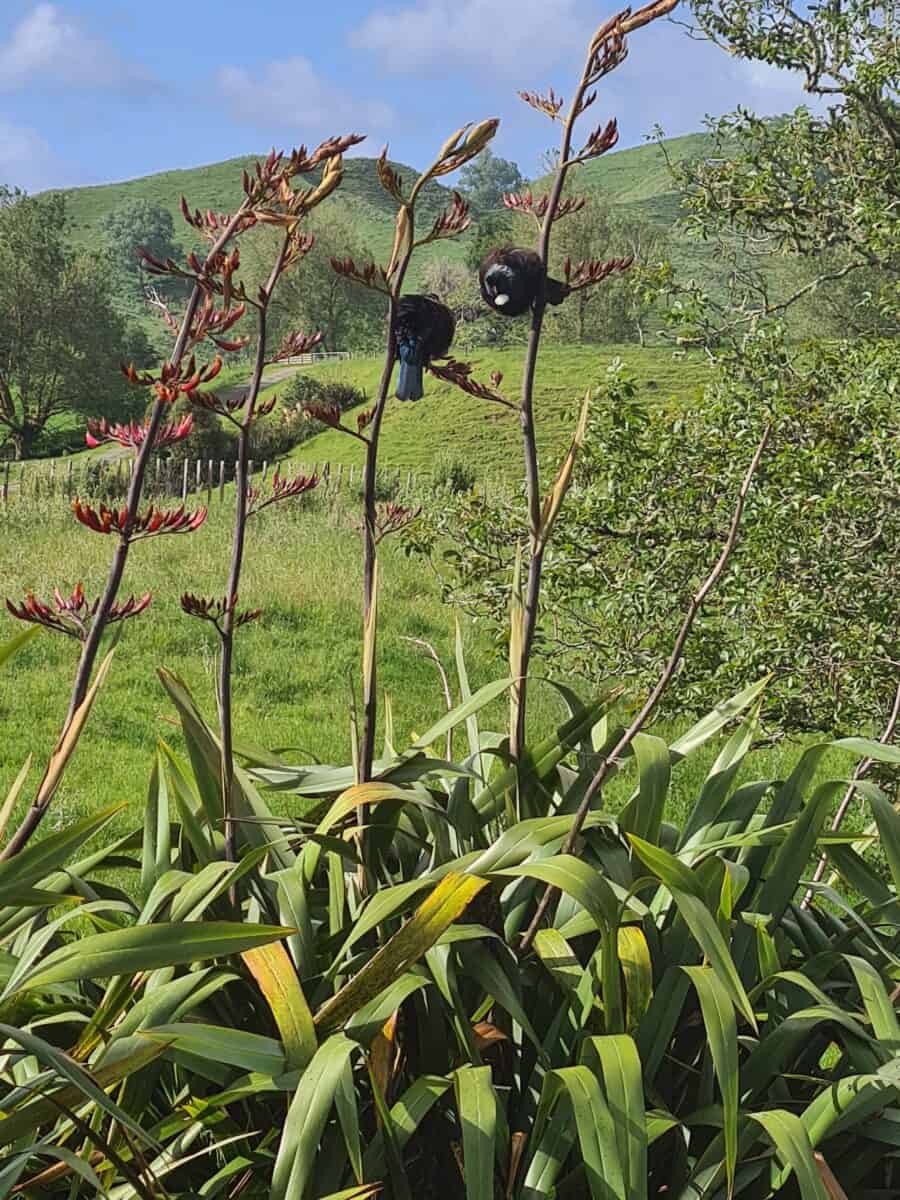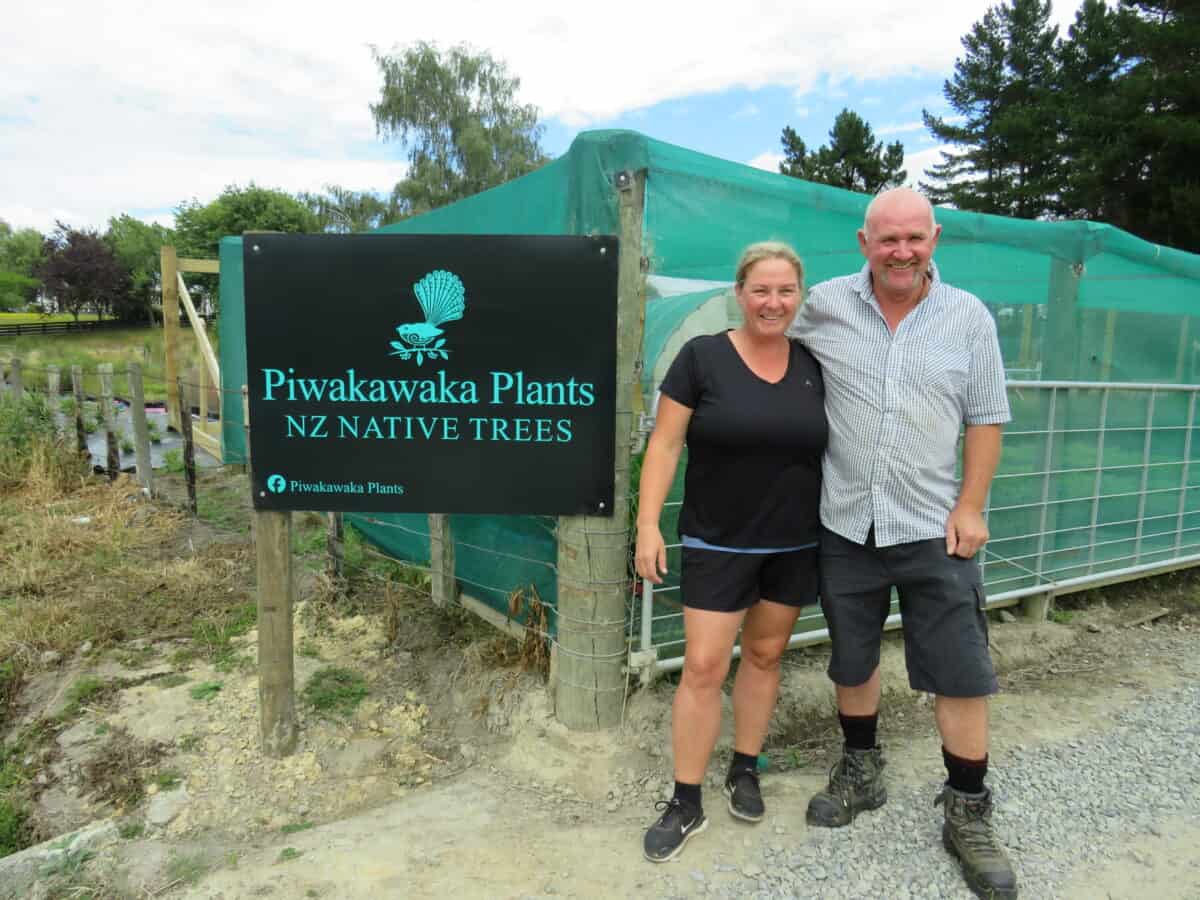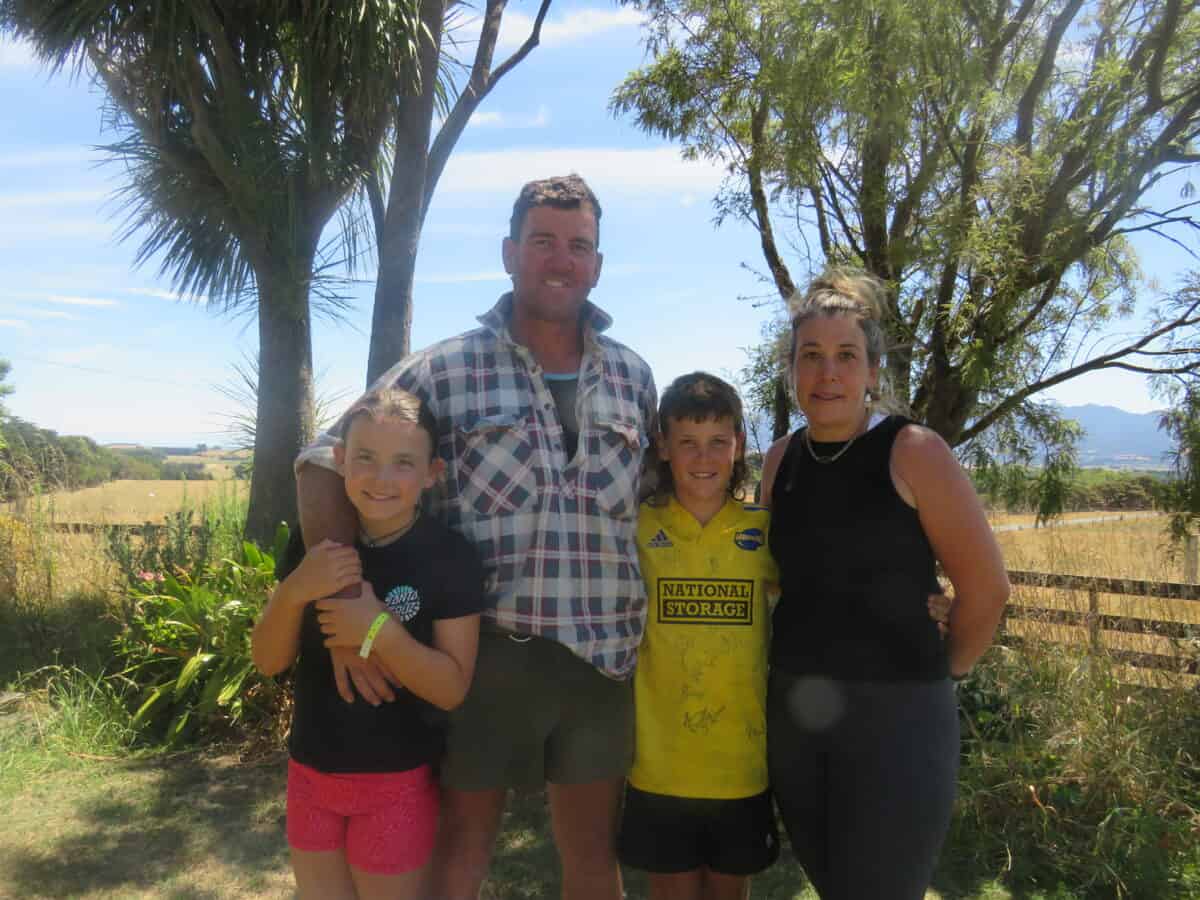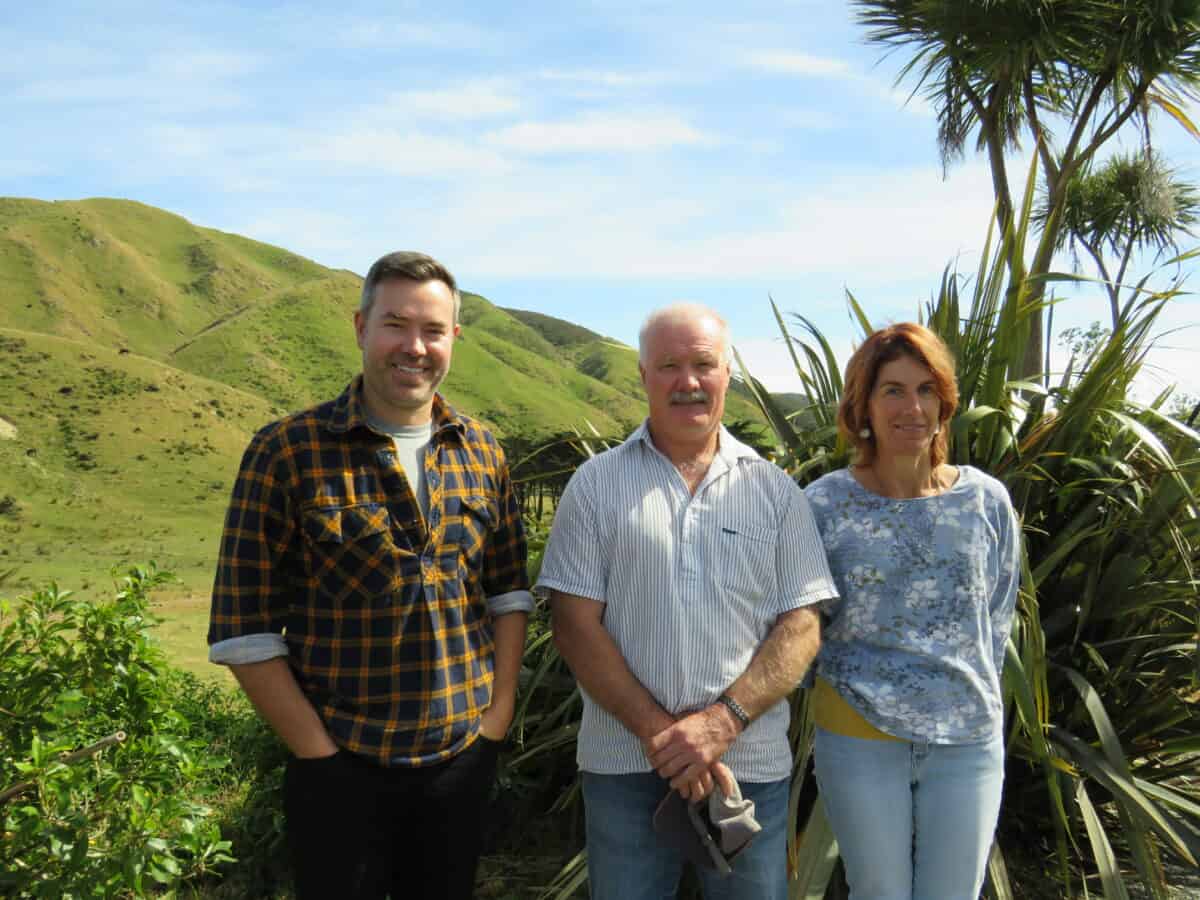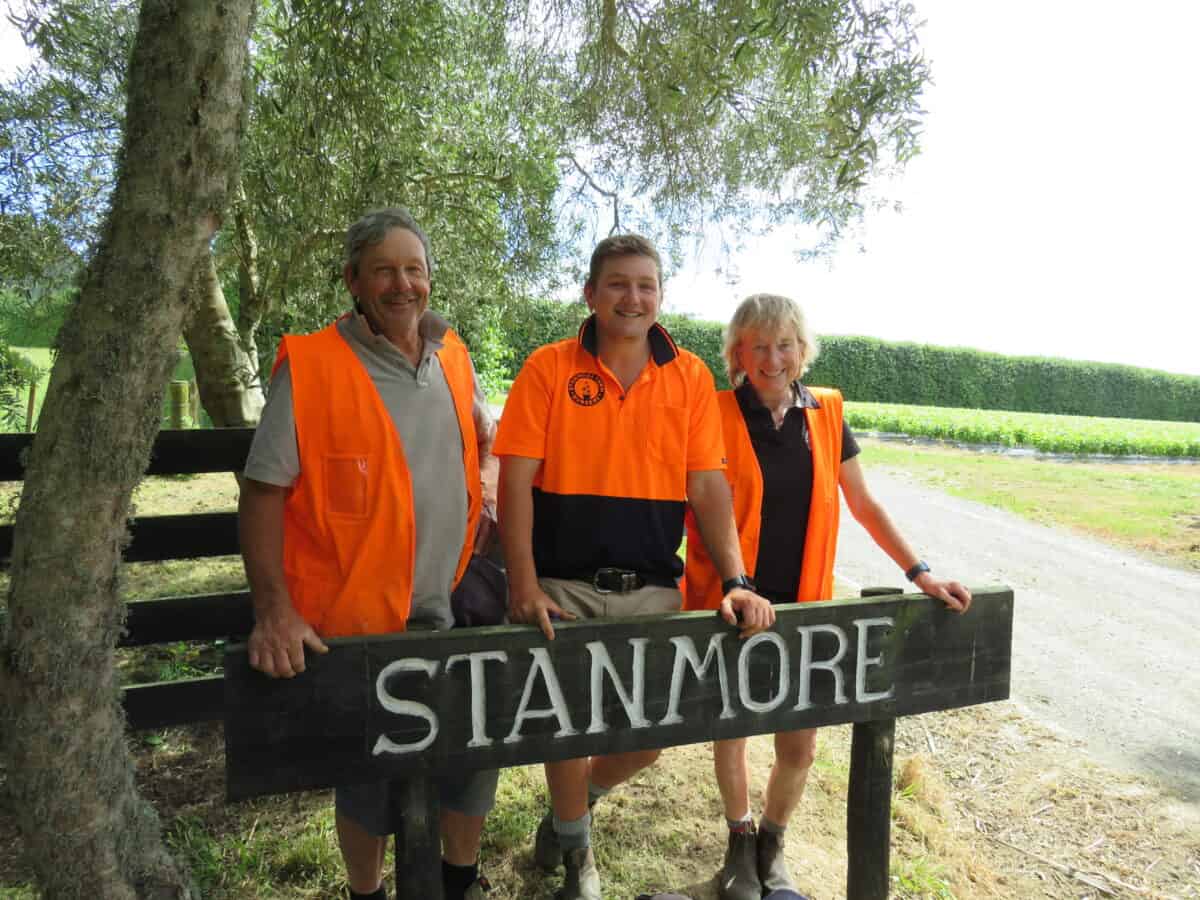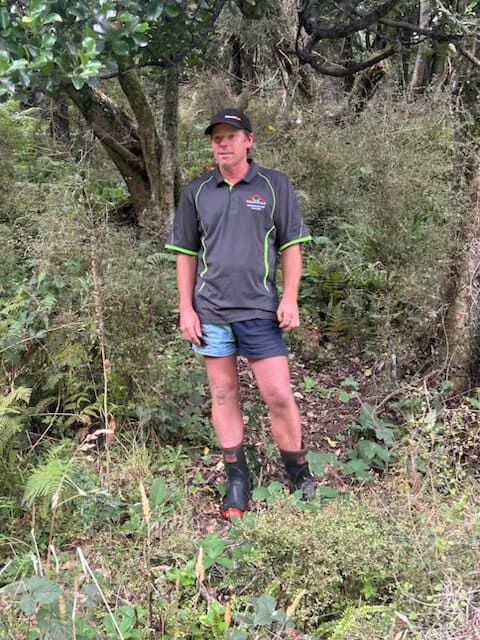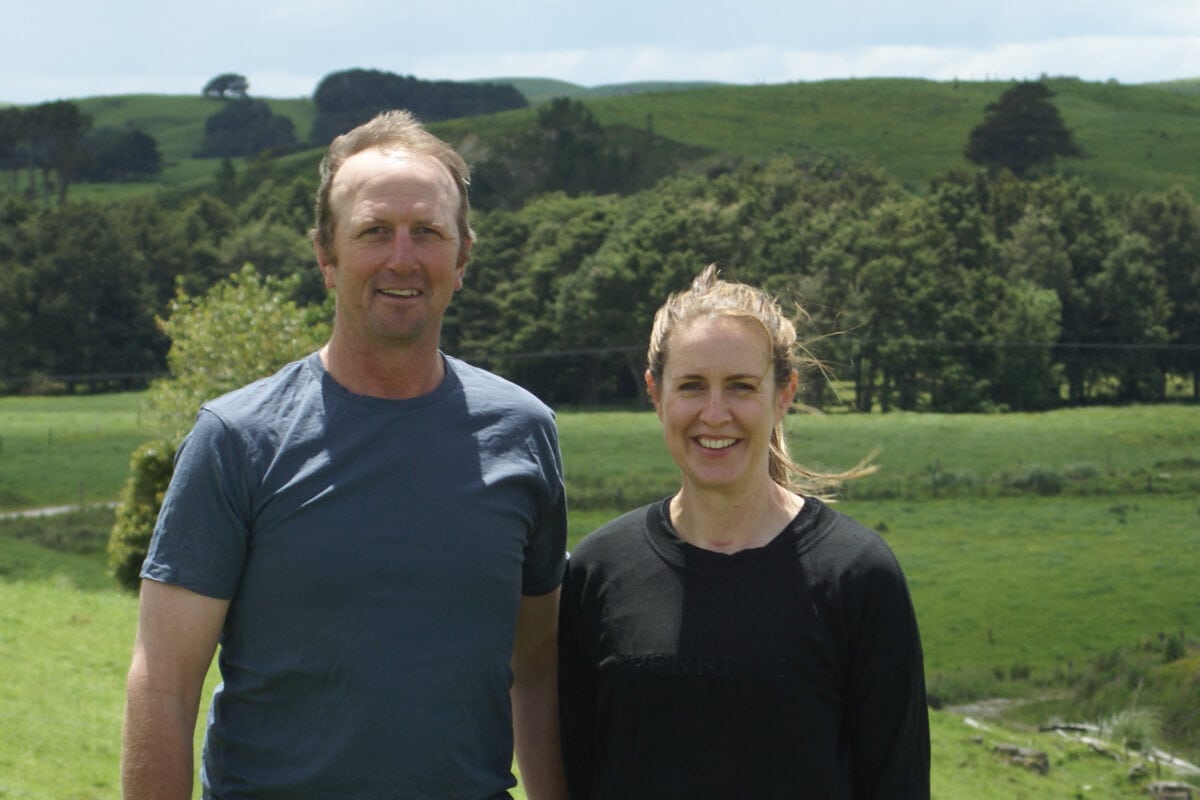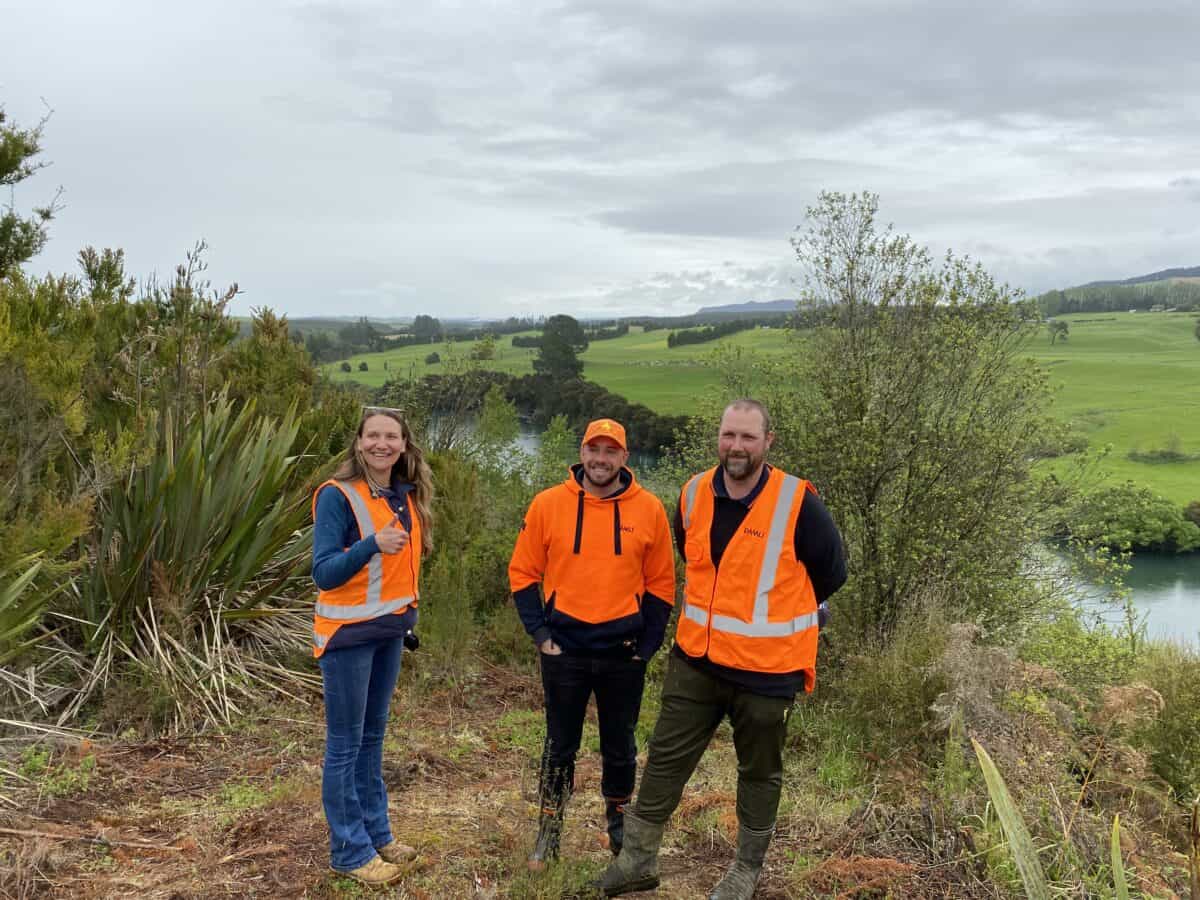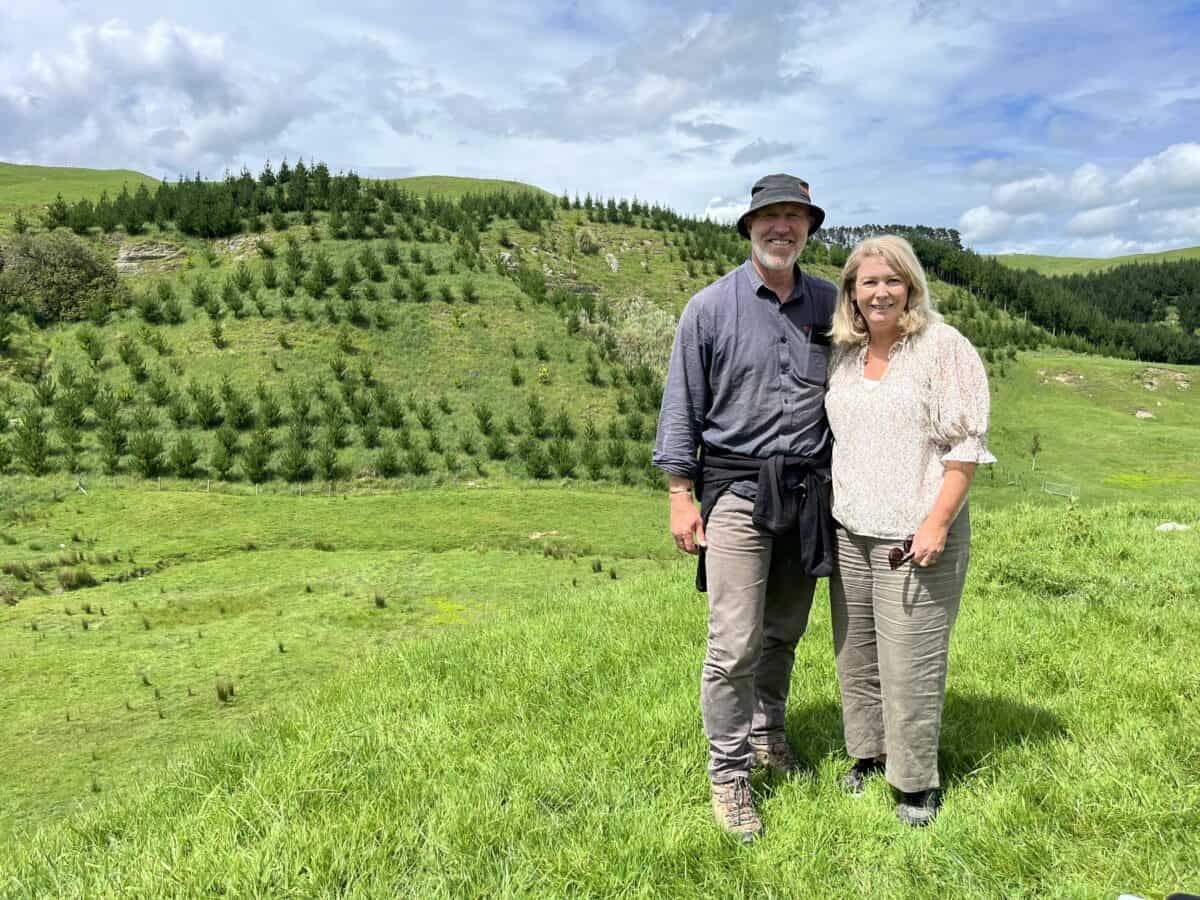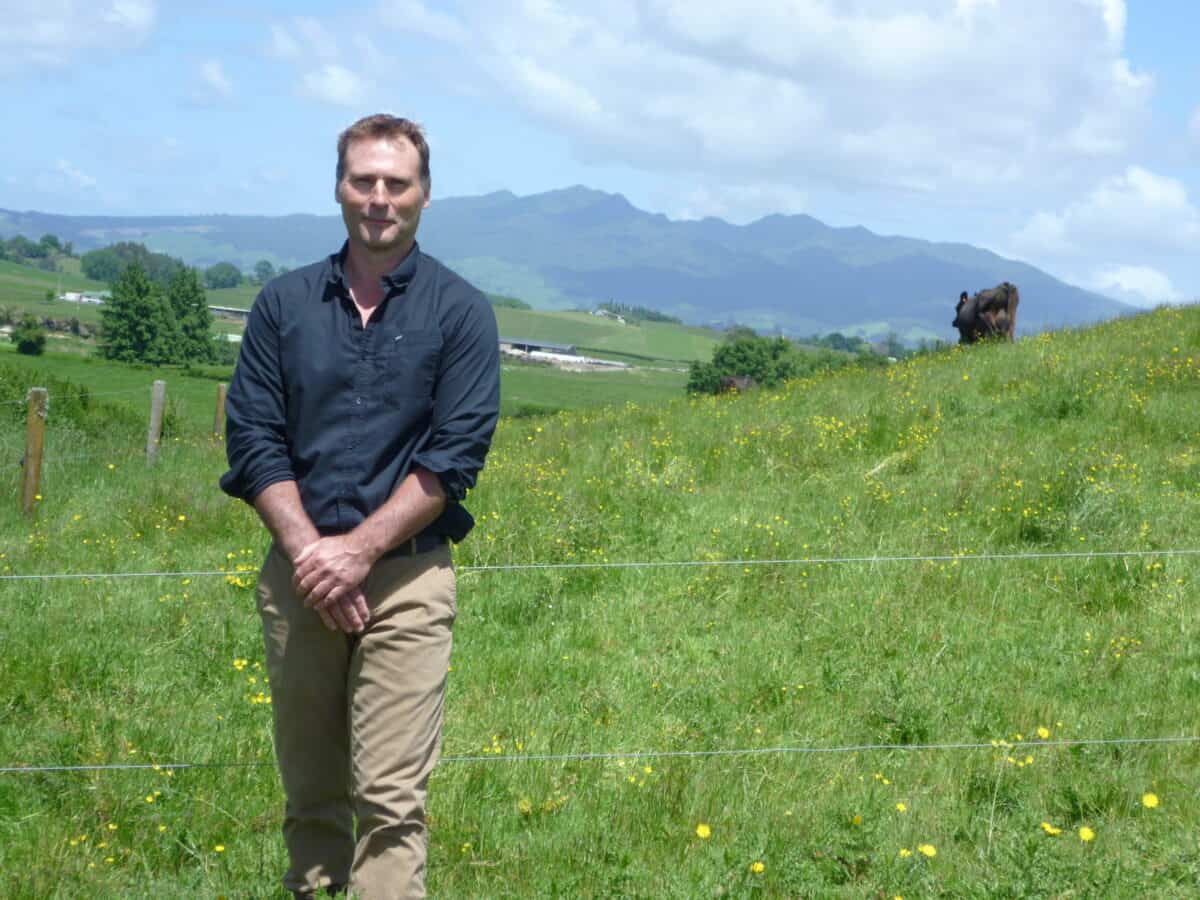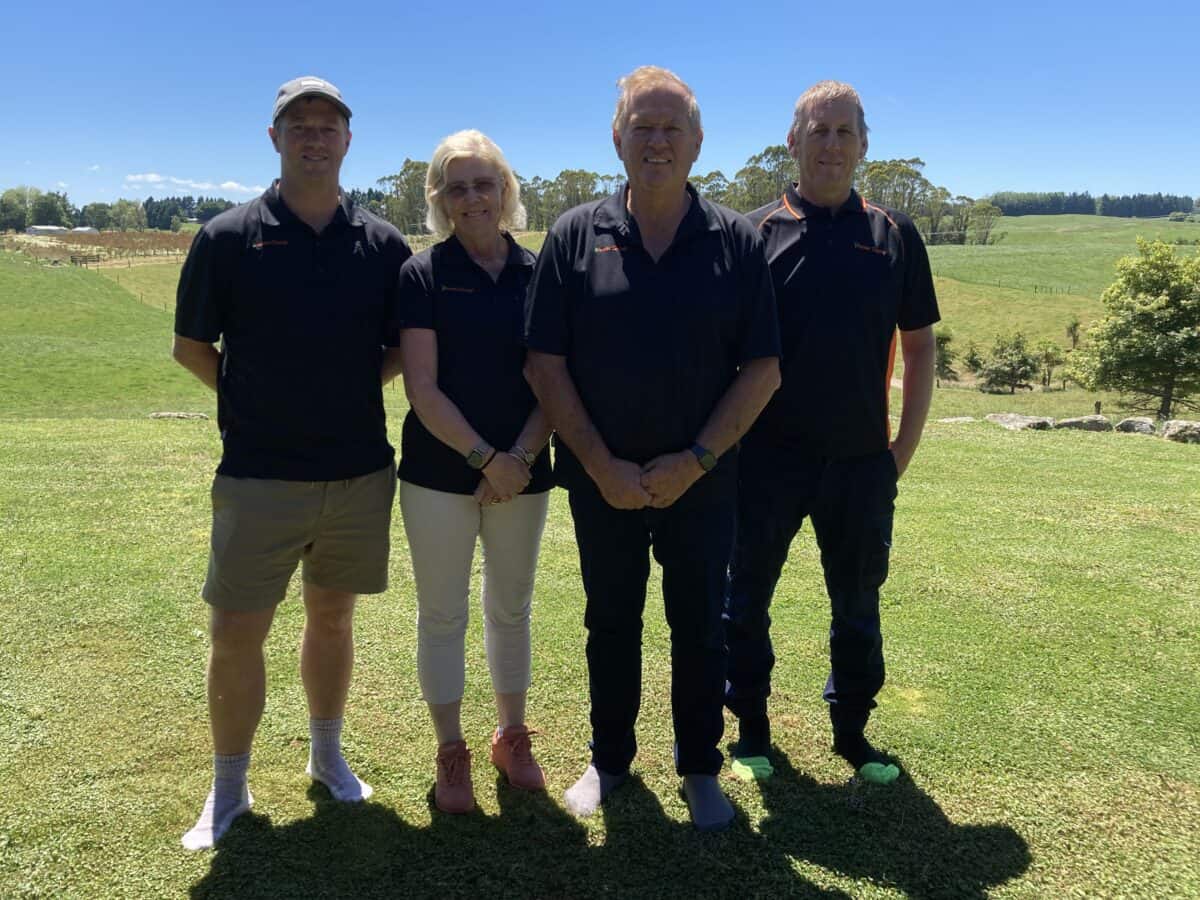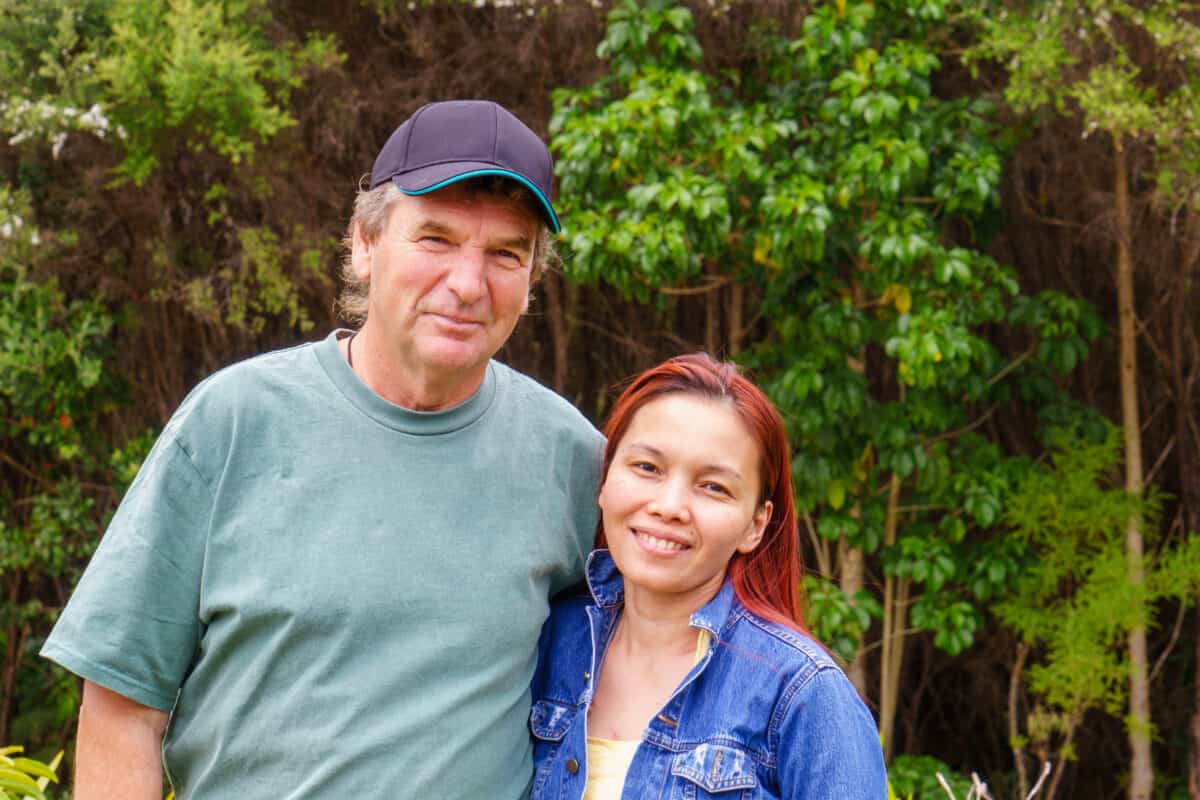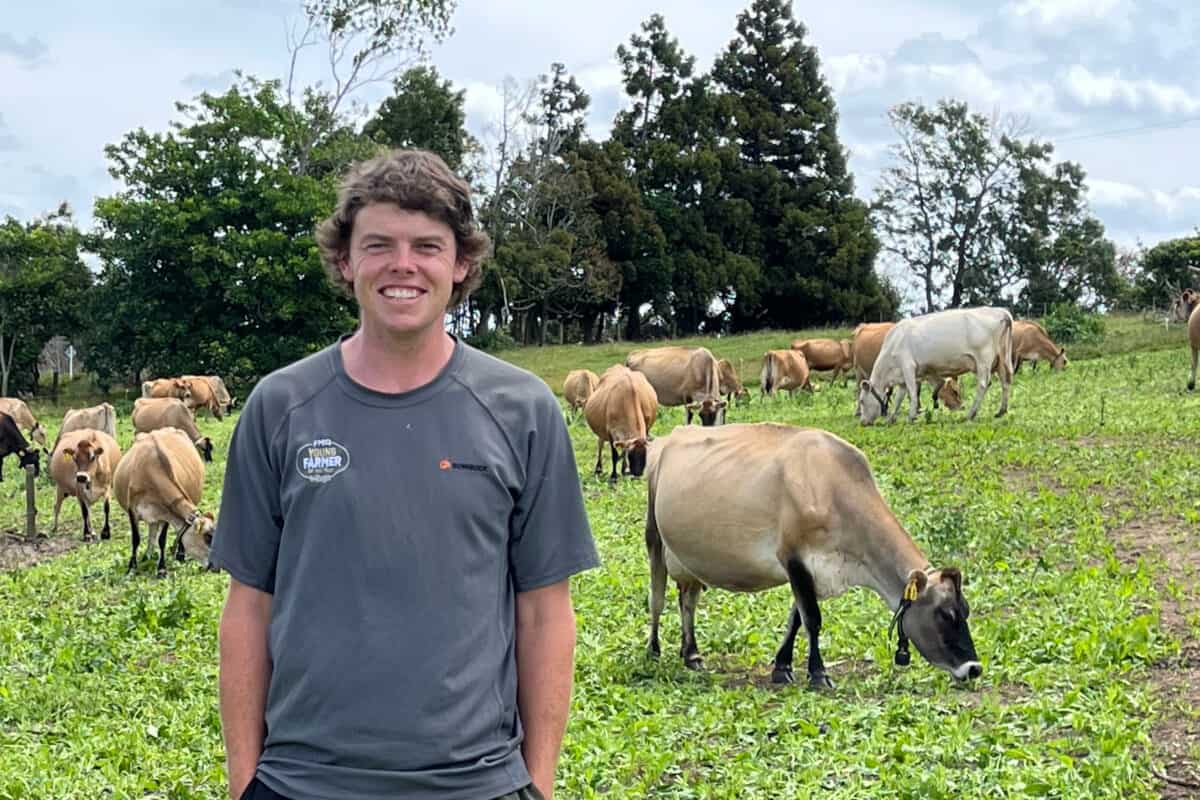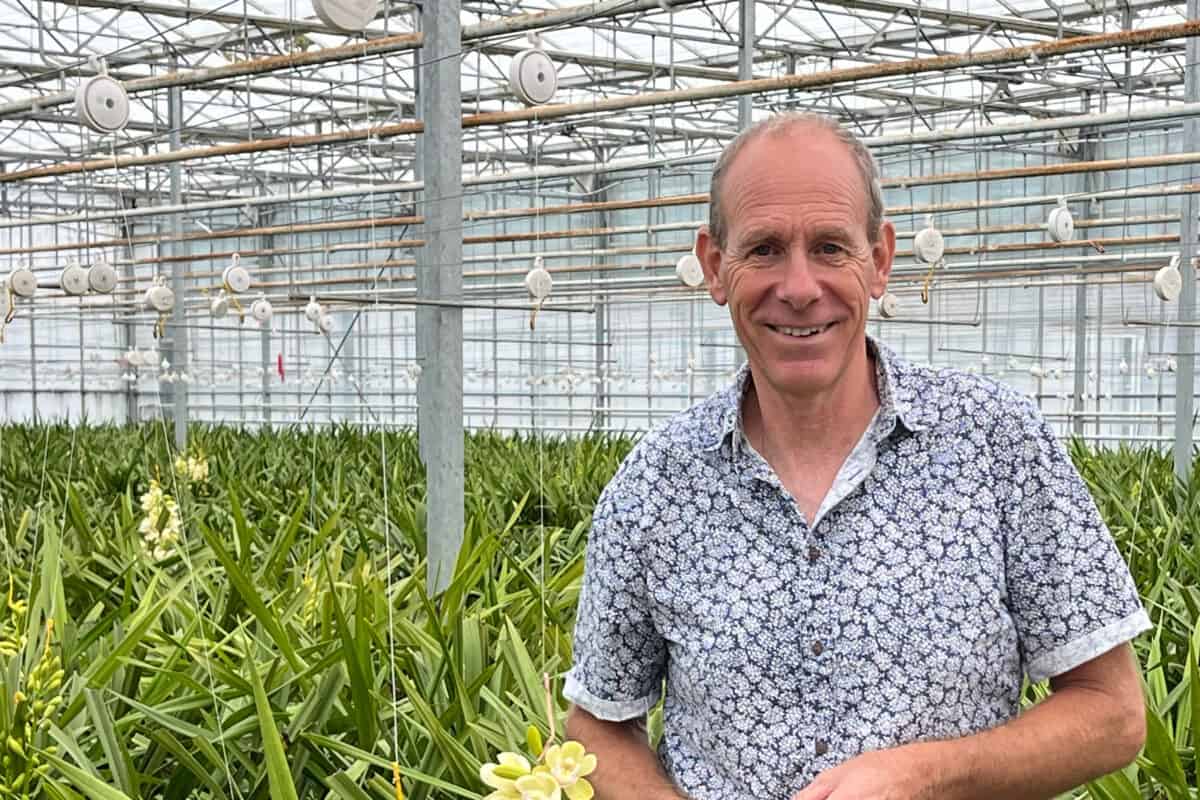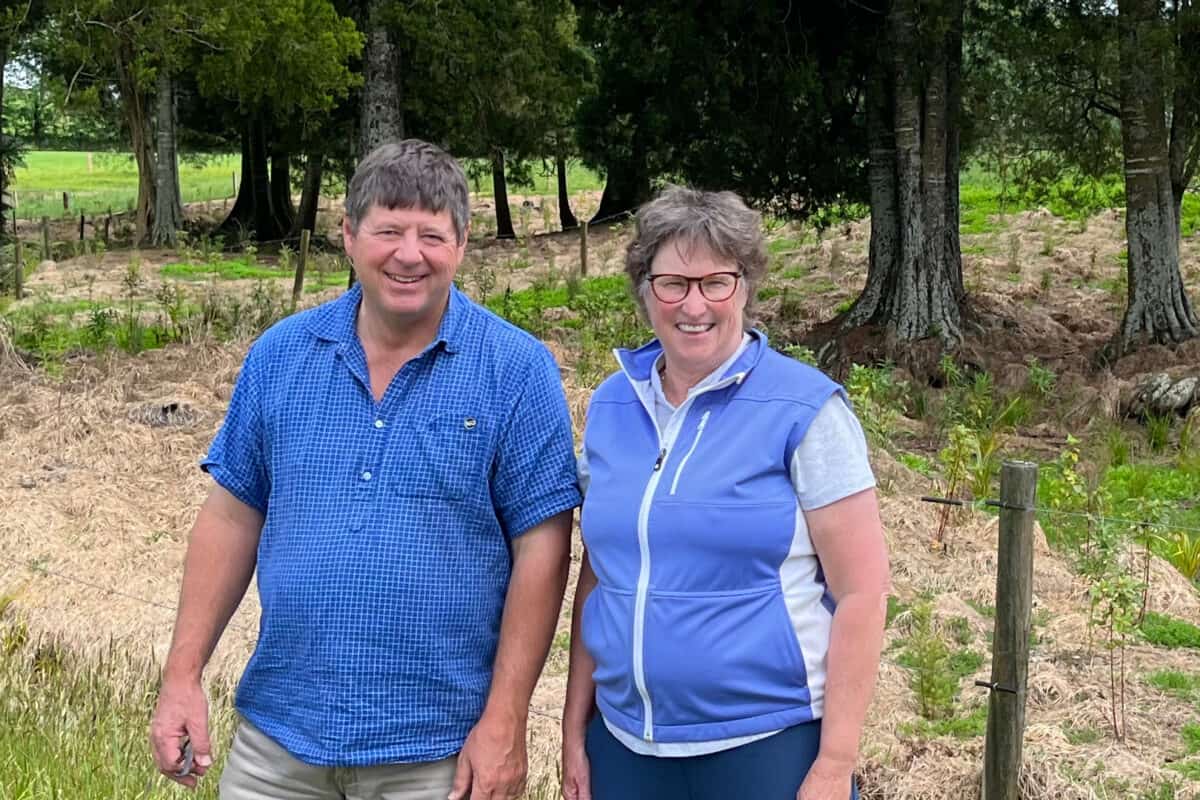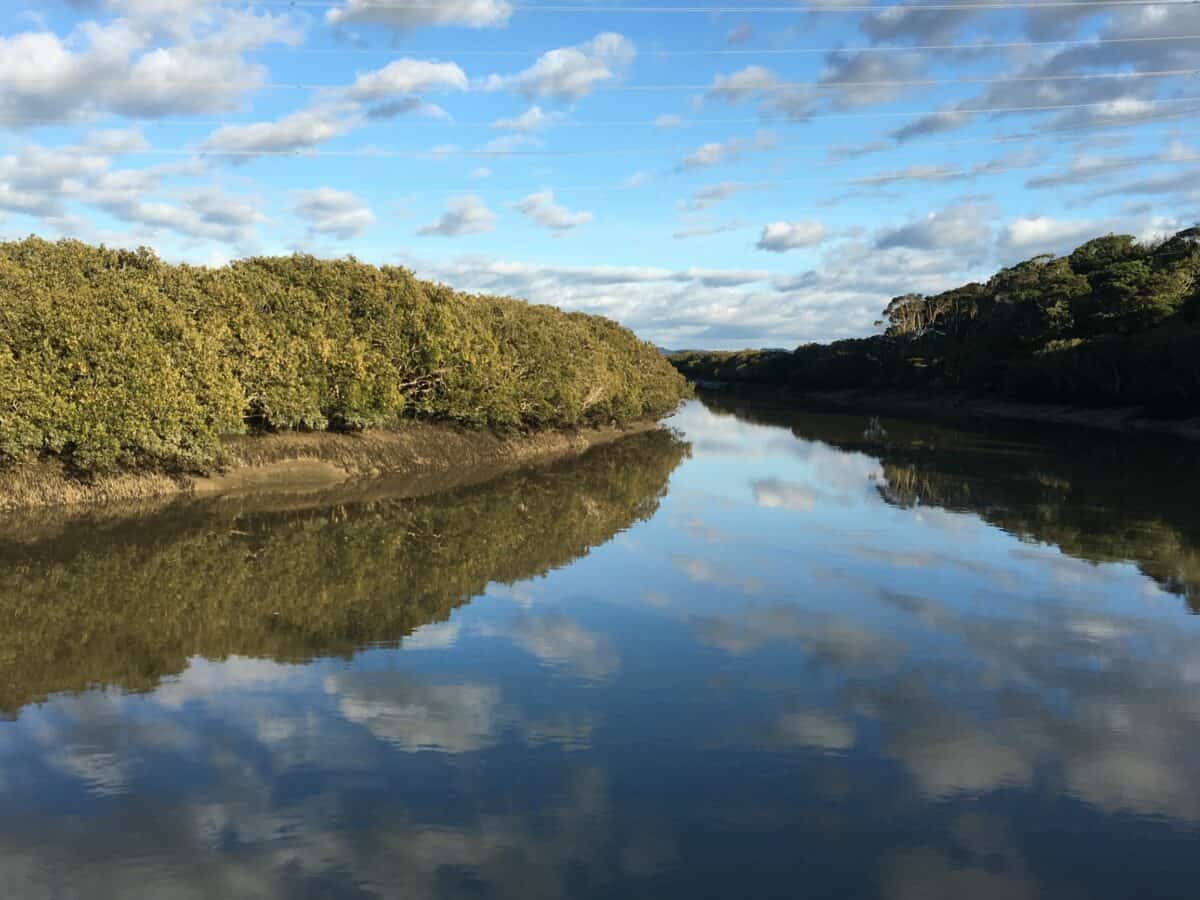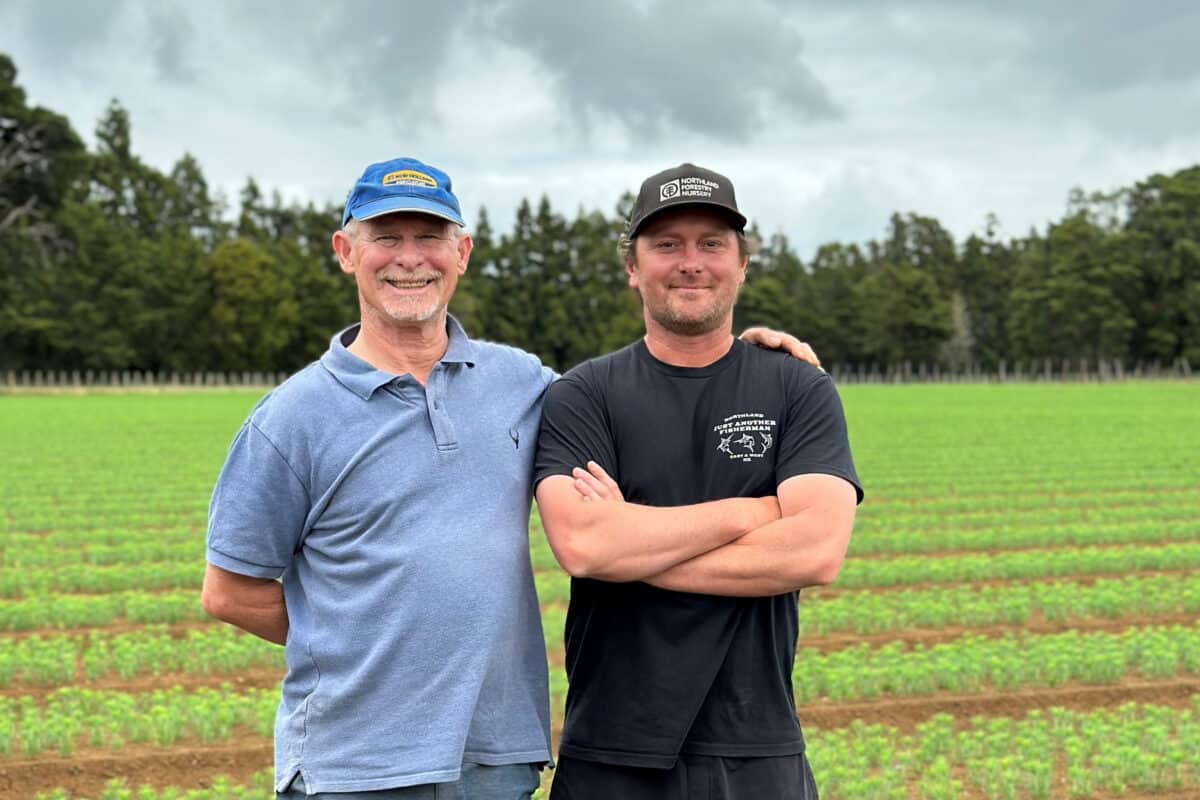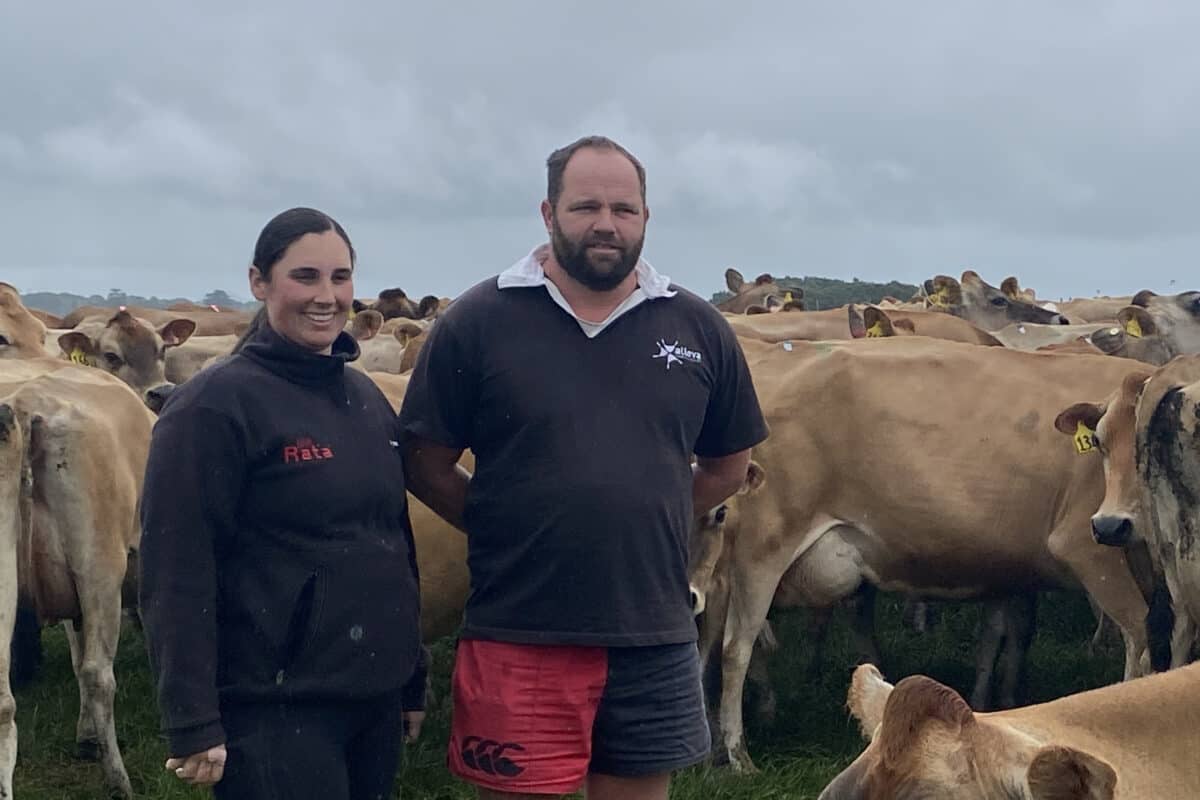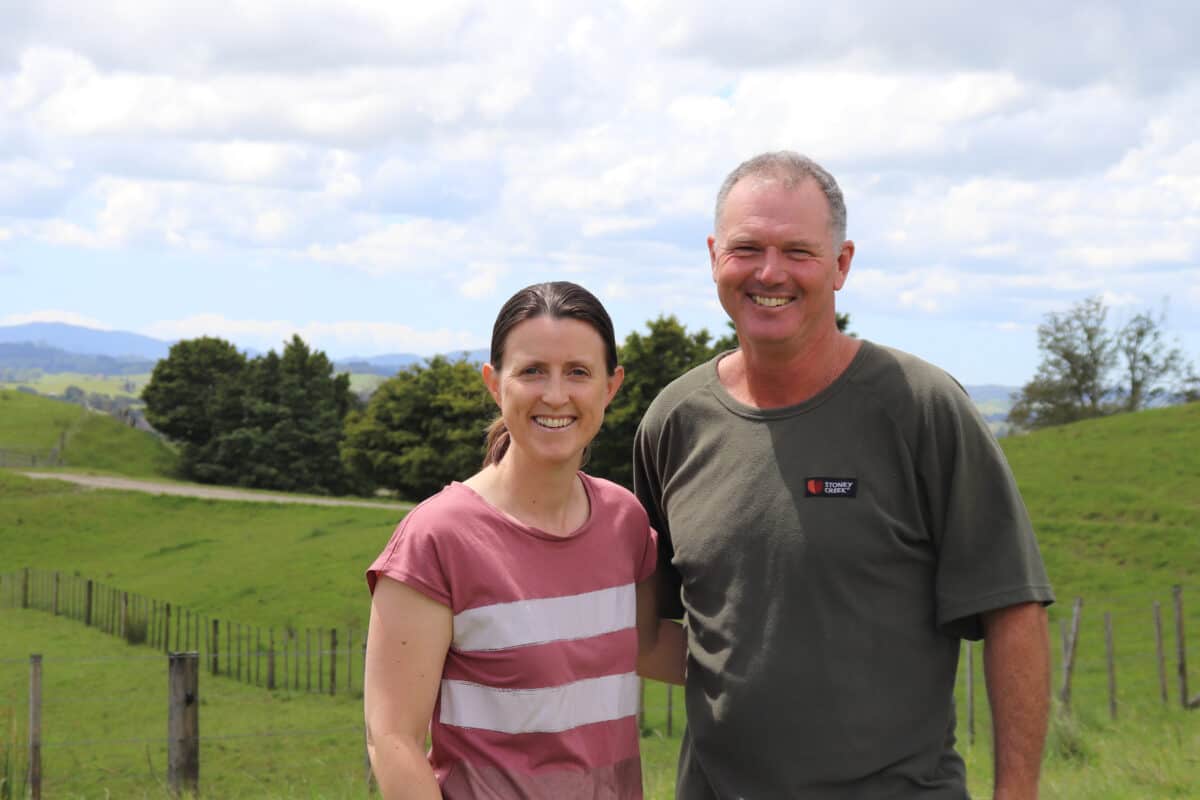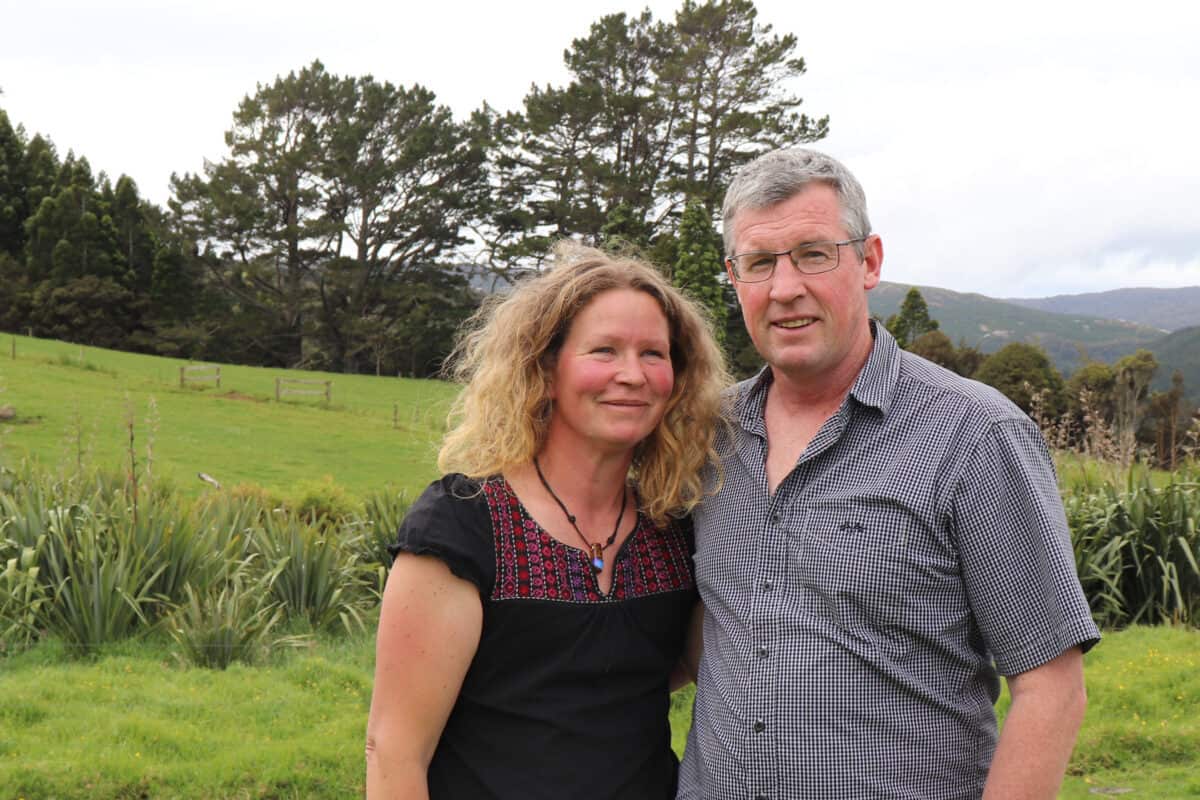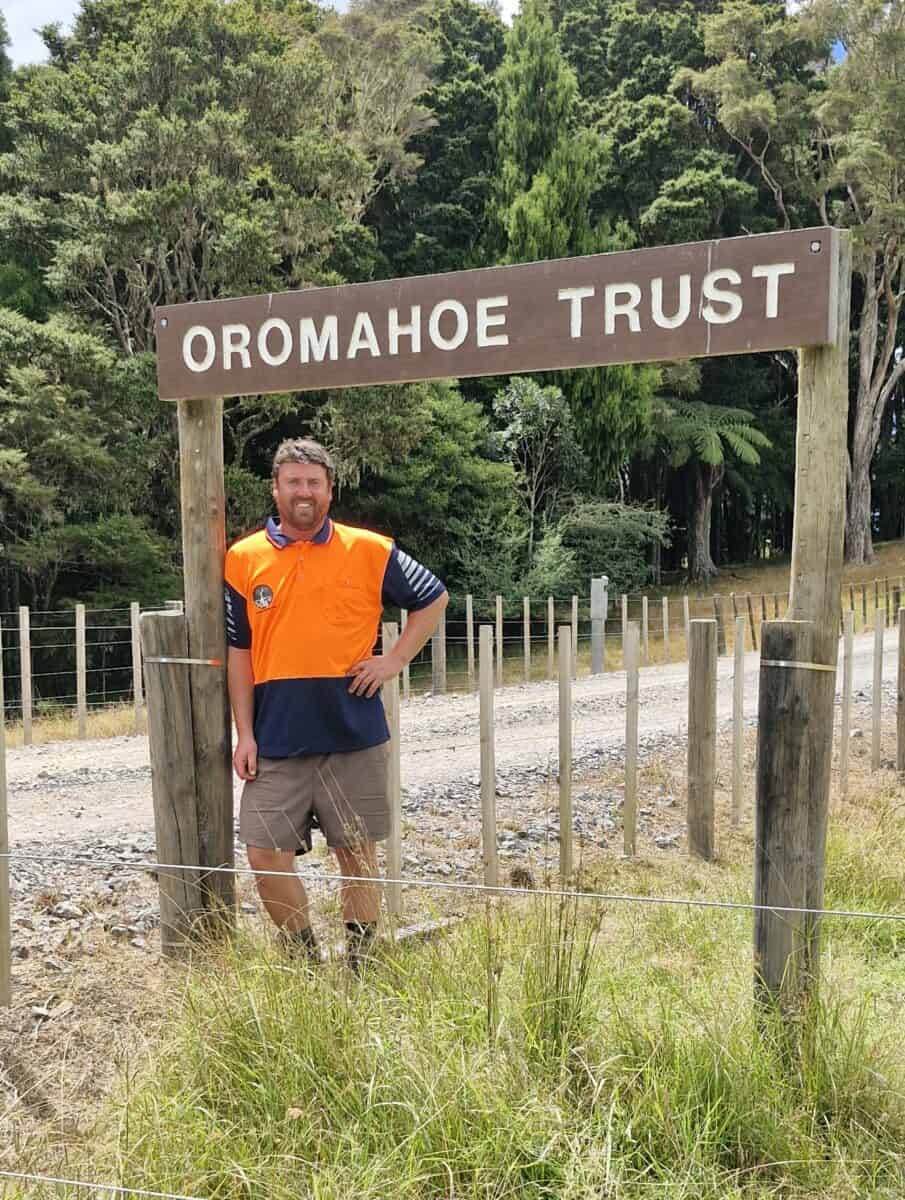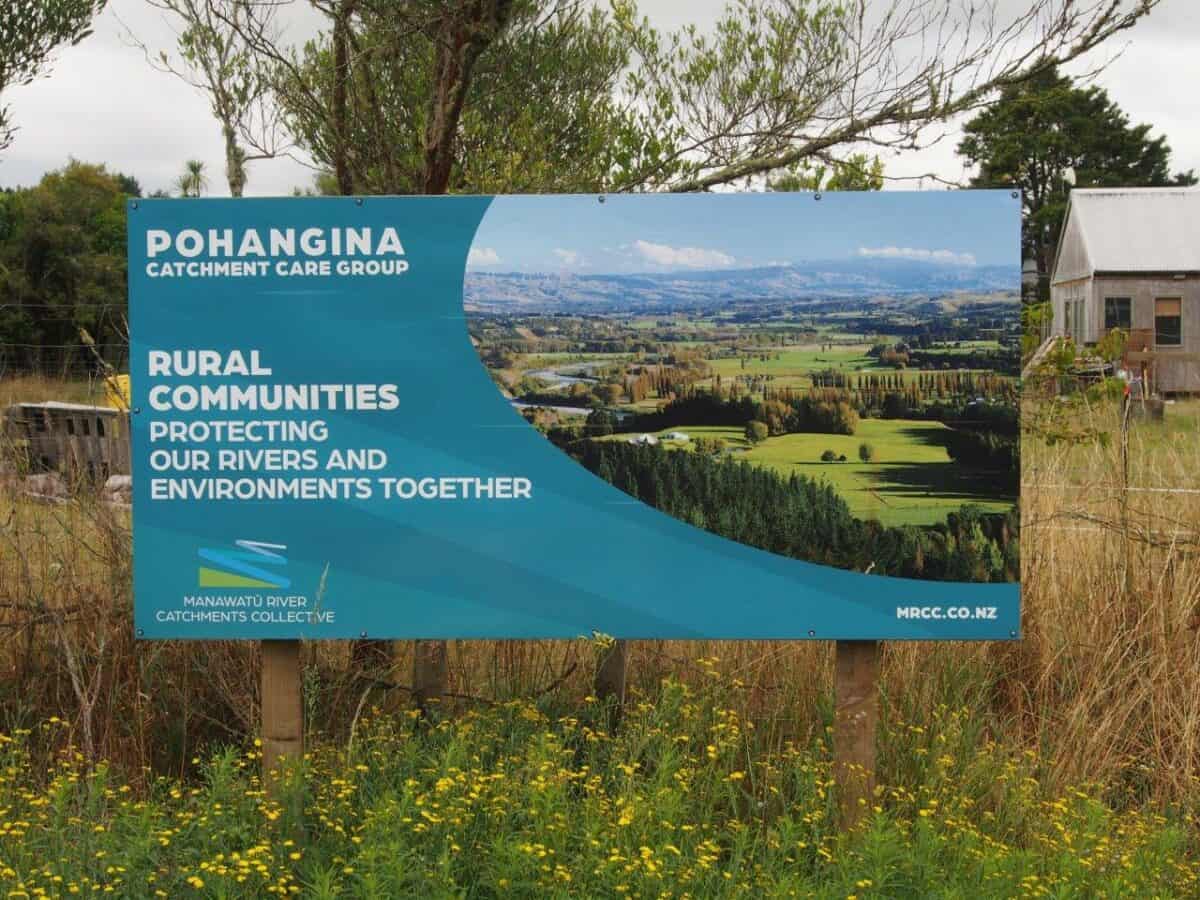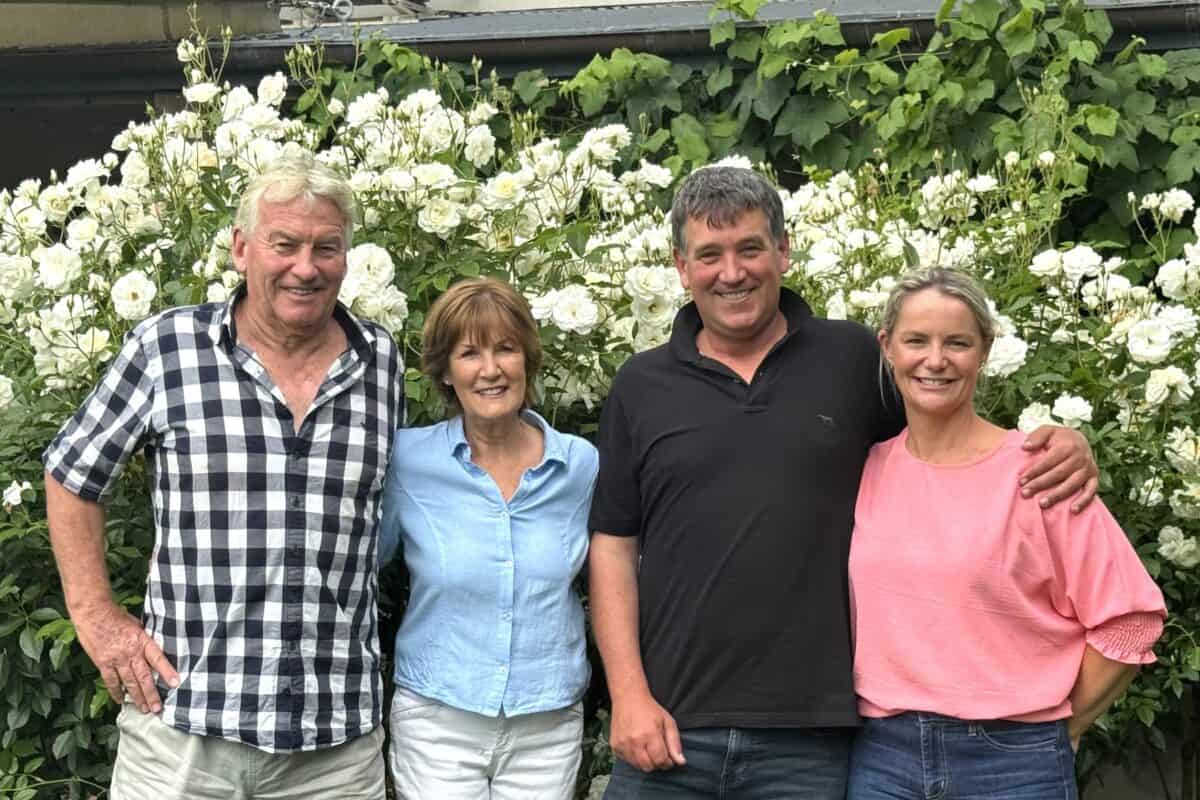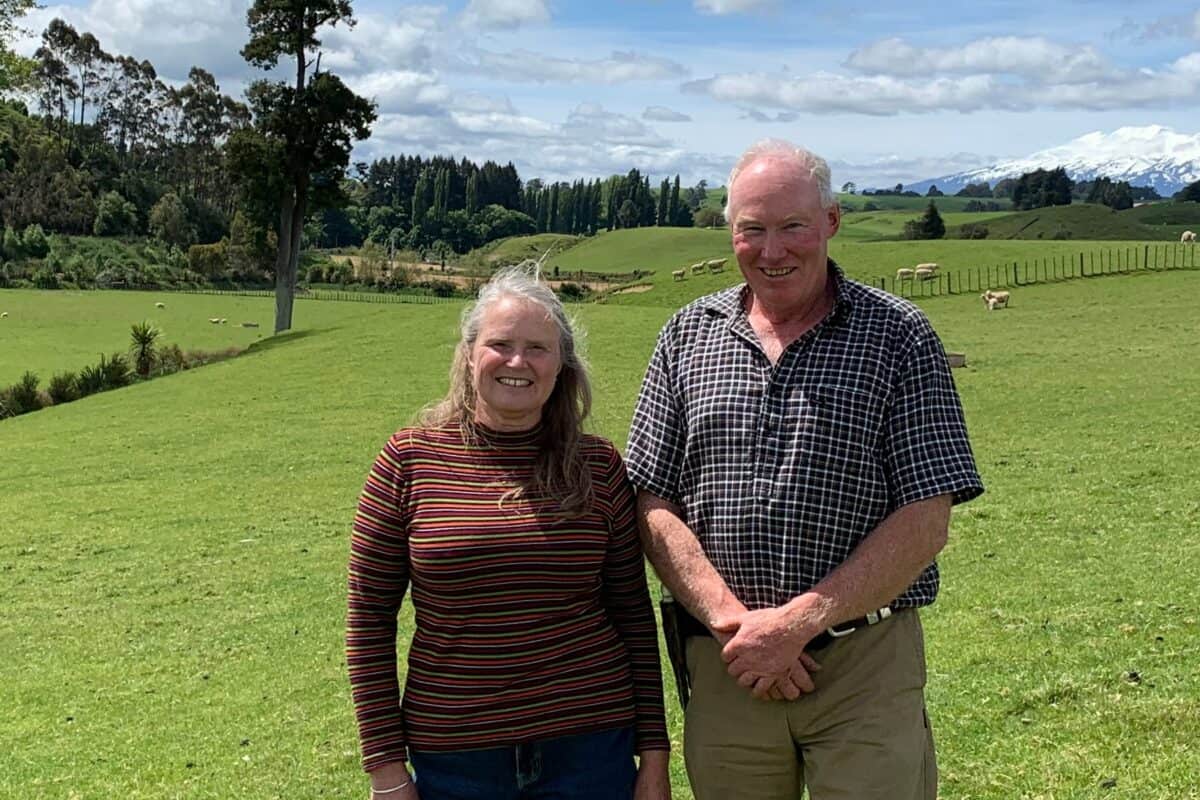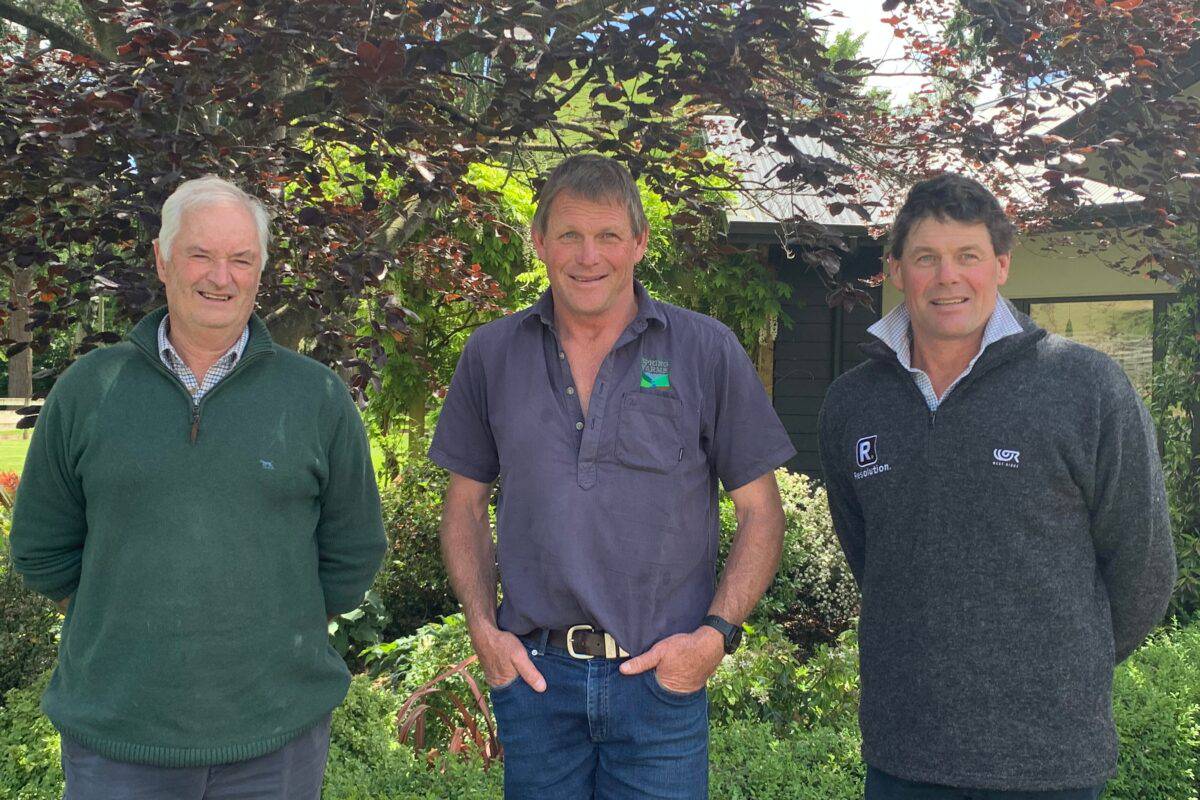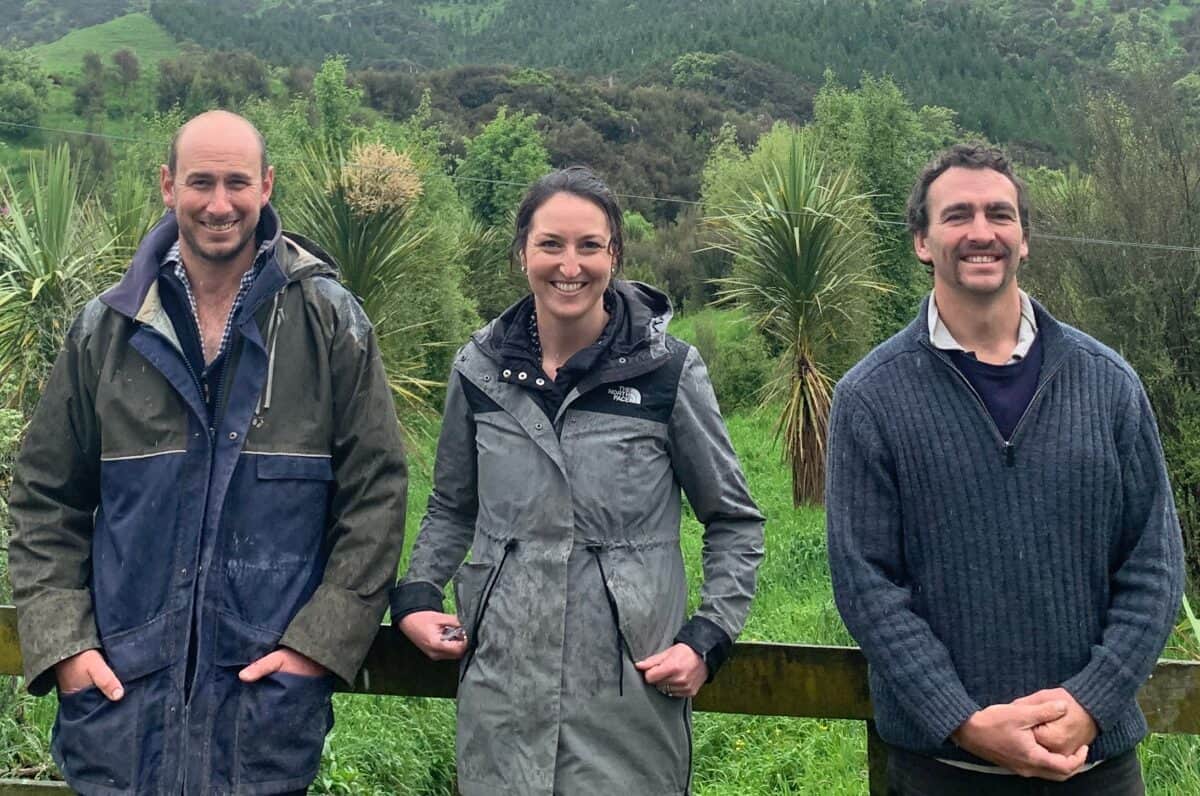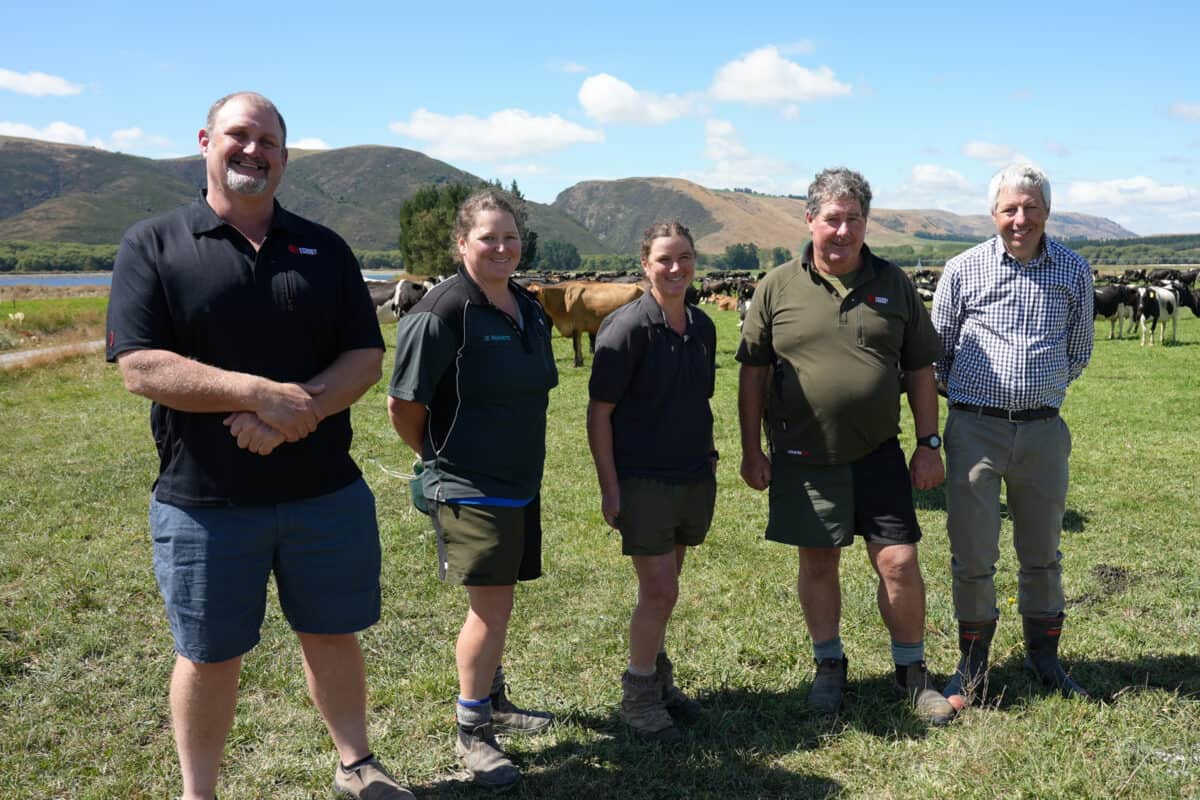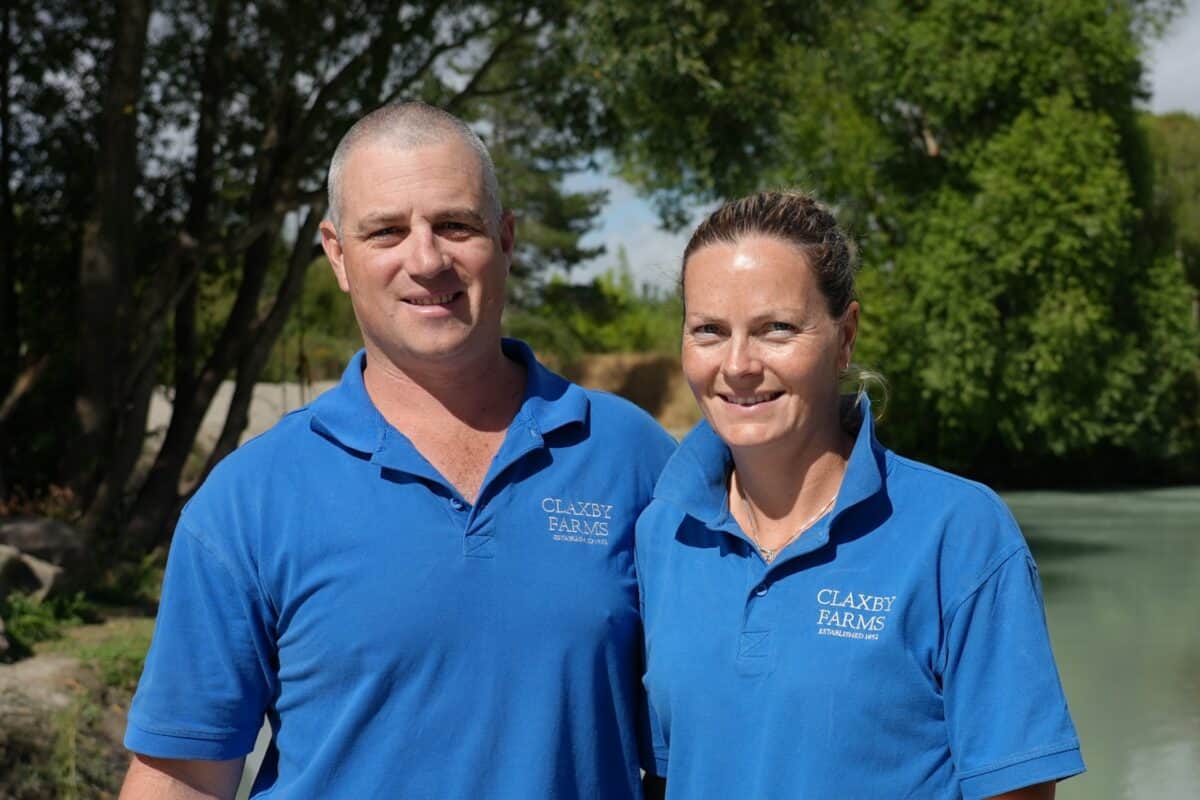Here are our wonderful 2020 entrants for the Auckland Ballance Farm Environment Awards. We congratulate them all for becoming involved in the awards programme – it’s a privilege to have learned more about their food and fibre production businesses.
Tony, Fran and Lucas Allcock, AJ and FC Allcock — Te Awamutu
Dairy
This property has been in the family for over 130 years and about five years ago a composting barn – the ‘Moo-tel’ – was built, proving successful for numerous reasons.
The Moo-tel has significantly improved cow comfort and welfare in all seasons, reduced pasture damage and lessened stress on management. Better control over the cows’ environment and feed intake resulted in the production of milk solids lifting from 400kg to nearly 600kg per cow.
Compost from the Moo-tel is spread on the property as the main fertiliser, further reducing the farm’s environmental footprint, and regular soil testing is carried out.
Native bush is encouraged to regenerate in gullies, plus a number of these areas have well-established pine forests. Willows have been planted to help control erosion and pests are actively controlled using appropriate methods.
Sarah Flavall and Douglas Nicholson, Flavall Farm — Tokoroa
Dairy
There is a strong sense of kaitiaki (stewardship) over the Flavall Farm that has been in this family for almost 100 years – one of Tokoroa’s longest connections.
The 50:50, largely self-contained sharemilking operation milks up to 300 Jersey cows, aiming to produce milk of the highest quality. The focus is on overall profitability rather than production, through prudent financial management and long-term planning.
Over the past 25 years, Sarah’s father Farquhar fenced, cleared pest plants and planted three hectares of riparian margins, with the health of the stream reflected in the presence of kōura, tuna and trout. Weeds are controlled and there is a strong focus on strategic infrastructure improvements and overall animal health.
The Flavall’s have captured past and present information for future decision-making and succession planning, and regard adapting to change as critical when protecting the farm for future generations.
Ian and Brad Hancock, Hancock Farms — Ohaupo
Dairy
Brad Hancock is a fourth-generation dairy farmer who was brought up on Hancock Farms and now runs it under an equity partnership with his father Ian.
Animal welfare is a primary consideration and stock have few health issues. As well as careful stock management, Brad attributes this to the property’s water that is exceptionally clear and high-quality.
An historic stand of native bush was fenced off in 1975 and is now deemed an area of significant ecological importance. It has been carefully protected and managed over the years, and is now frequented by native birds. The recent development of a low weir has produced a 1ha wetland that is fenced off and planted in natives. 70% of the farm’s water filters through this wetland.
Brad and his family have a strong connection to the property and view themselves as custodians, striving to continually improve its condition and profitability.
Ngaire Entwisle, Patrick English and Mike Olphert, NJ Entwisle — Te Kauwhata
Stud beef – breeding and finishing
The Entwisle family farm of 35 years is located next to the Waikato River and its owner-operators are continually improving the property.
The family runs two stud breeding operations comprised of 340 Aubrac and 400 Simmental, with a continued focus on genetic improvement. Most Simmental bulls are sold into the dairy market where gestation length is a priority for customers.
The family is proud of animal health and the farm’s diminishing environmental footprint thanks to initiatives such as fencing, pasture management and fertiliser use. About 12ha of mature native bush is fenced off on the property, with a further 1.5ha recently planted into natives. Numerous areas have been retired into production forestry and there are plenty of shade trees and shelterbelts.
Ngaire and her late husband Malcolm successfully strived to improve the quality of the land and the family is continuing to bring their visions to reality.
Mark & Felicity Brough, Paerua — Aria
Sheep & beef
Native birds have returned and water quality has improved since the Broughs took over Paerua about 20 years ago – reflecting their respect of land, animals, soil and water.
The sheep and beef breeding and store fattening farm runs about 170 weaner bulls and steer calves, and 2,150 sheep. They breed sheep replacements to help control animal health, especially eczema tolerance.
Native birds, fish and invertebrates are flourishing on the property, thanks to extensive planting around streams and ponds, and the fencing of wetlands and drains. There are plans to fence off two large blocks of mature native bush, and two large dams with wetland areas have been created. Poplar poles control erosion, almost all paddocks have water troughs and beehives encourage clover growth.
As they strive to be successful and profitable environmental farmers, the Broughs are very focused on preserving the precious resources that make farming possible: soil and water.
Mark & Felicity are 2020 finalists – read more
Adam & Linda Thompson, Pukemako Farm — Cambridge
Beef finishing
New farmers Adam and Linda Thompson turned dreams into reality when they started farming Pukemako in 2019 and they’ve already improved the farm’s productivity and biodiversity.
They run about 100 cattle on the beef finishing property and are aiming to establish a financially sustainable speckle park breeding herd that produces delicious beef in a beautiful environment.
Since taking over, the Thompson’s have improved the farm’s productivity and taken numerous steps to protect its native bush, biodiversity, and waterways. They have started fencing off a large native bush block and are controlling pests within and around it. Access tracks have been developed across the farm, paddocks have been sub-divided to be more manageable, and water troughs and water reticulation have been installed.
The Thompsons have a strong vision for the future that will continue their transformation of the farm while producing a steady income and reducing debt.
Damien Watson and Joan Barendsen, Renown – Landcorp Farming Pāmu — Reporoa
Dairy
Significant investment in innovation and sustainability is going into this Landcorp-owned property that is part of a wider dairy farming group.
A dairy farm since 2006, Renown features significant infrastructure – including a rotary dairy, monitored effluent systems and large calf-rearing facilities. It has sophisticated animal health, fertiliser and effluent management systems, and river water is pumped to the farm and reticulated to all paddocks.
Managers Damien and Joan strive hard to ensure Renown performs to its full potential, with beautification and environment equally important to farm performance and profitability. River margins and drains have been planted, along with a significant number of exotic trees. Large riparian buffers contain pockets of existing native vegetation and the farm features a wetland.
Renown has become a top performer in many aspects of pastural farming – from cow and grass, to people, culture, safety and environment.
Damien & Joan are 2020 finalists – read more
Jamie & Julia Lyons, Te Kainga Farms — Mangatawhiri
Dairy
This multi-faceted business that incorporates dairy, sheep and beef has been in the family for more than 150 years, with Jamie leading farming operations since 2005.
Enhancing the environment is a key goal, along with maintaining a profitable and sustainable business, and encouraging business diversity. Along with dairy, the Lyons breed and finish sheep, finish beef, rear calves, and grow maize and summer crops.
Numerous environmental projects have been undertaken, including extensive stream fencing and replacing a ford with a bridge – the last link in excluding stock from waterways. About 9ha of virgin native bush is protected by QEII National Trust covenants, and wetland gullies have been fenced and planted. The farm has extensive riparian planting, active pest control, and erosion is being managed through planting poplars.
The family remains focused on protecting the land and retaining ownership for the next generation.
Chris Irons and Debra Hastie, Te Waitere View — Te Kuiti
Sheep & beef breeding and finishing
Te Waitere View is two farms that were merged in 2016, five years after Chris and Debra bought into one of the properties, with them now sole owner-operators.
The sheep and beef farm aims to produce high-quality produce while respecting the environment and is getting good results through strategic partnerships with like-minded meat companies and careful breeding. The certified farm is audited every 15 months for such things as drenching, its farm plan and dog worming.
Located at the head of their catchment, the farmers are working hard to enhance water quality and most paddocks have water troughs. There is a mix of native scrub in most gullies and they actively control pests.
Chris and Debra are aiming to develop the land, so it provides a good business opportunity for the next generation.
Chris & Debra are 2020 finalists – read more
Bryan Frederick and Stu Morgan, Waikeria Prison Farm — Te Awamutu
Dairy
Owned by the Department of Corrections, Waikeria Prison Farm is striving to become a self-sustaining dairy training farm that operates a class-leading once-a-day milking system.
It trains about 30 prisoners daily, offering them recognised industry qualifications in a commercial-scale operation – enhancing employment opportunities on release.
Almost 200,000 riparian, wetland and woodland plants have been put in, including thousands of natives. Pest plants and animals are actively managed and biosecurity controls are implemented across the essentially ‘closed’ farming operation. There’s a strong focus on improving animal health and all feed is grown on the property.
Enhancing the surrounding environment is a critical part of a new 600-person facility that’s being built, with the project including such things as enhancing wetland and riparian areas, improving water quality and habitats.
The managers are committed to building environmentally sustainable farming practices that better balance the needs of the land, animals and staff.
Bryan & Stu are 2020 finalists – read more
Tim & Rach Phillips, Waipa Meadow — Otorohanga
Dairy
Creative thinking and hard work on this property has enabled the owner-operators to make some big improvements without the big price tag.
Tim and Rach Phillips have worked together to overcome difficult challenges on the property that runs 280 cows, with most of the day-to-day management done by a contract milker. A unique hurdle was reducing the large amount of groundwater flowing into an underpass. The groundwater is now kept fully separate from underpass effluent and is pumped to waste.
The property has a 1ha stand of native kahikatea that are protected by a QEII National Trust Covenant, along with 1.5km of native riparian plantings, beehives and possum trapping. They take a creative approach to managing fertiliser – recently applying 200 tonnes of goat manure.
The Phillips family regards land ownership as a privilege and as current owners they see themselves as stewards of its present and future.
Tim & Rach are 2020 finalist – read more
Vernon & Rosalie Hunt, Westgate Farm — Te Awamutu
Dairy
The Hunts are fifth-generation famers on this family-run property, and they treasure the land because they know how much has gone into it – physically and financially.
They took over as share-milkers in 1993 and bought Westgate about 20 years later. Animal welfare, the environment and sustainability are key focuses and they’re exploring innovative ways of being more productive or efficient without intensifying. The Hunts make changes to the land in response to new technologies and farming methods, and want to create a place where animals thrive, where nothing is run in isolation and soil health is improved.
Numerous trees have been planted for shelter, erosion-control and to attract native birds, a computing system helps to keep a close eye on animal health, and plant and animal pests are managed.
As caretakers of the land for future generations, the Hunts are striving to create a rich and diverse ecosystem.
Enter the Ballance Farm Environment Awards
